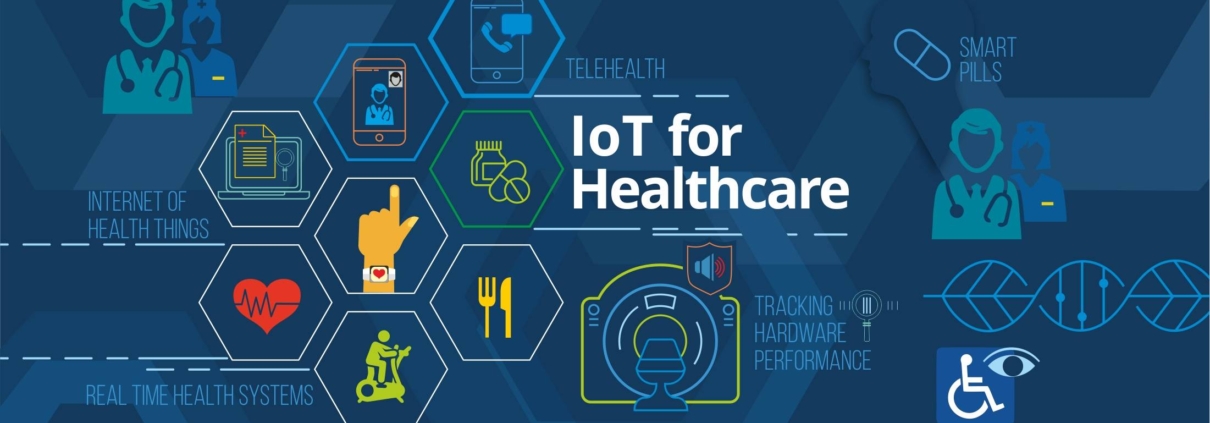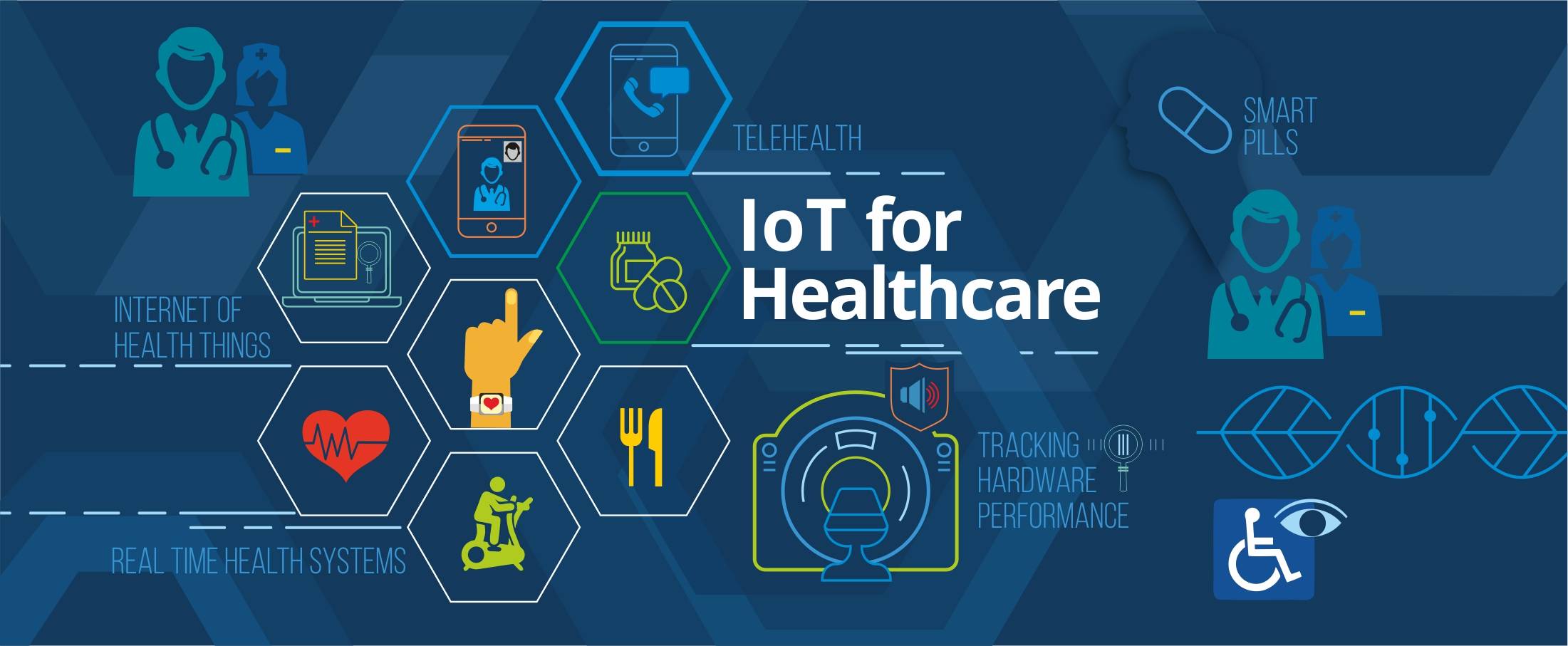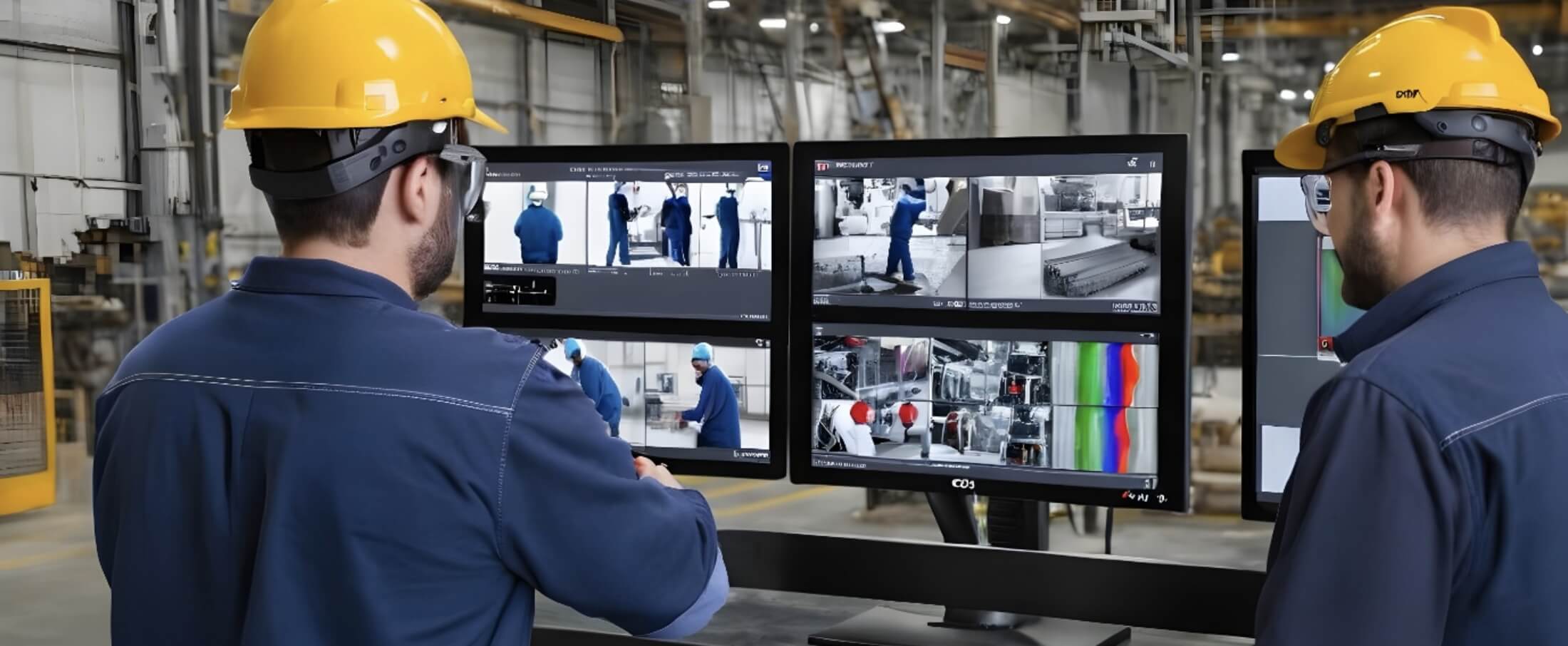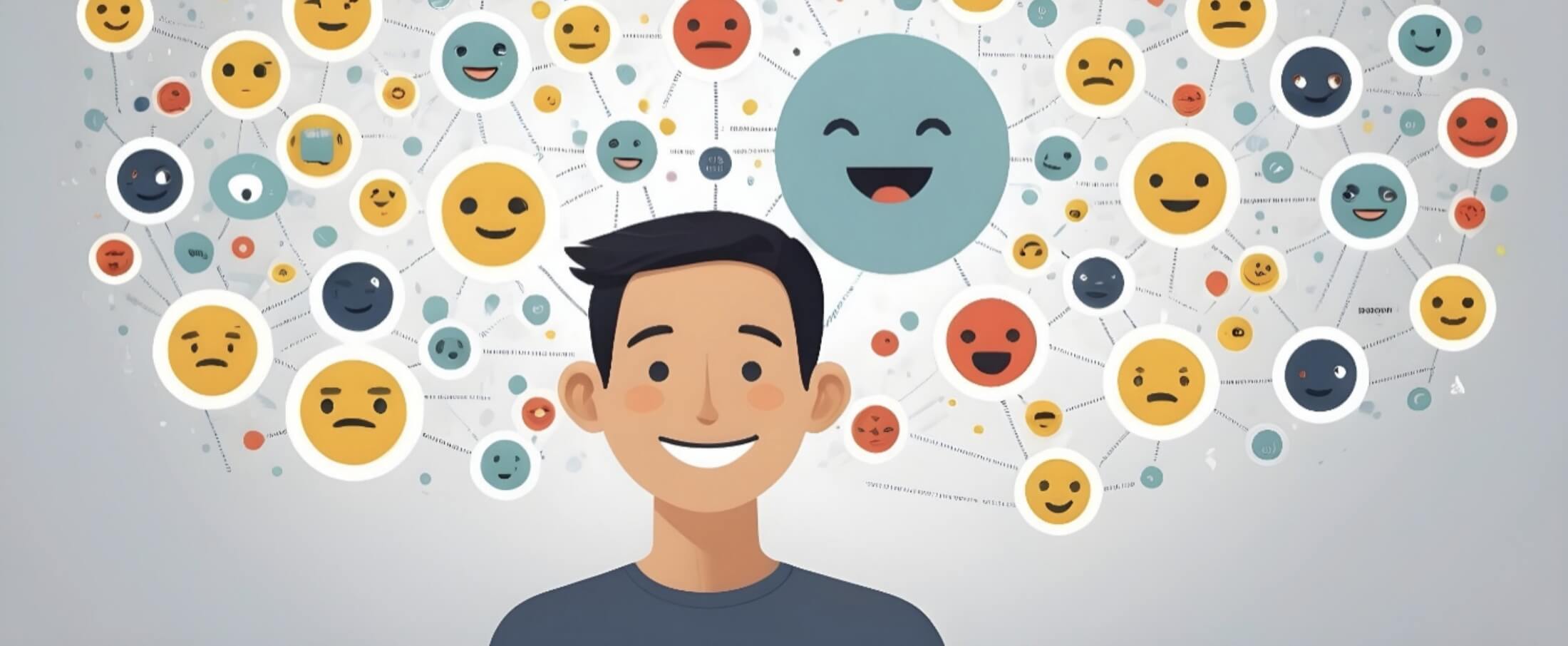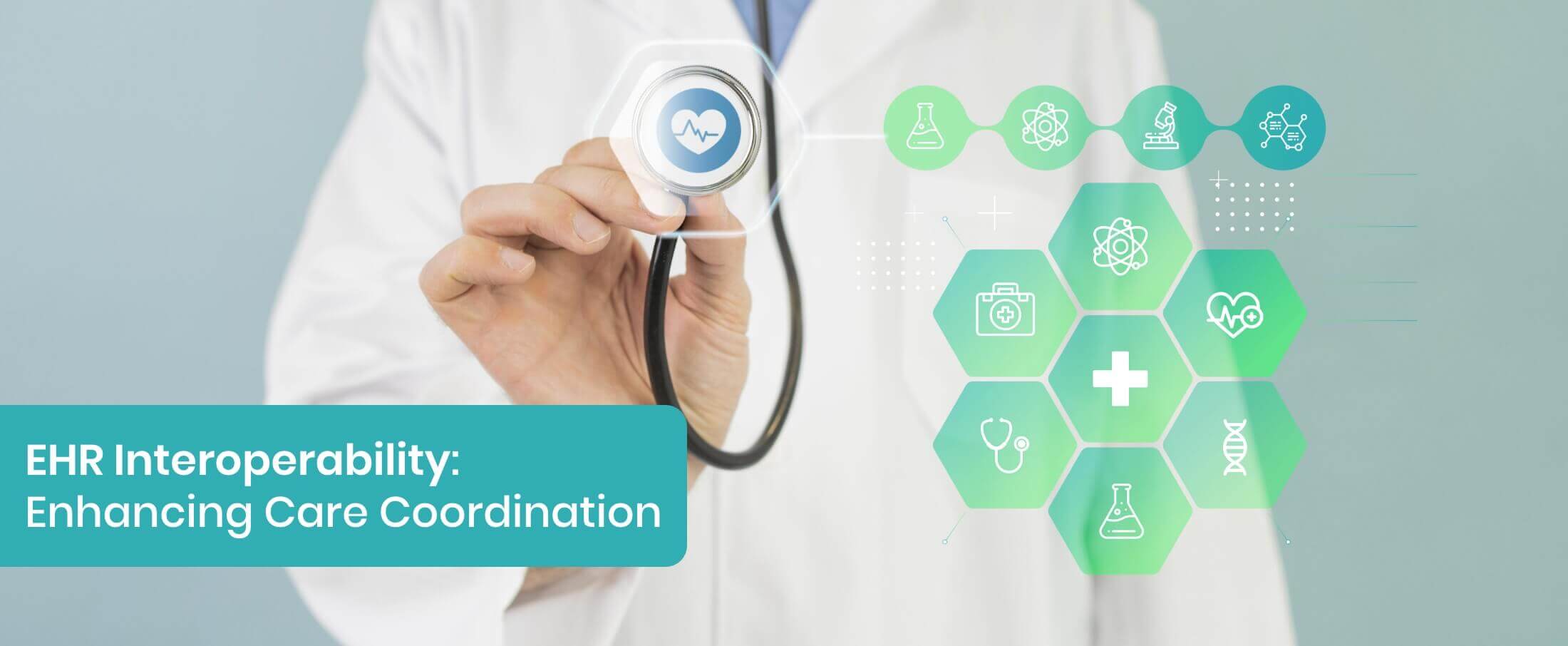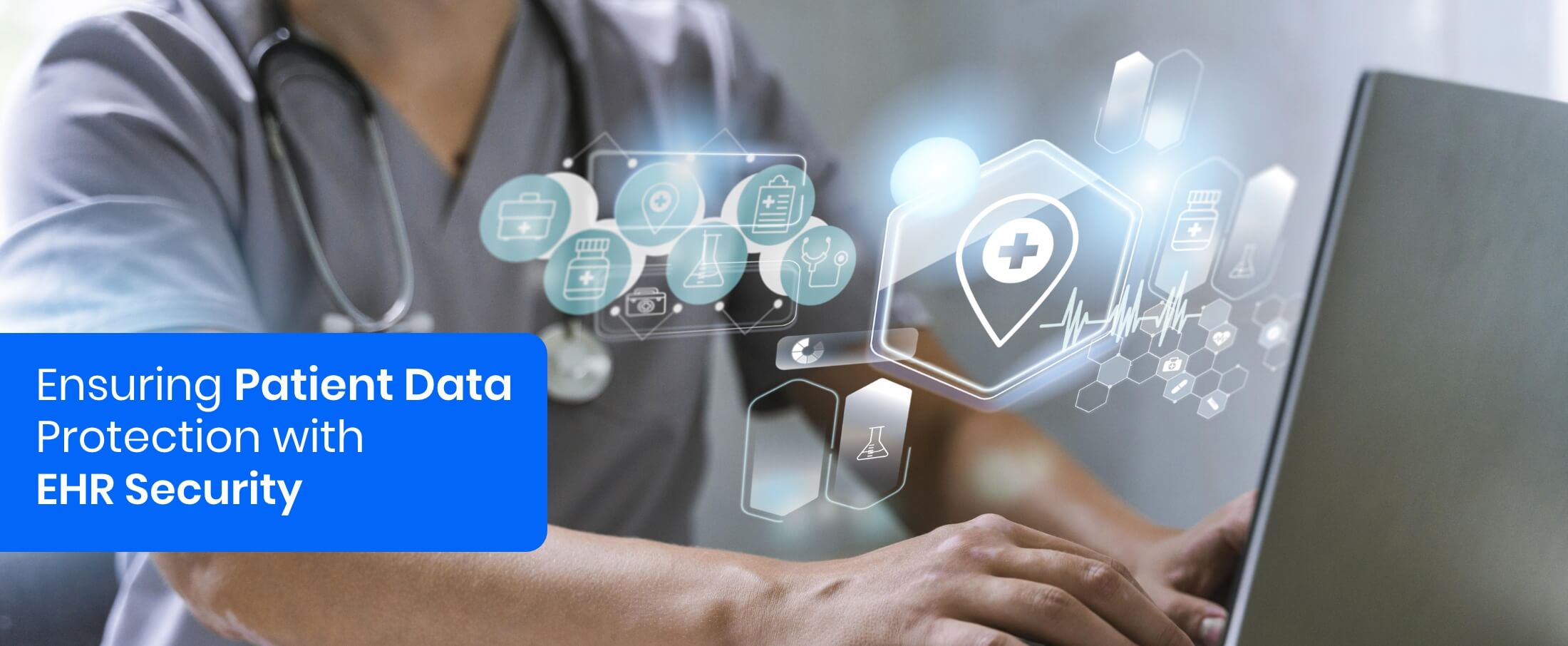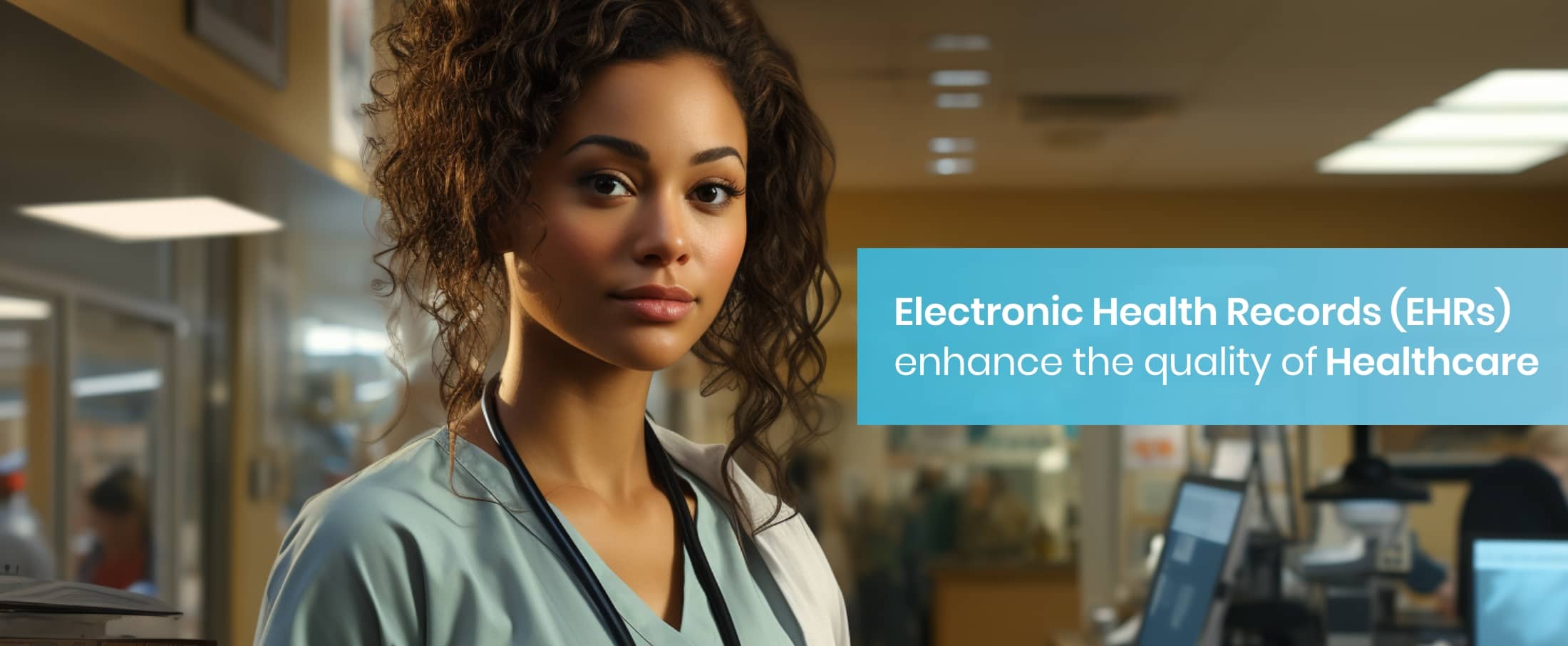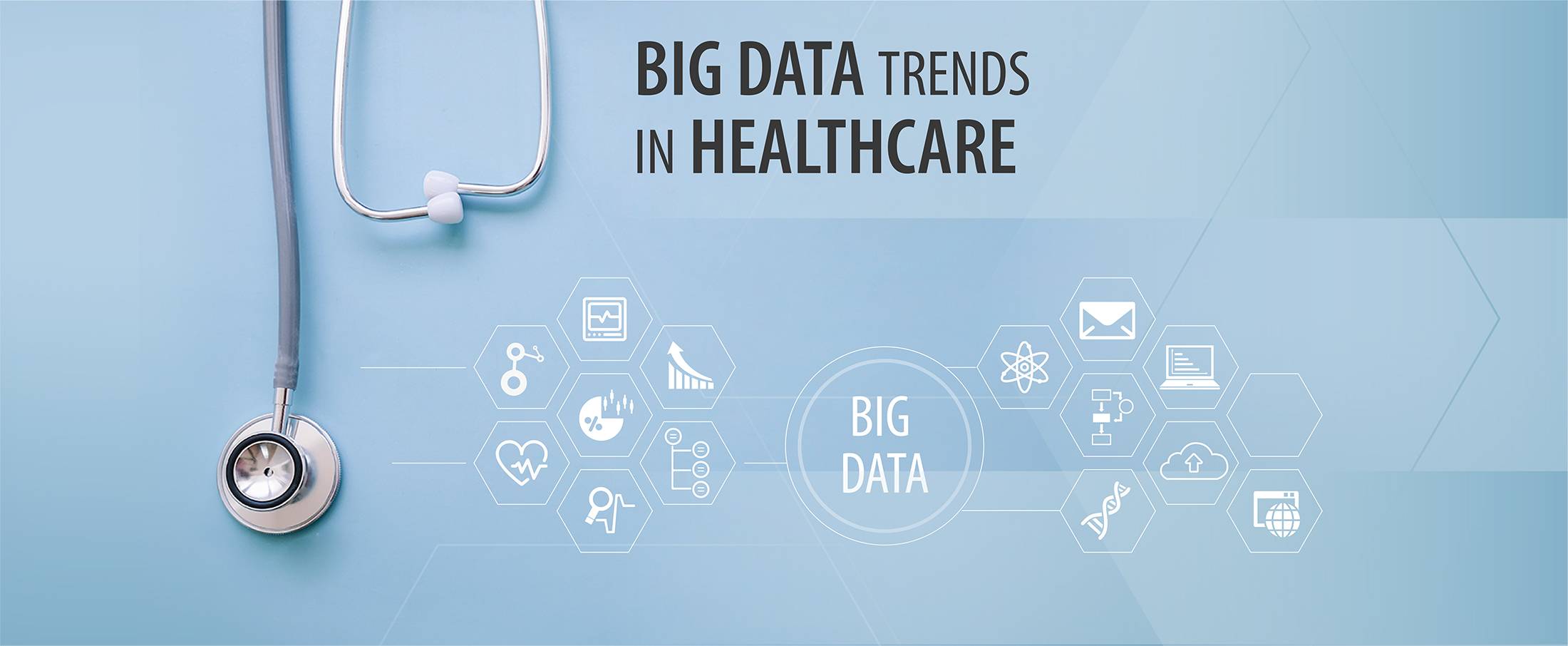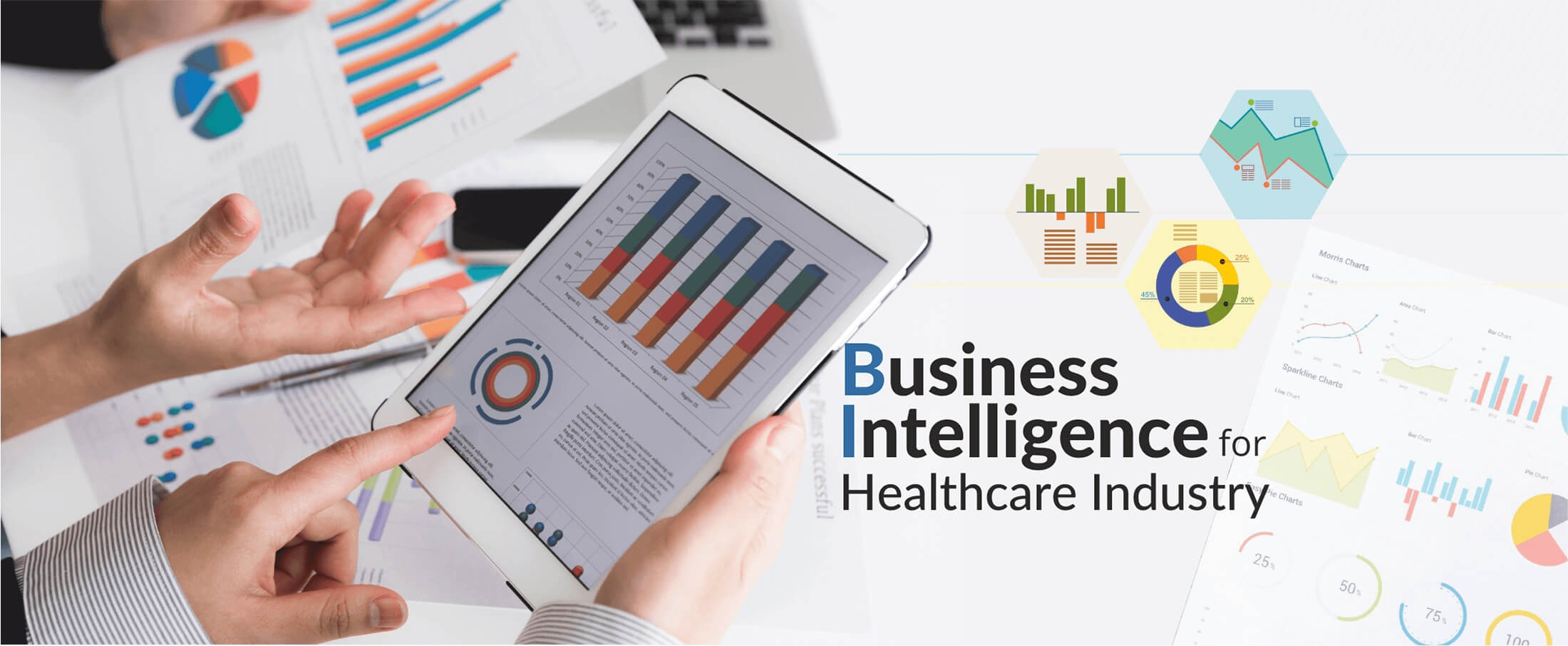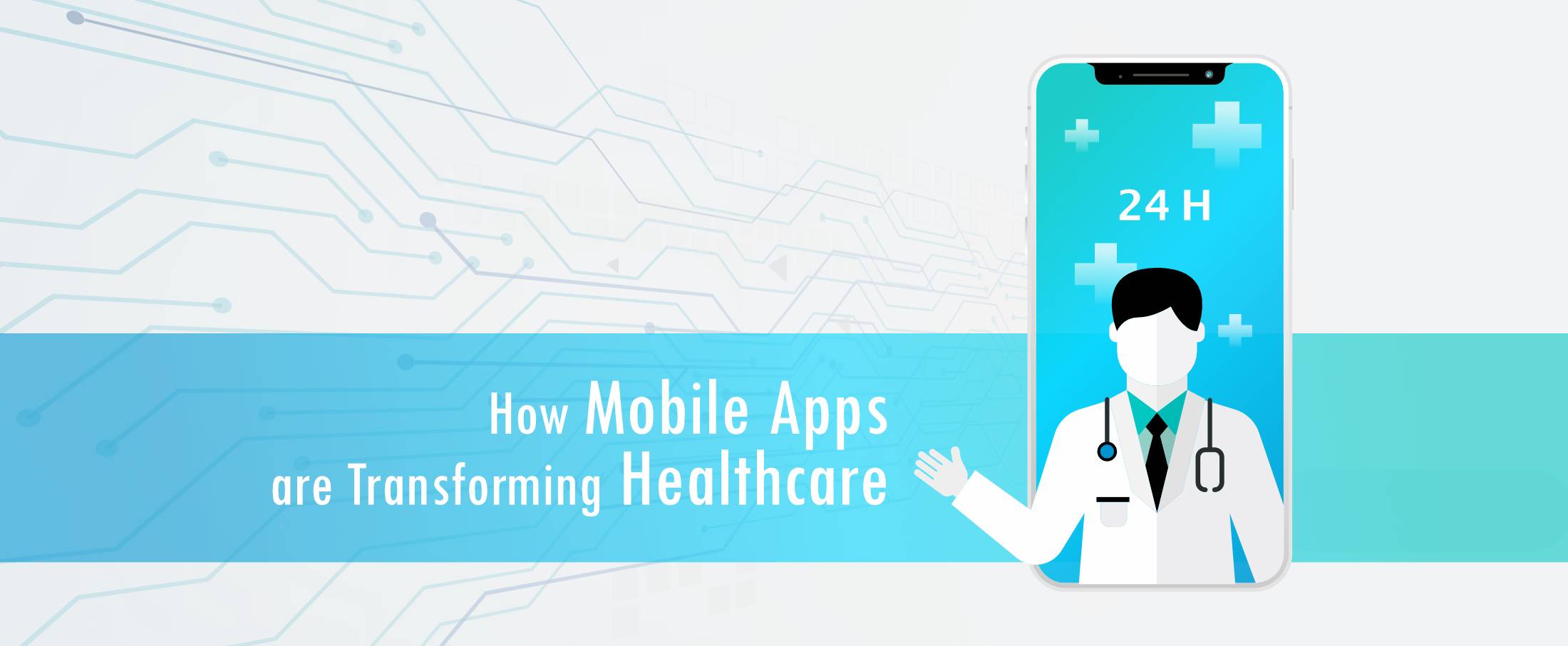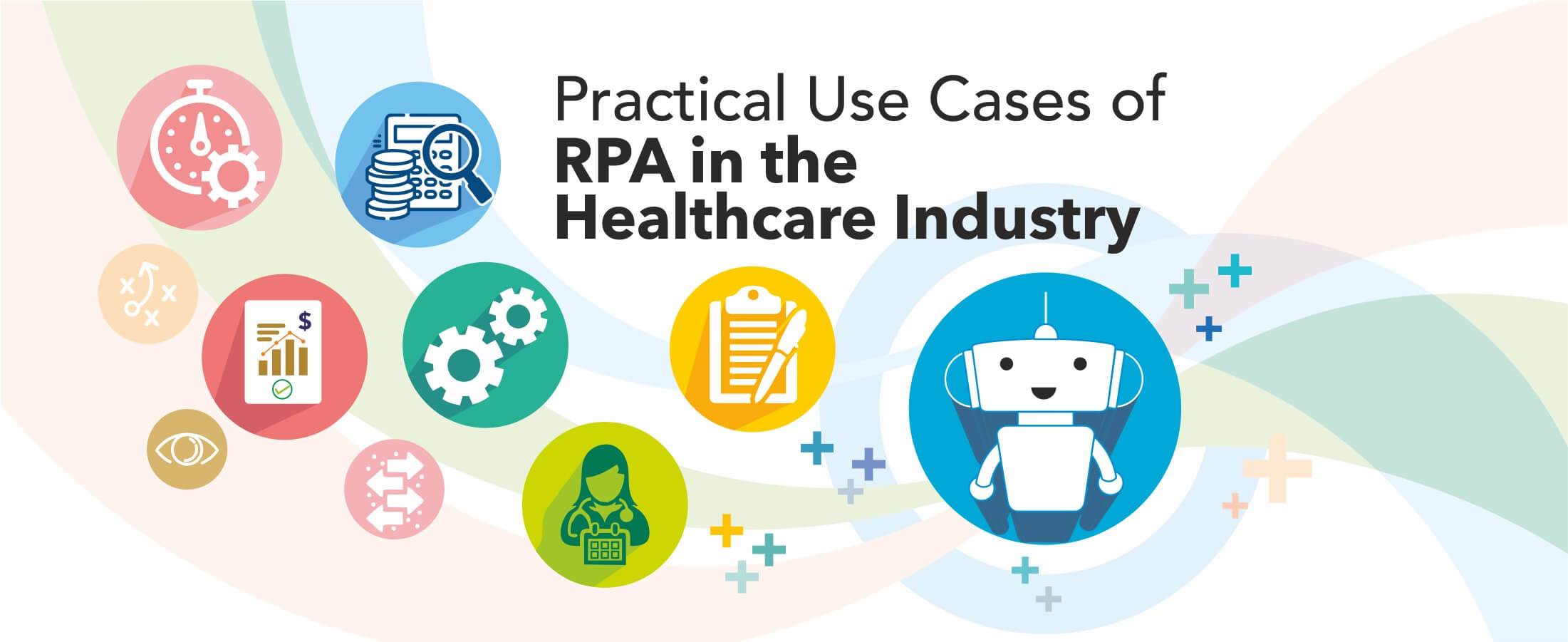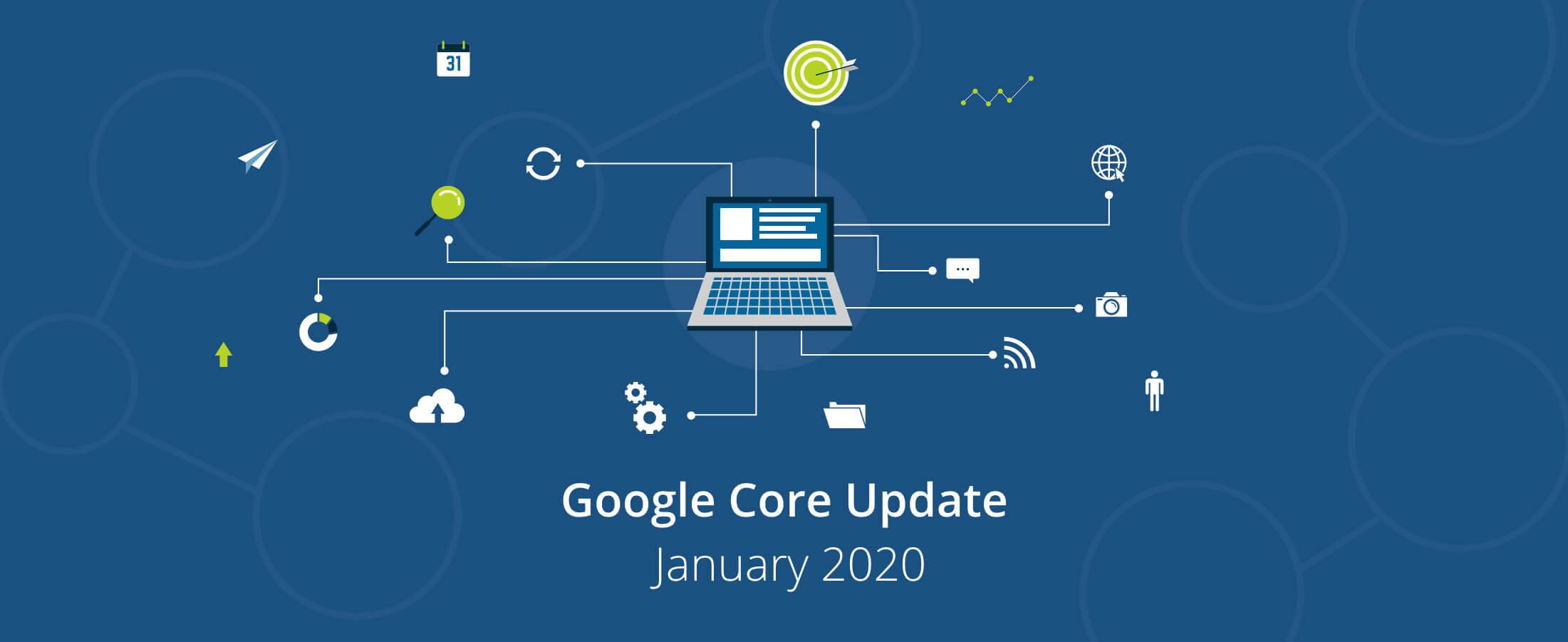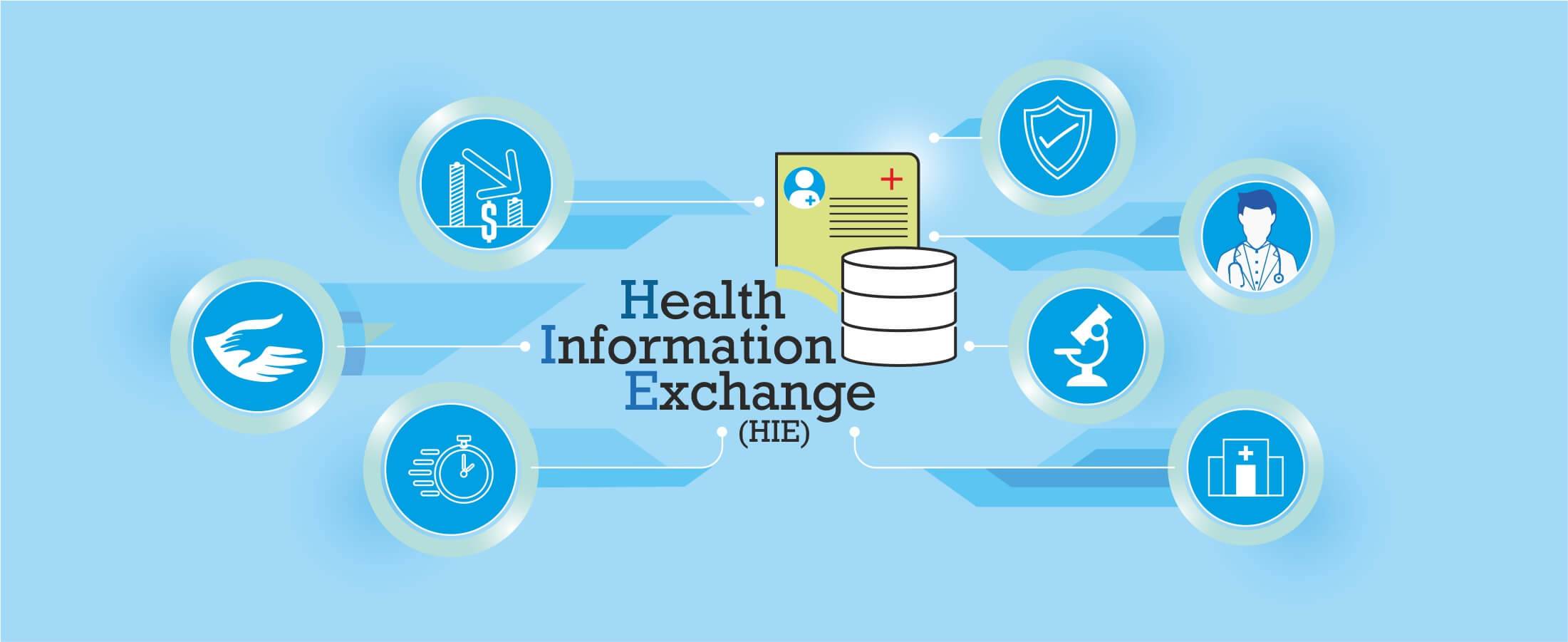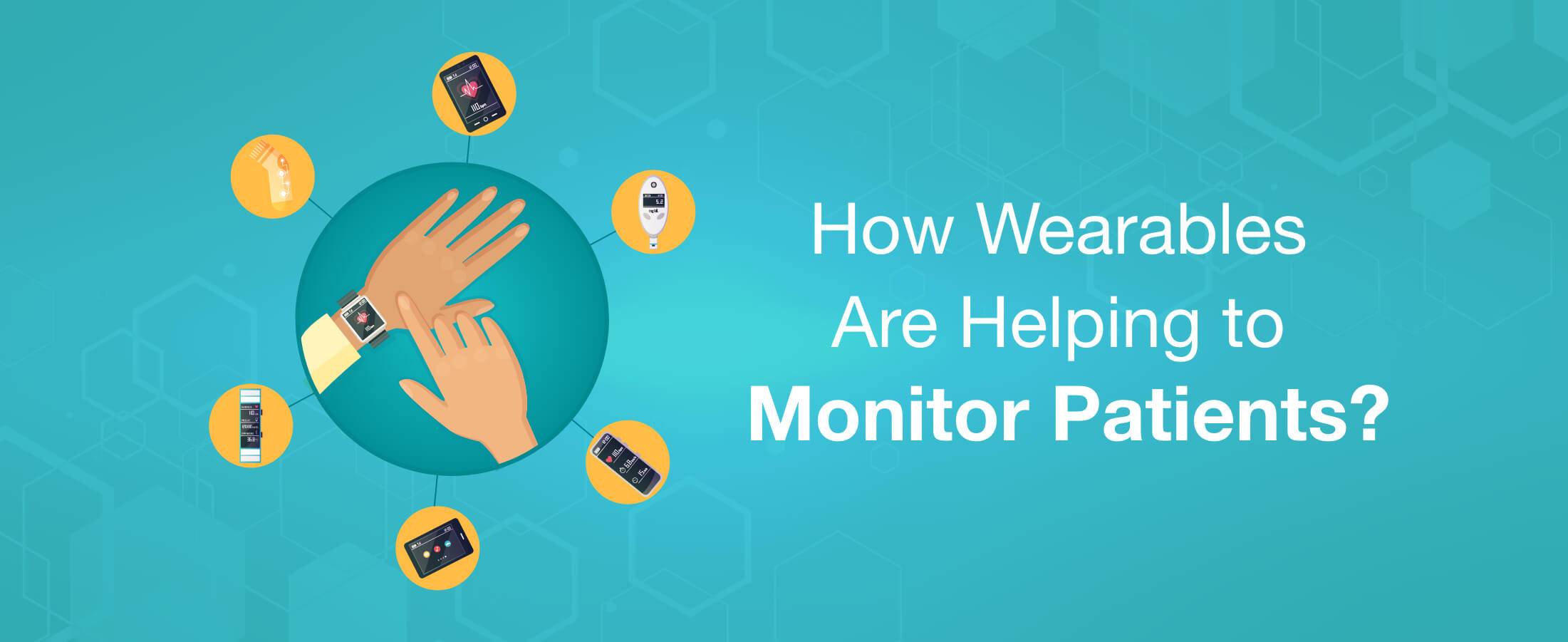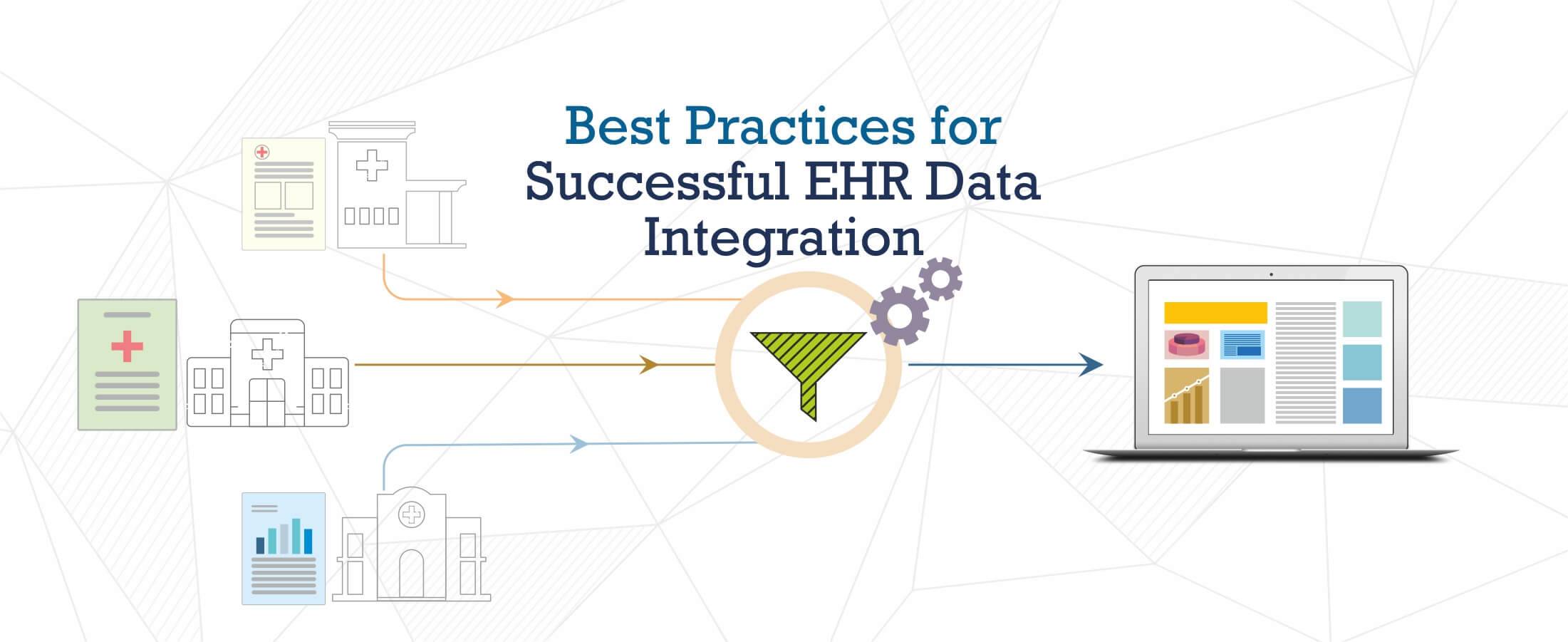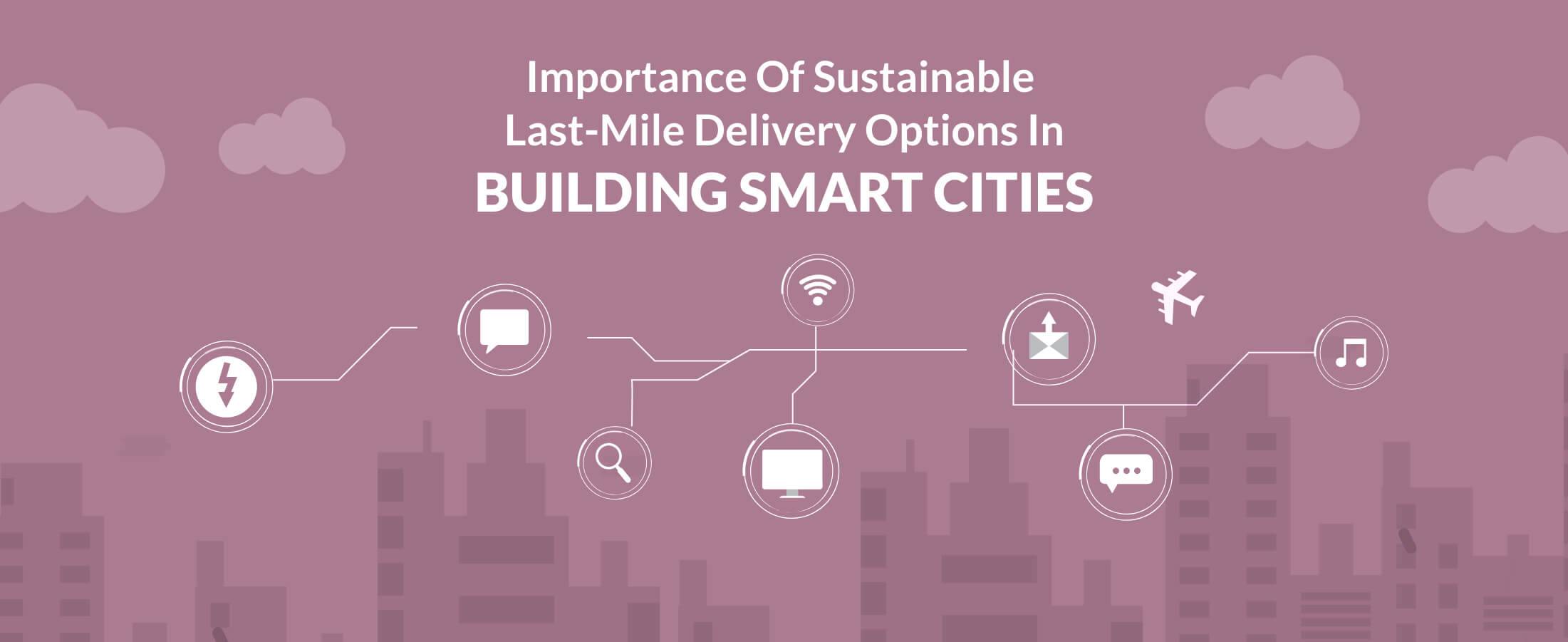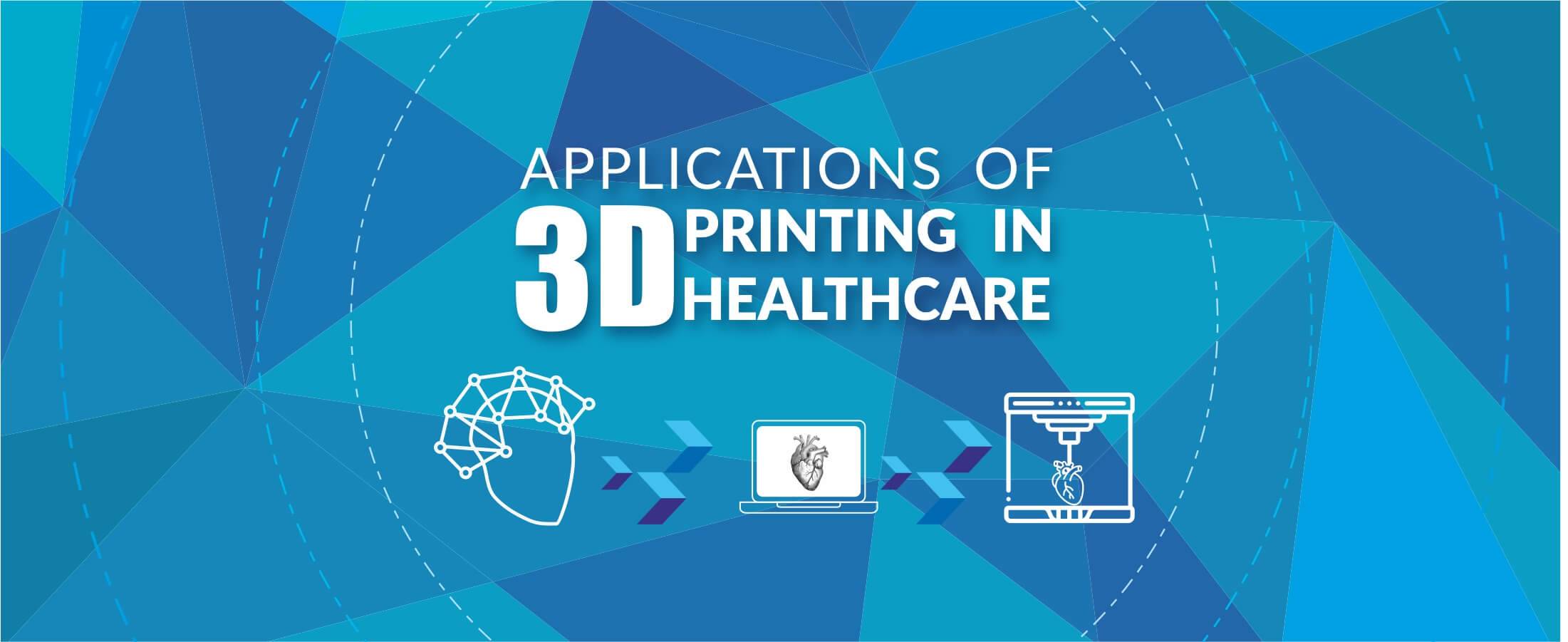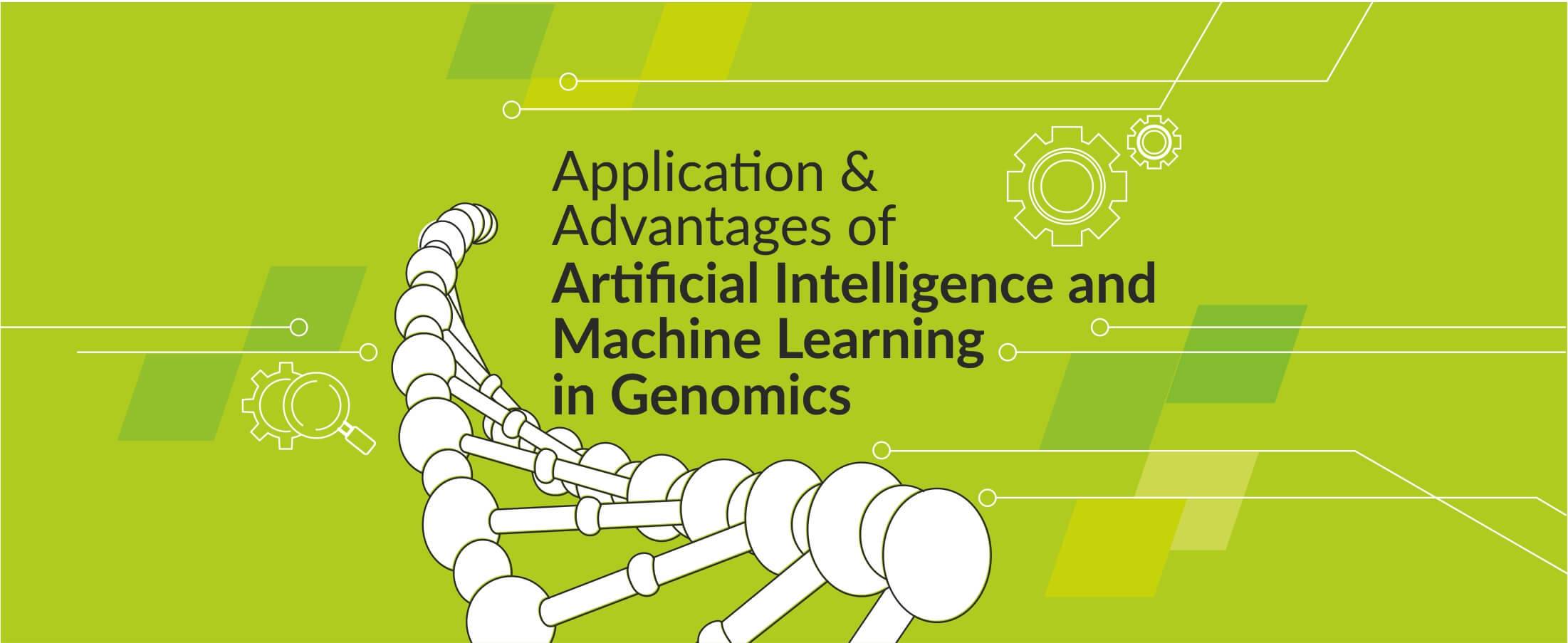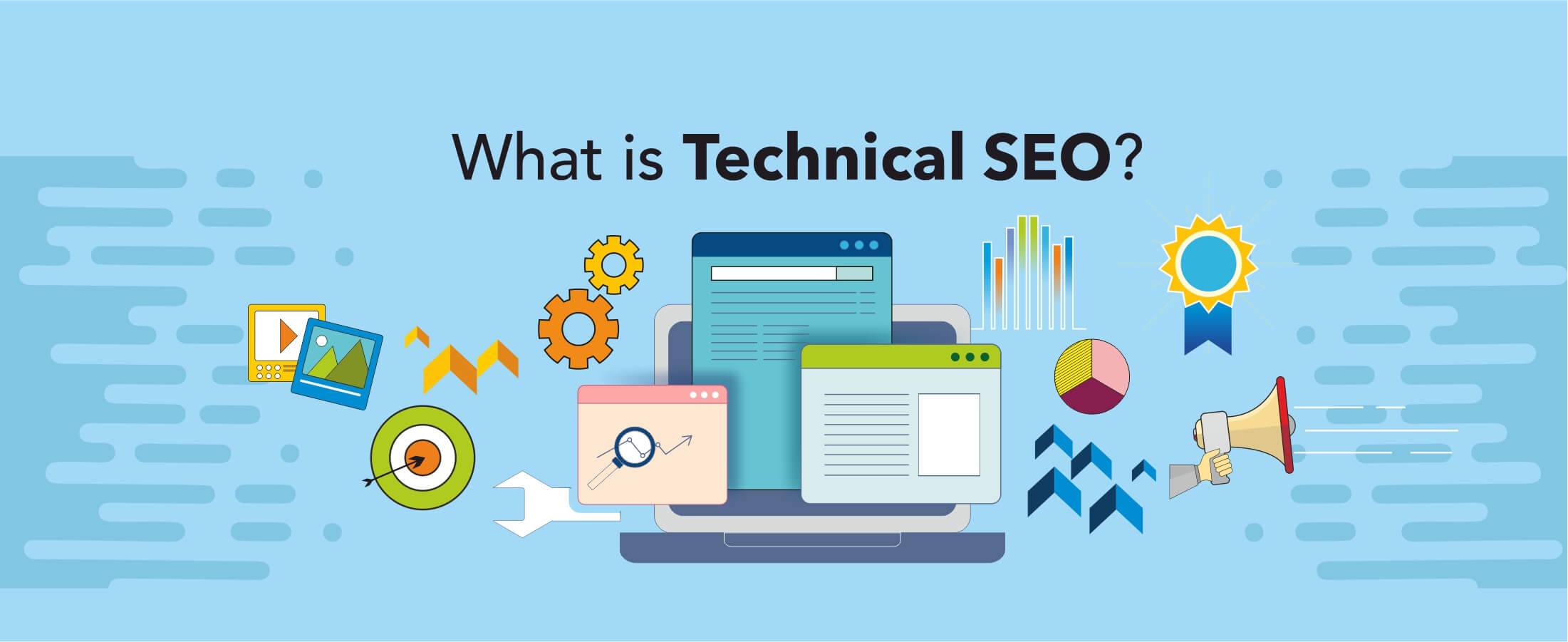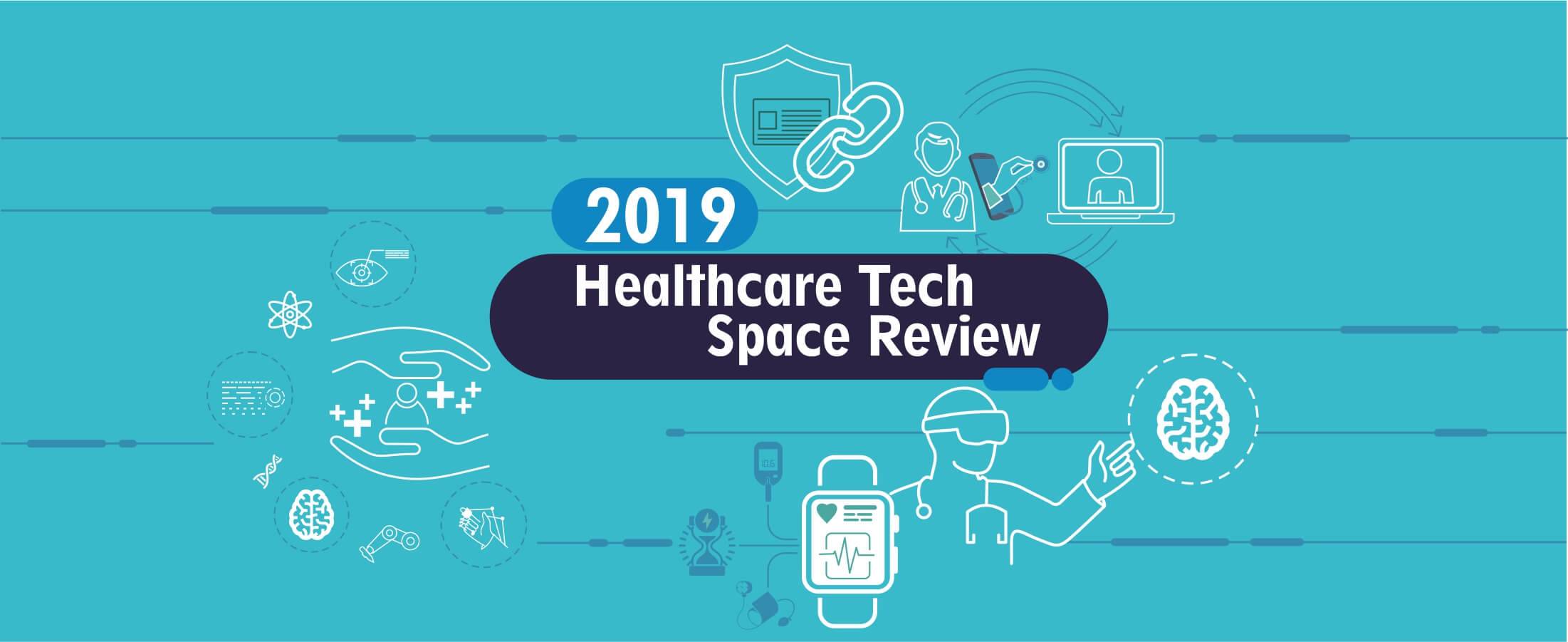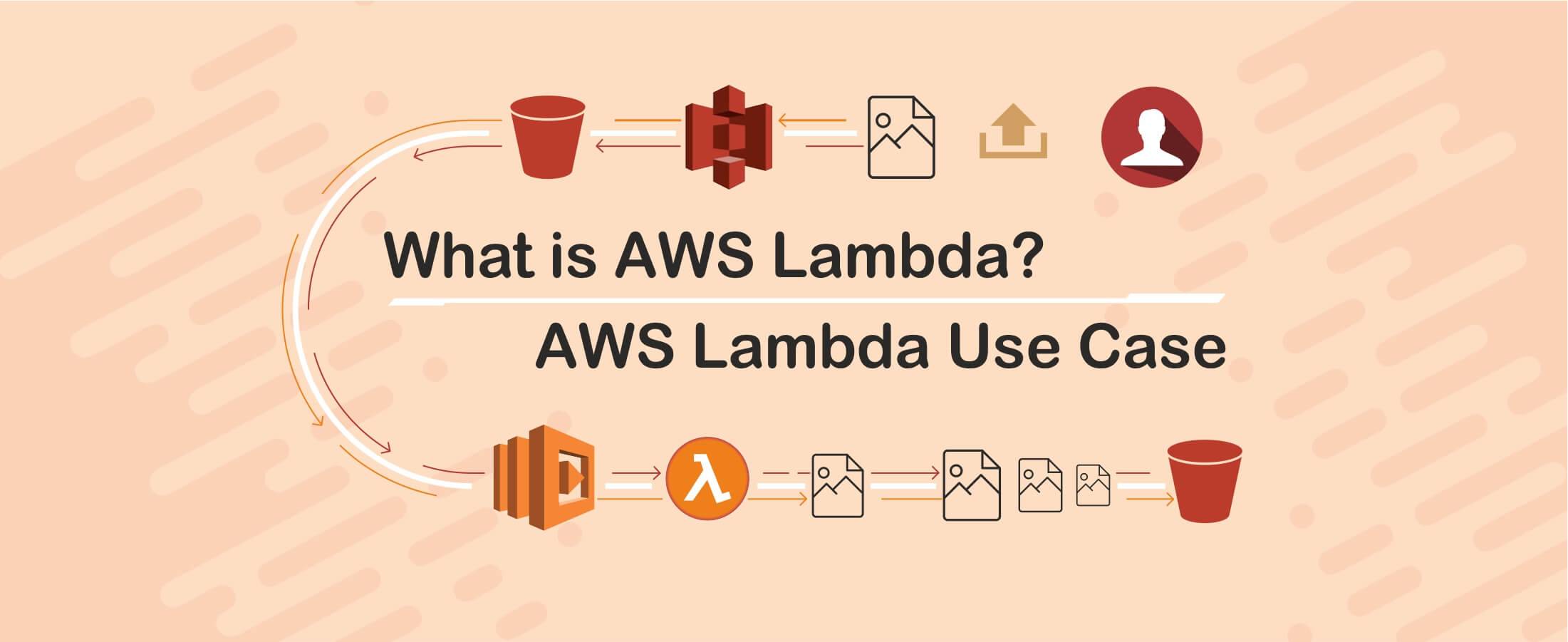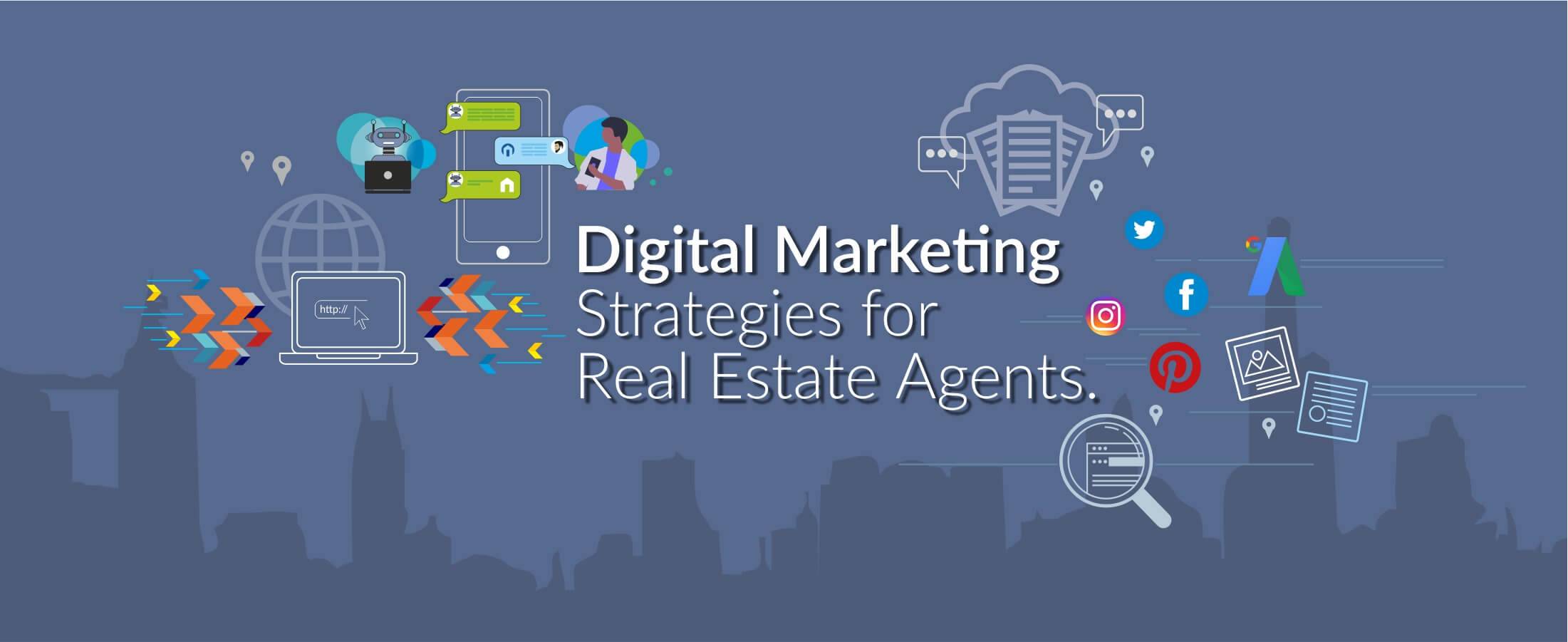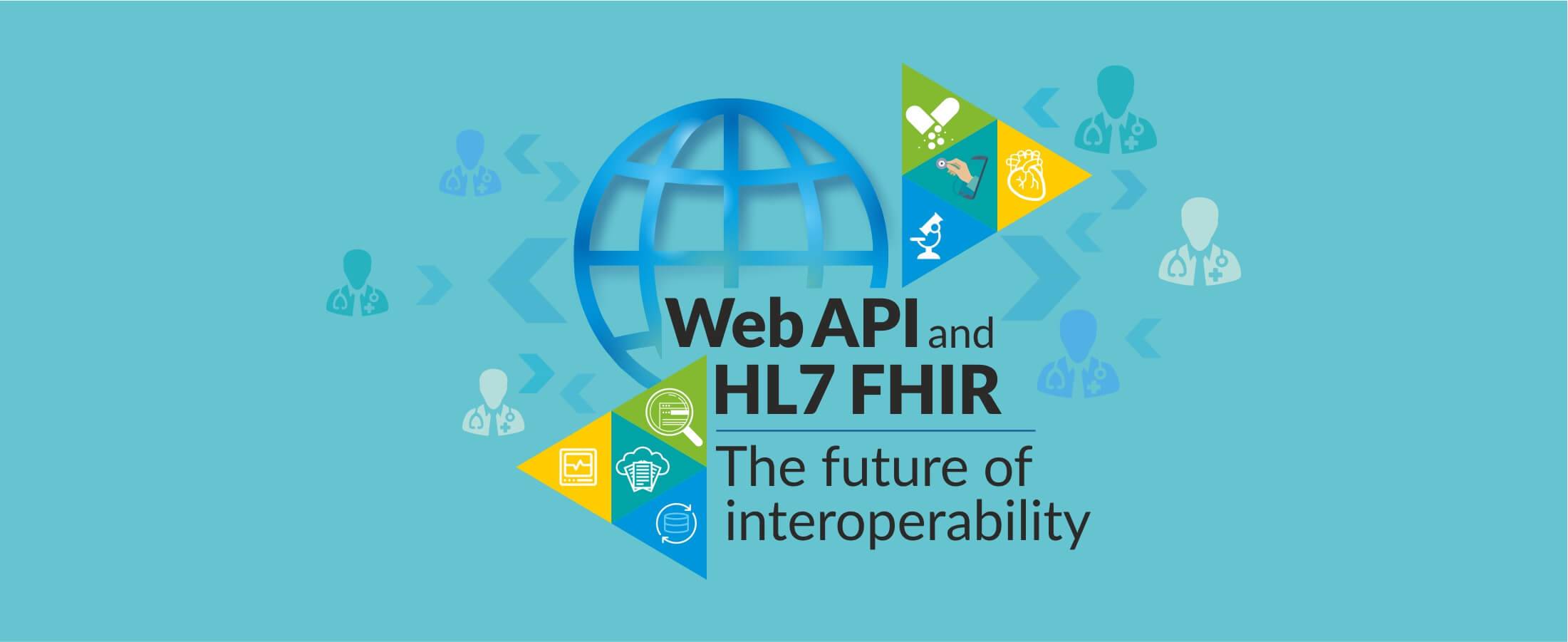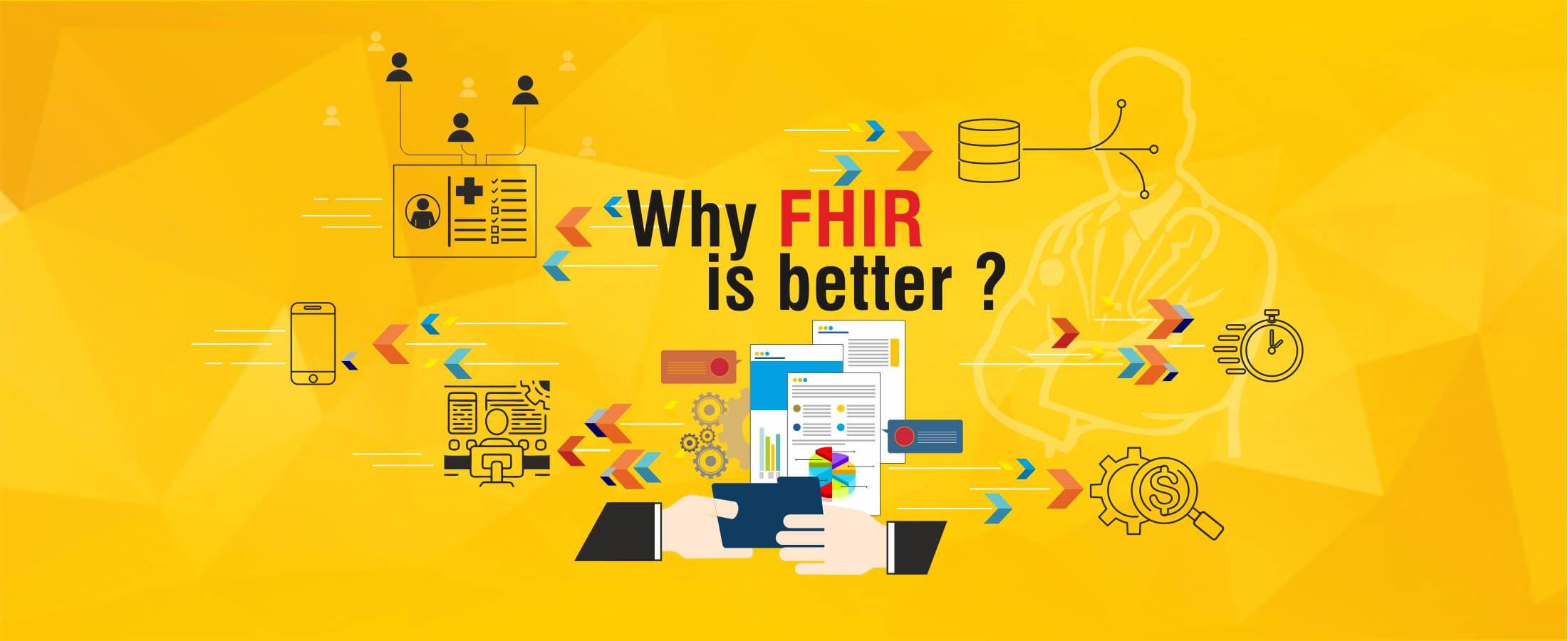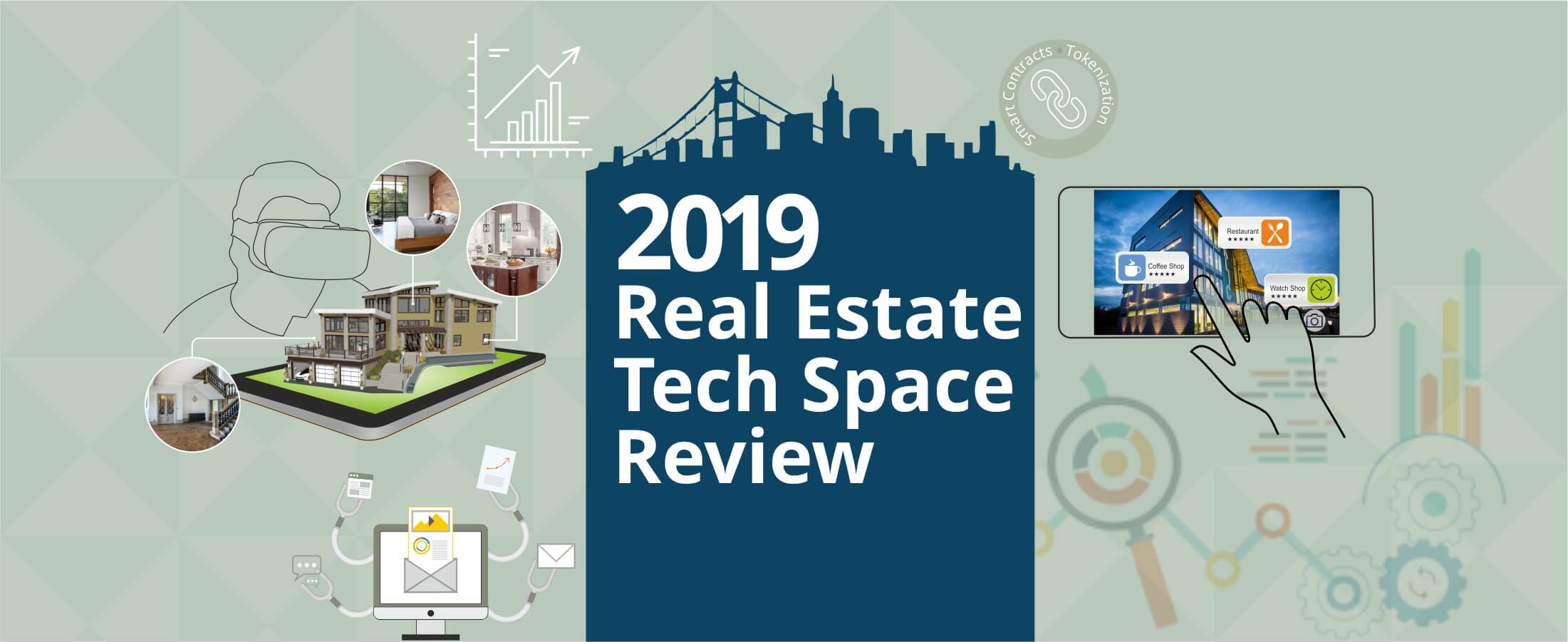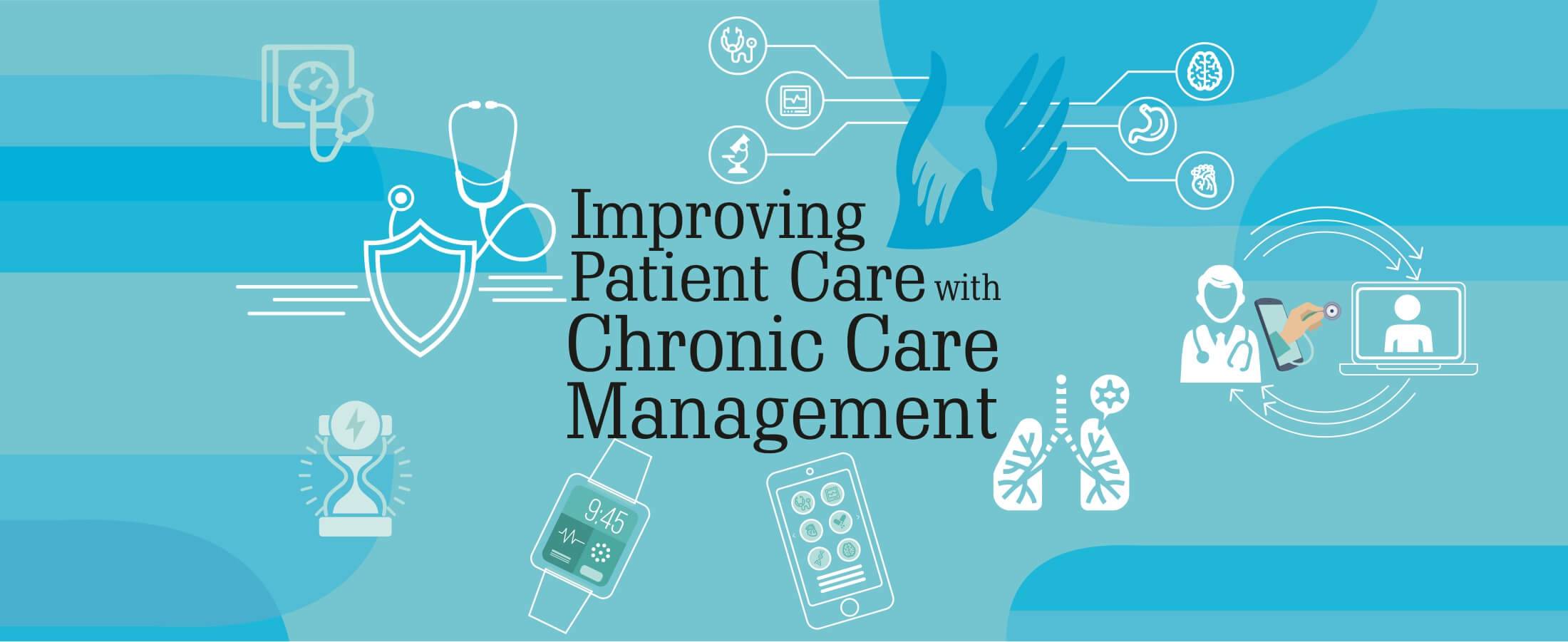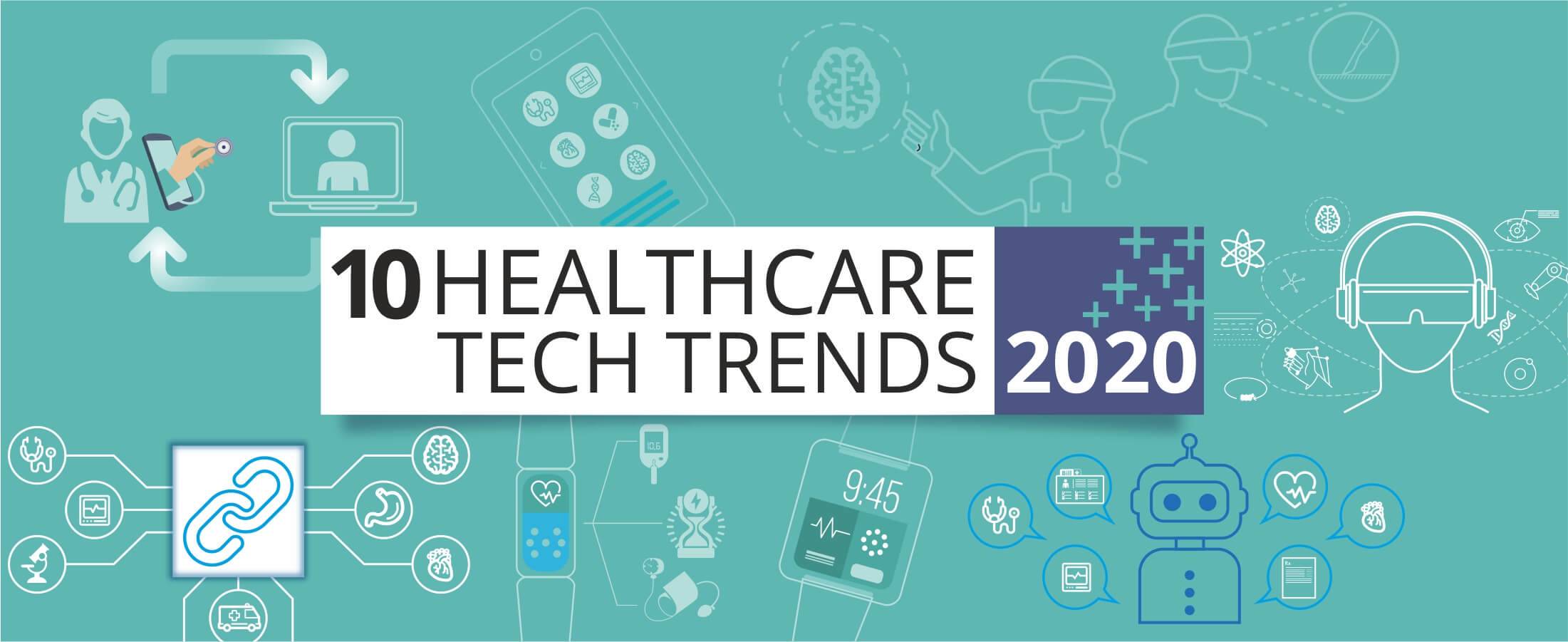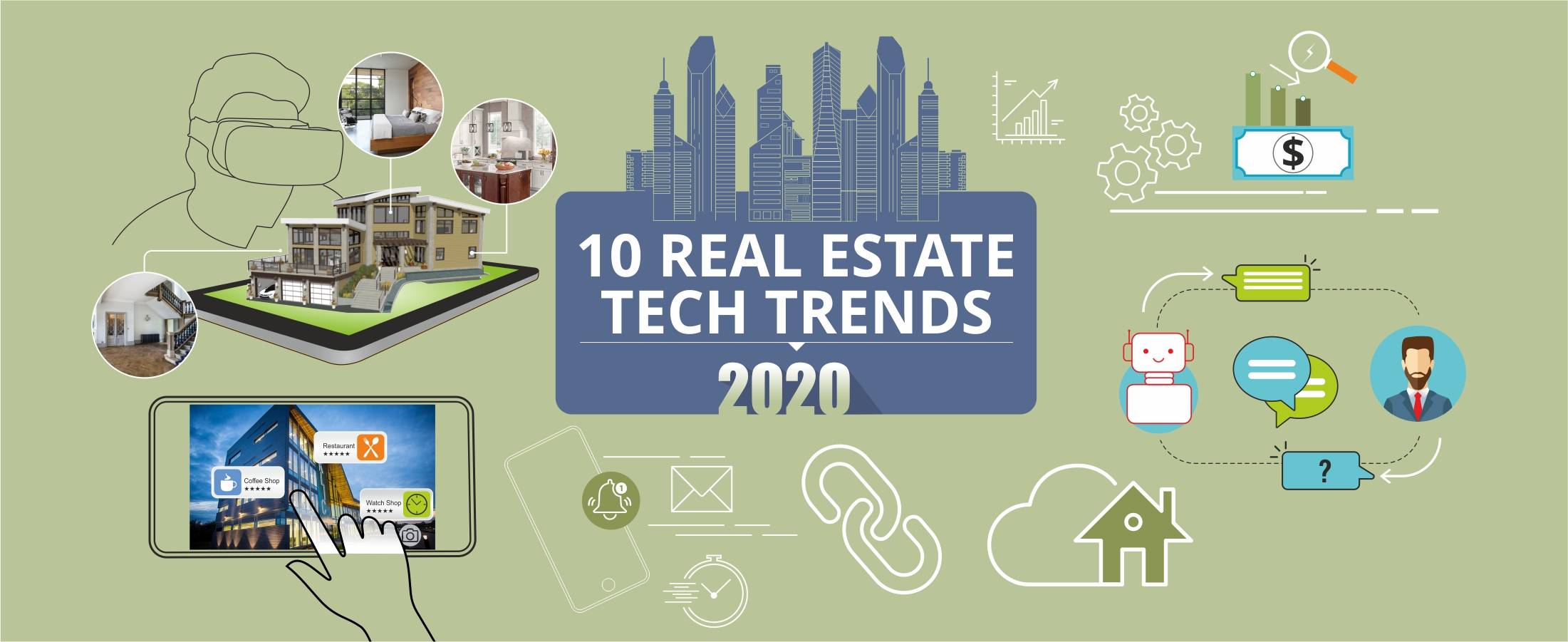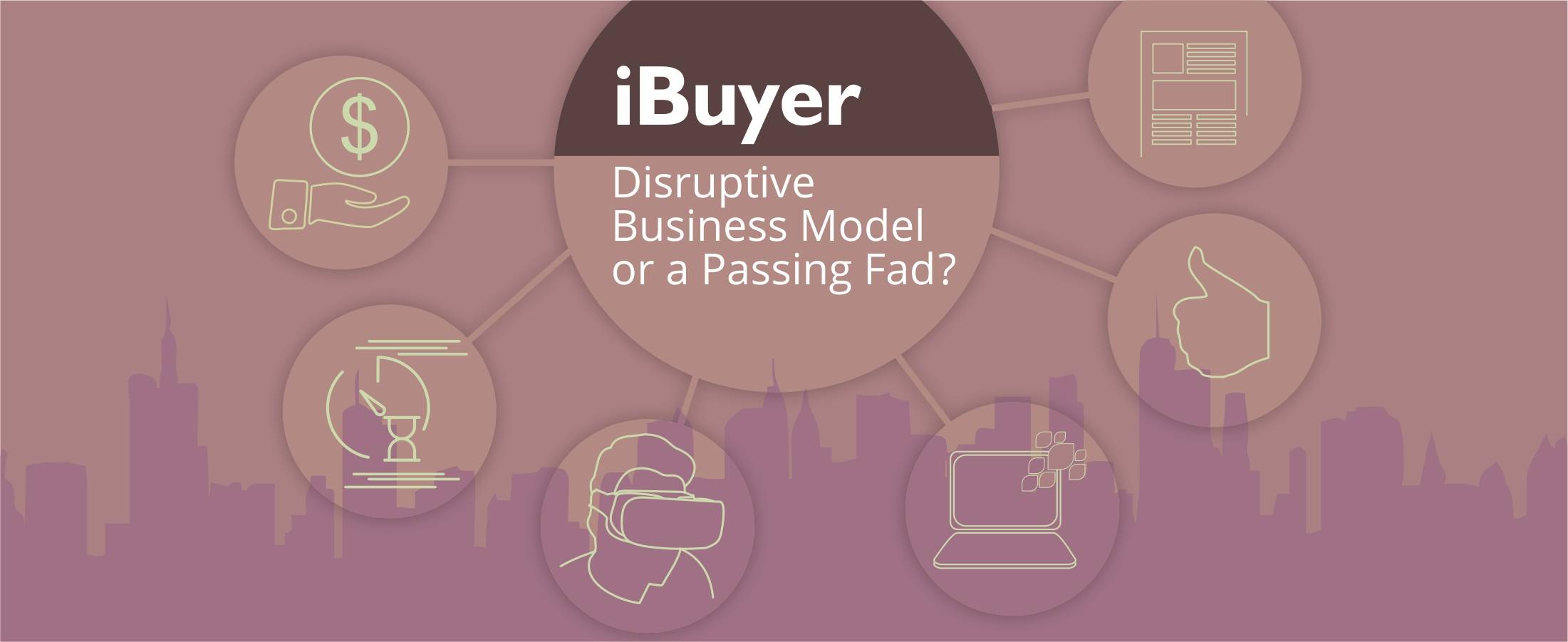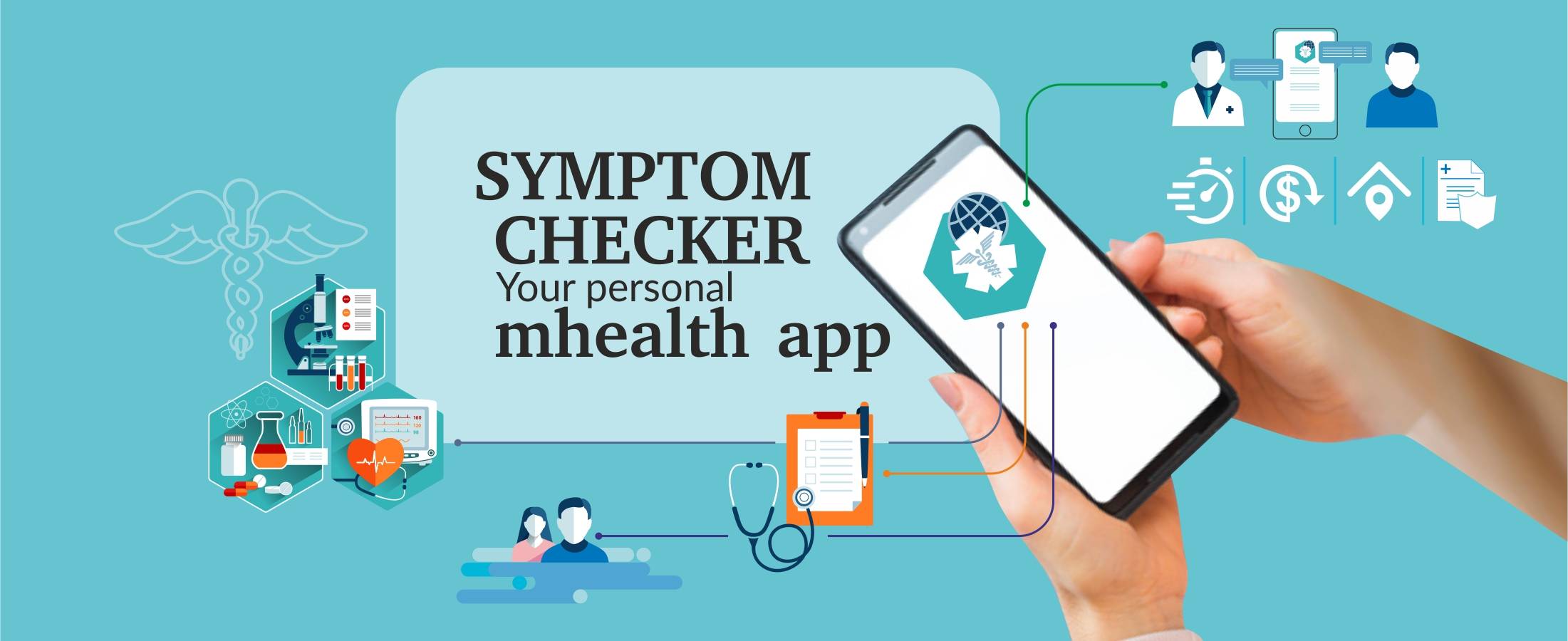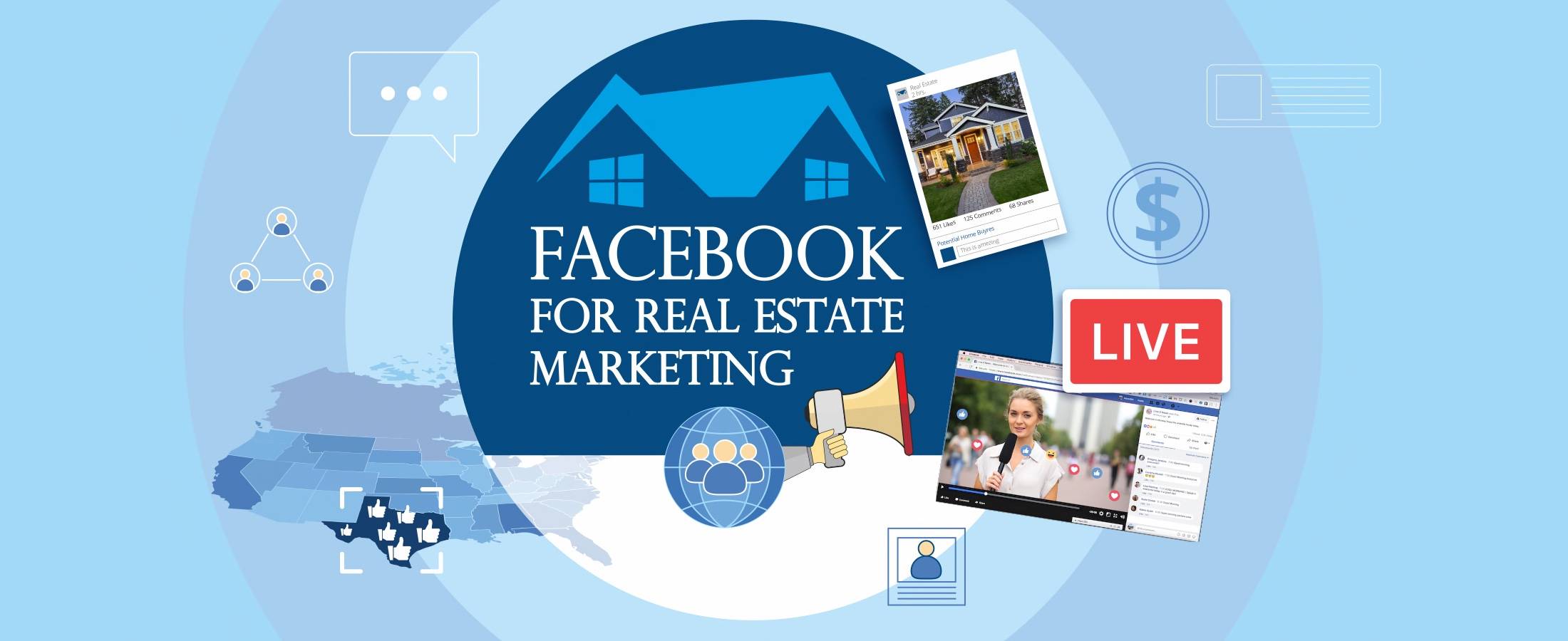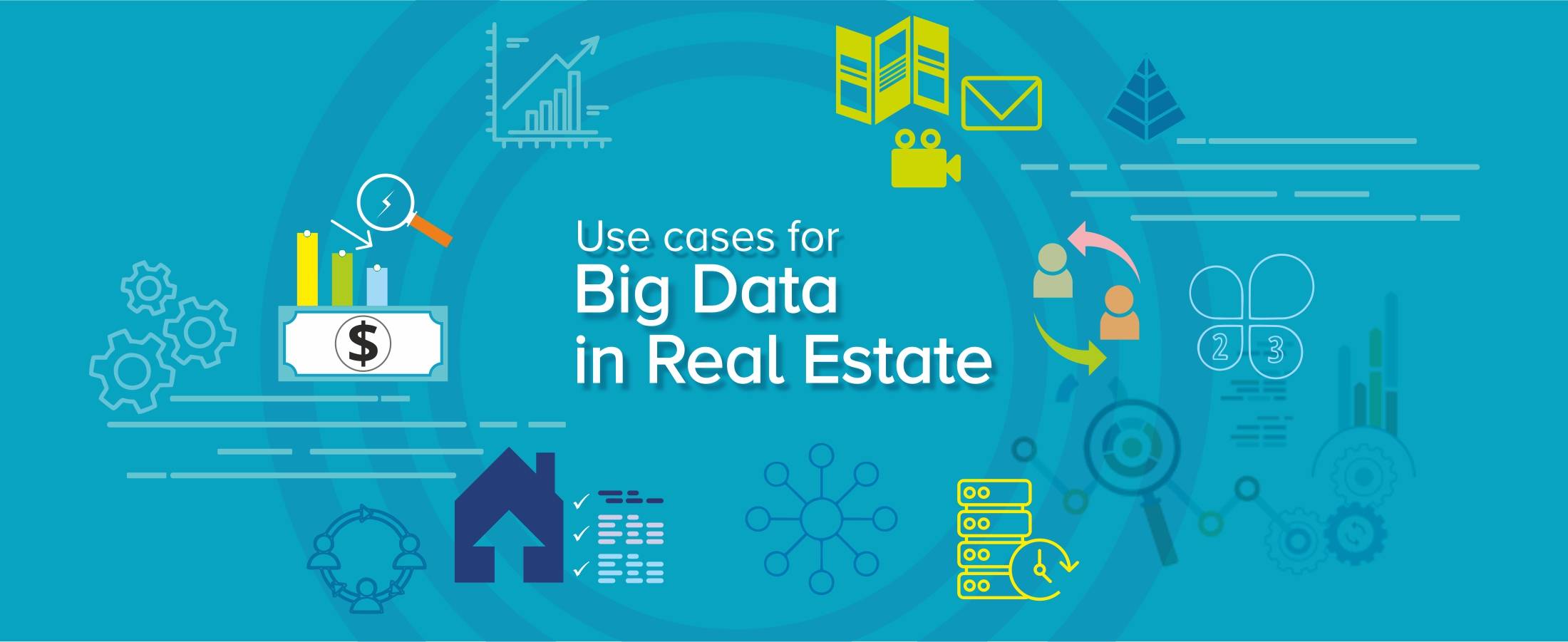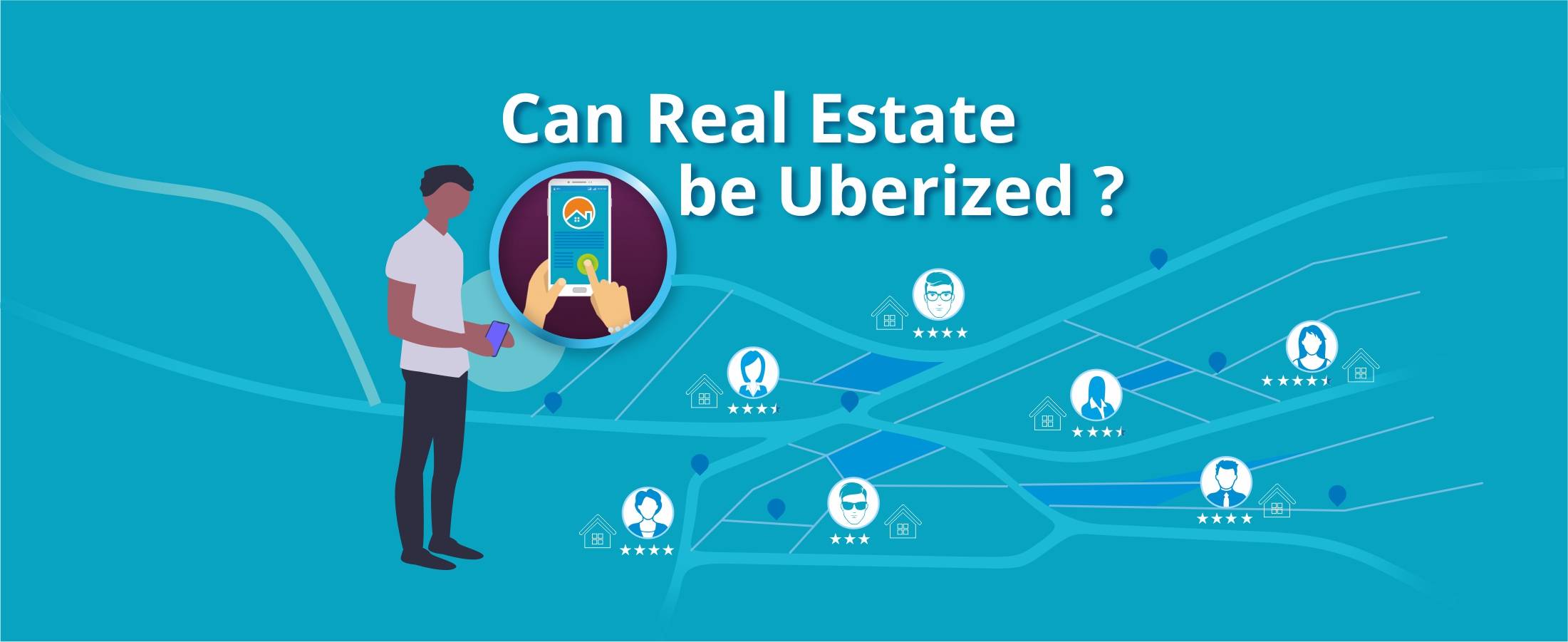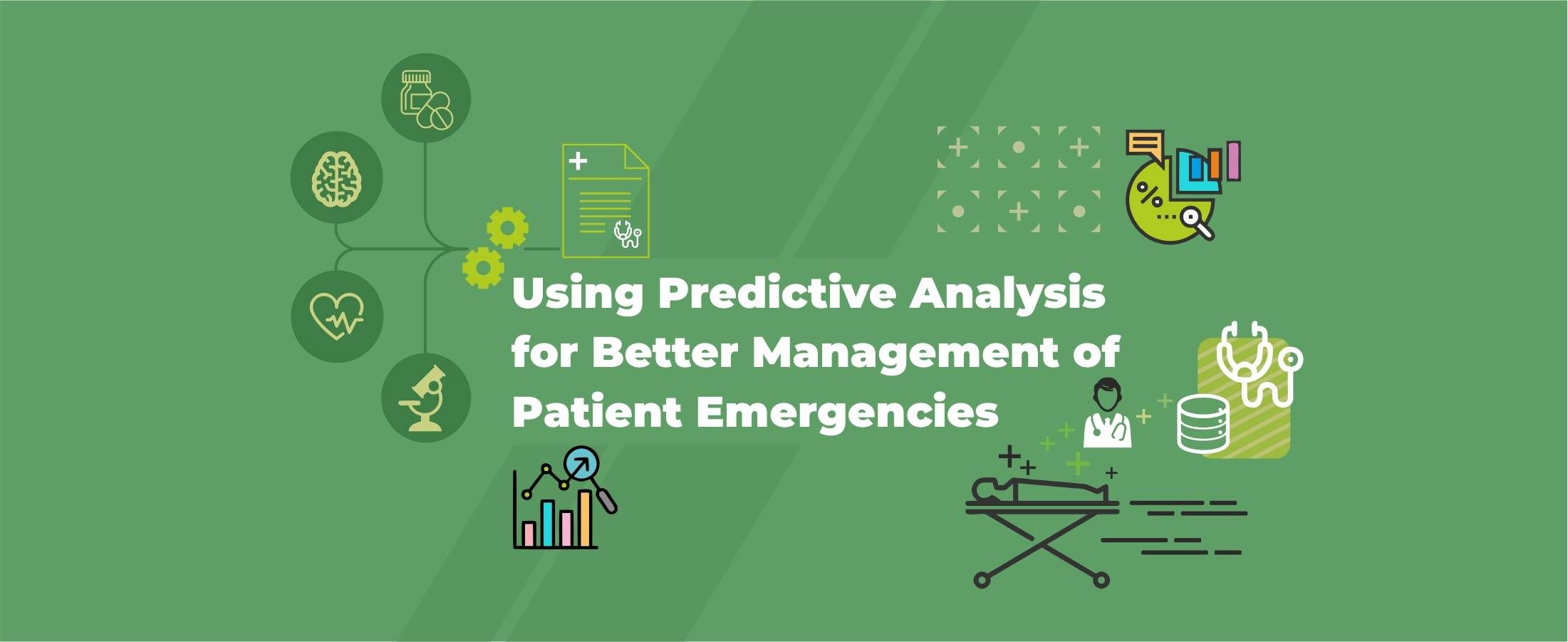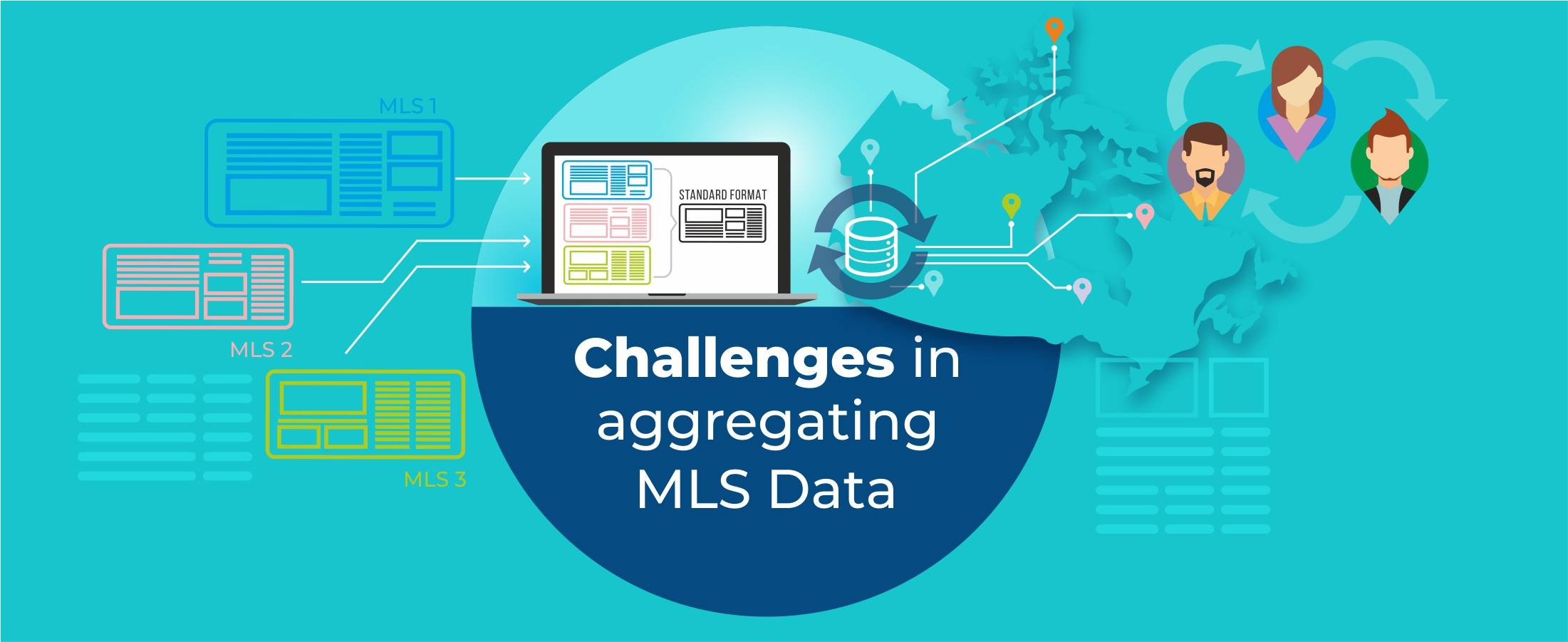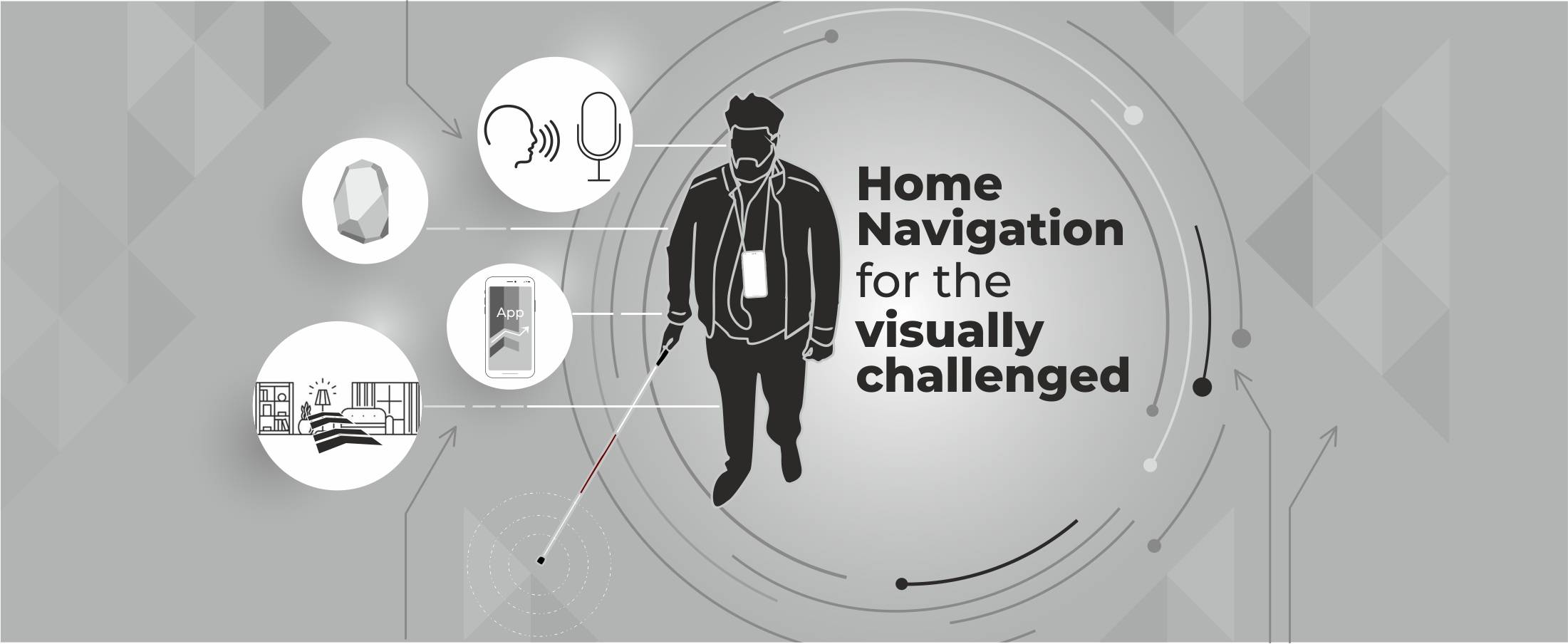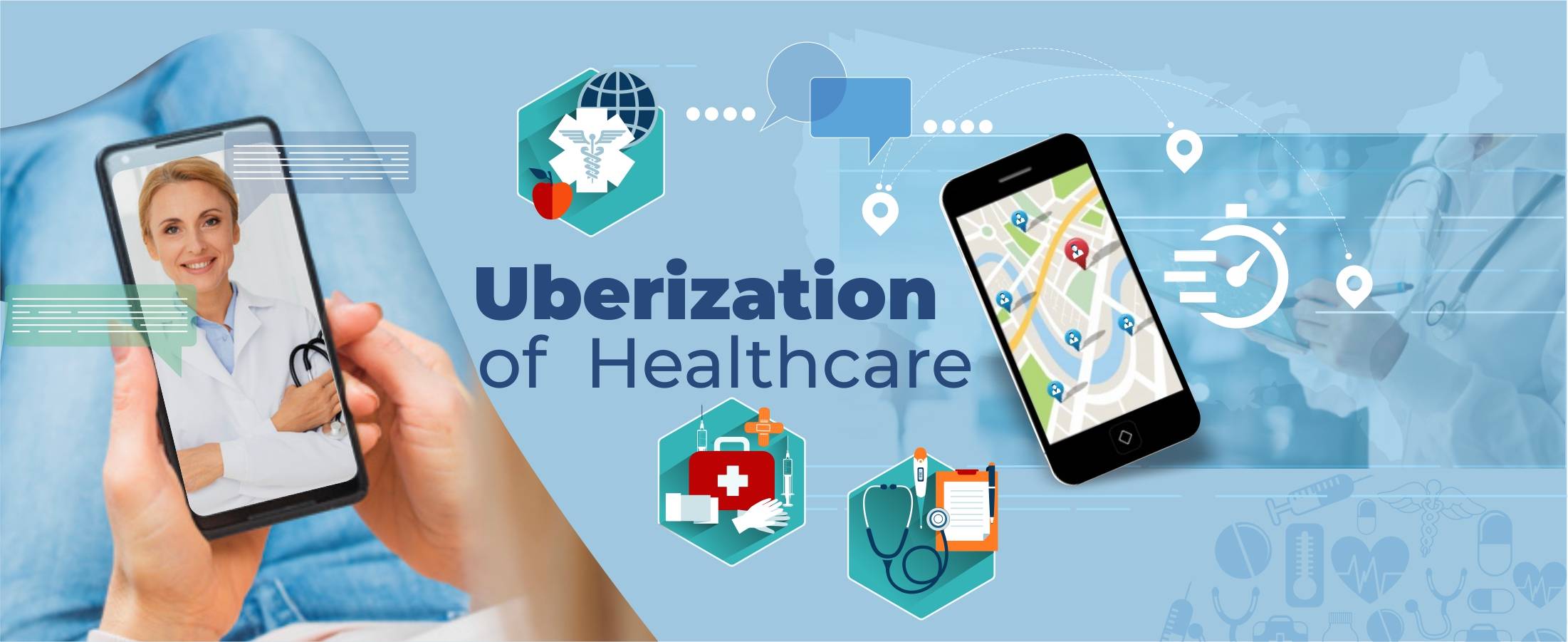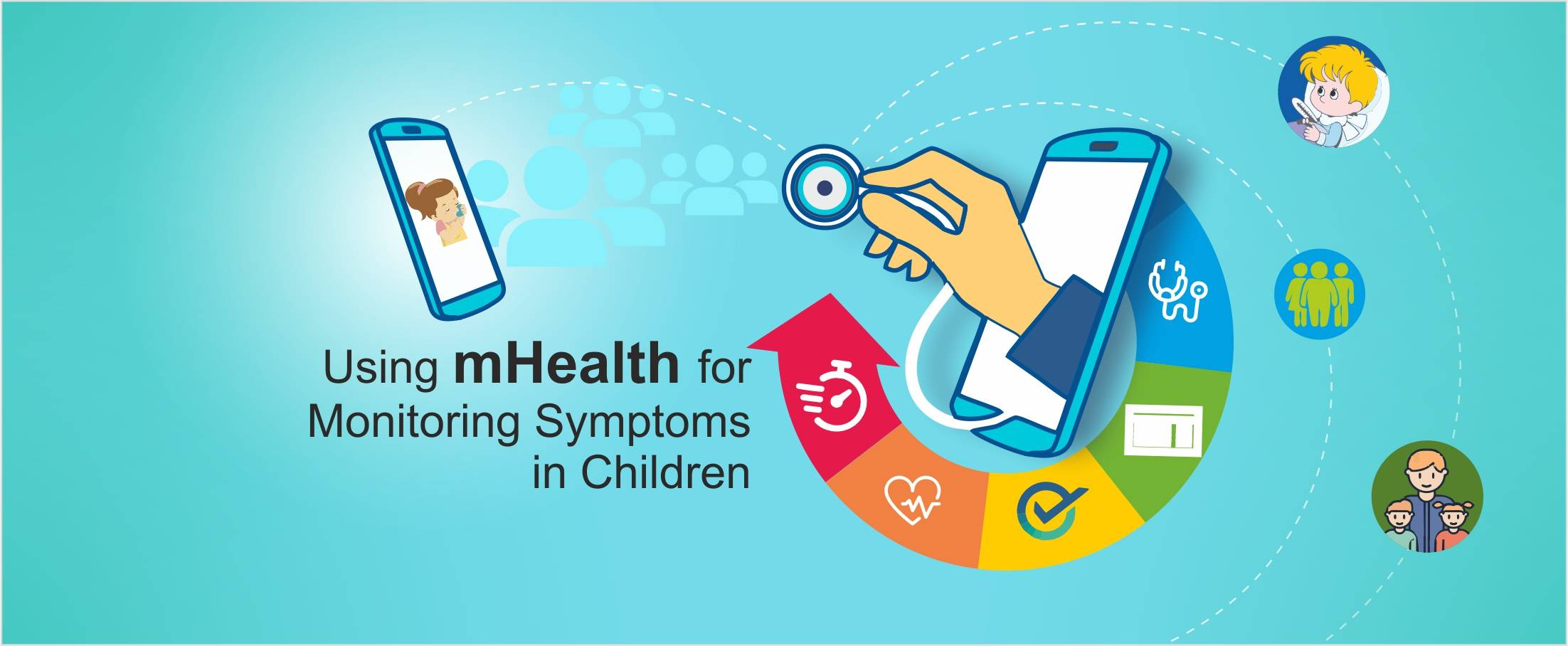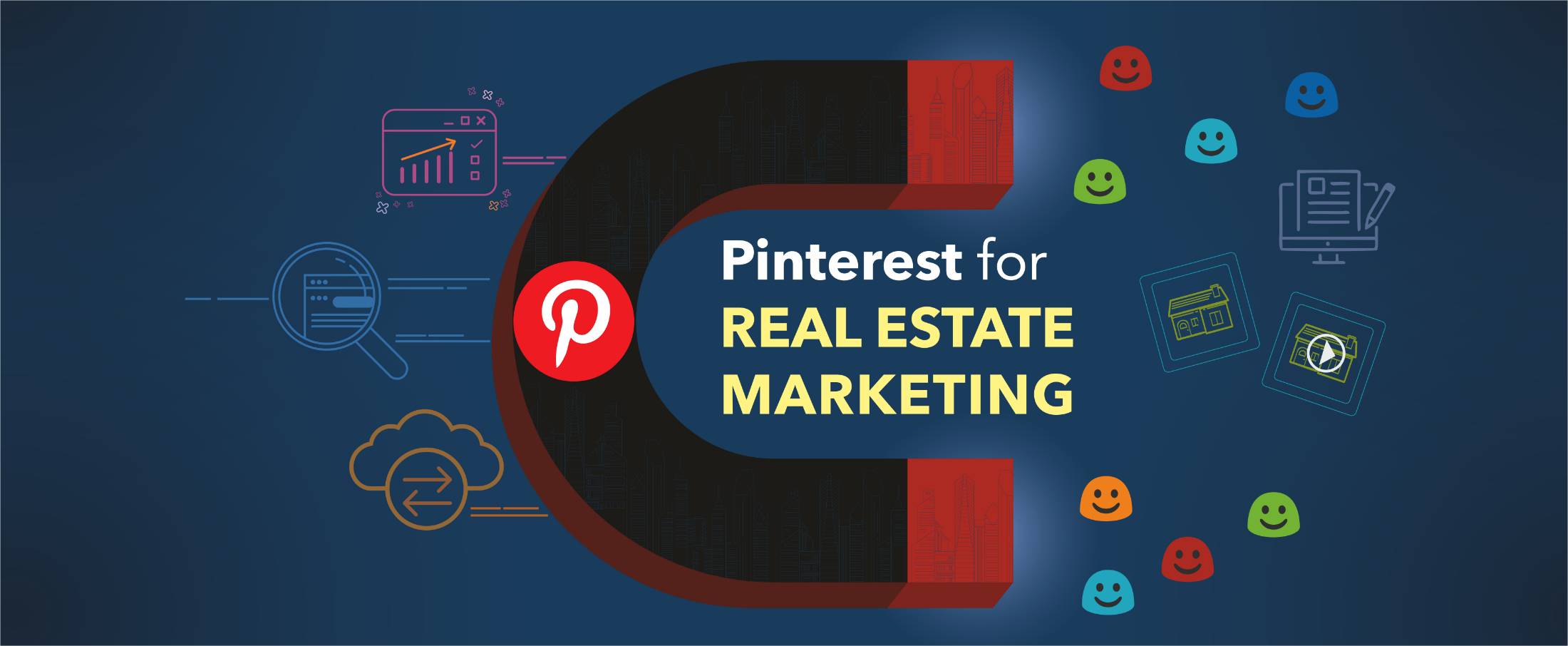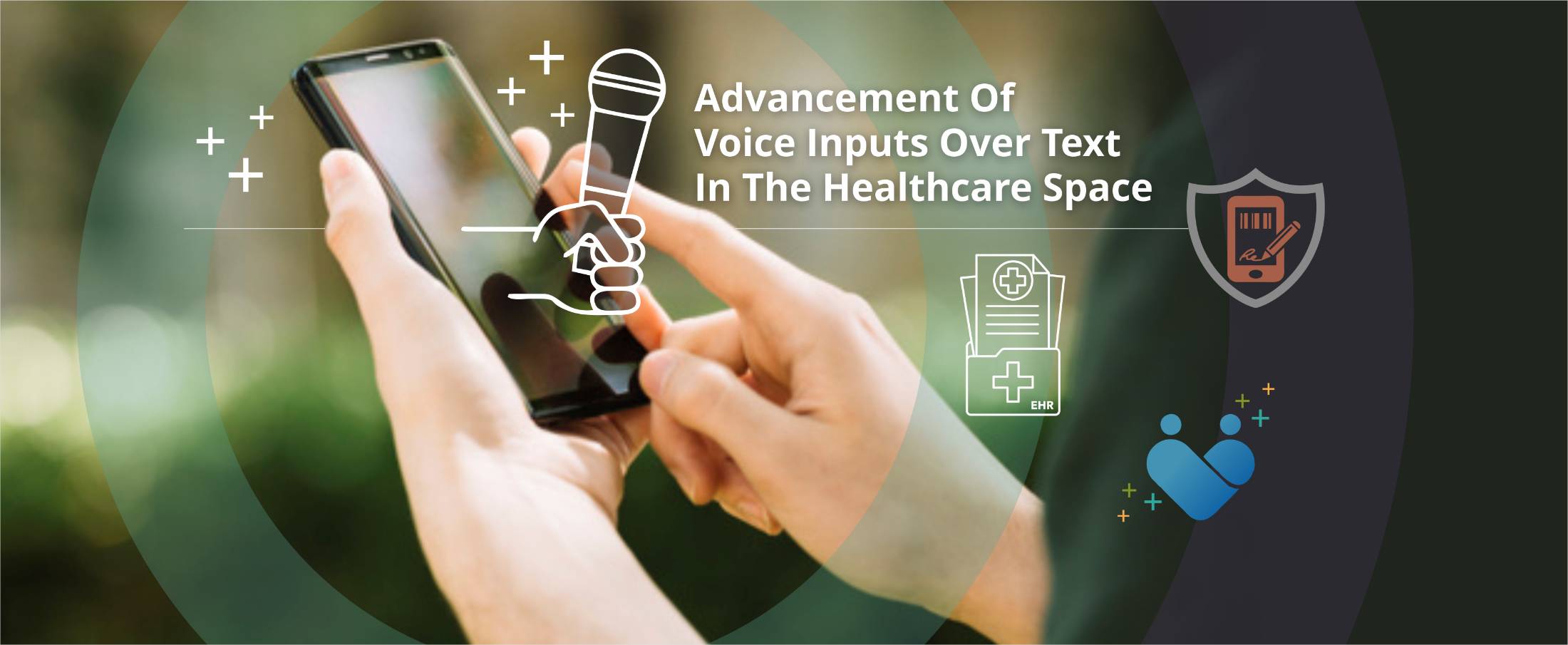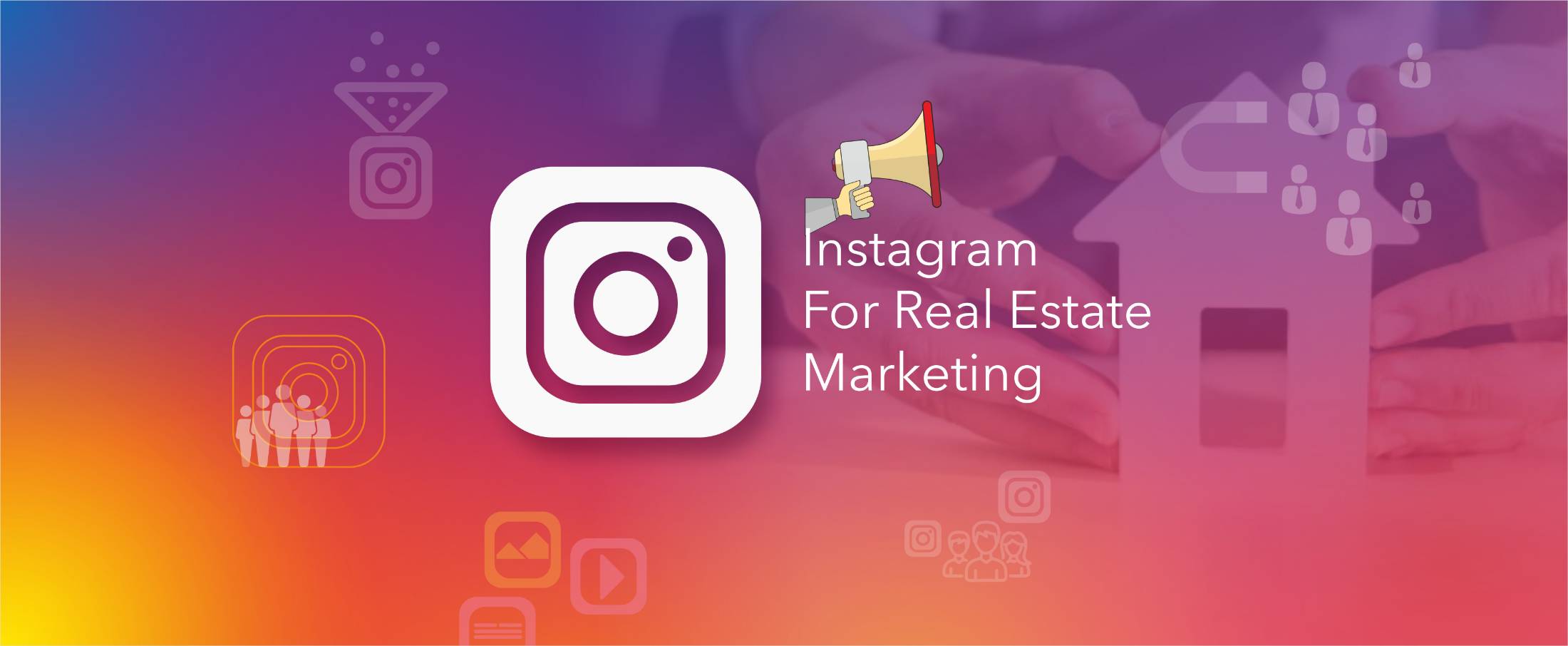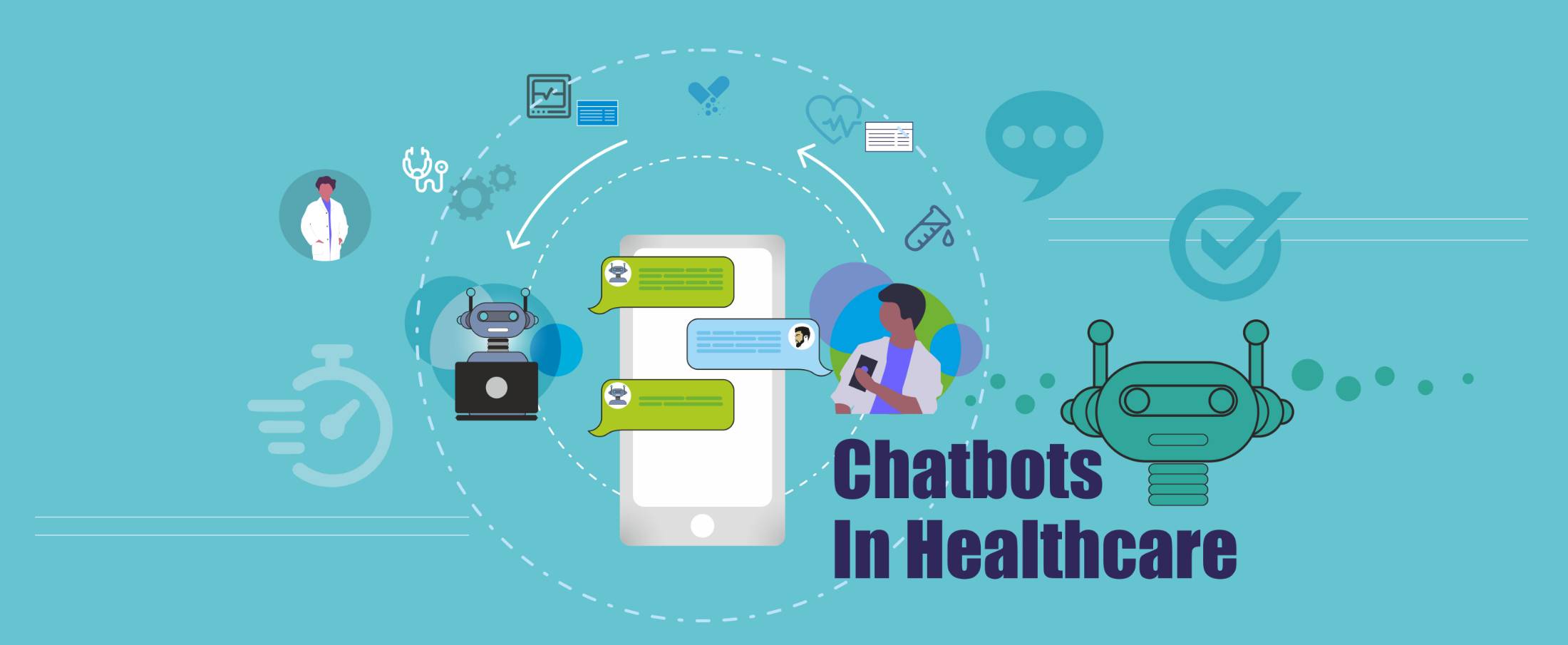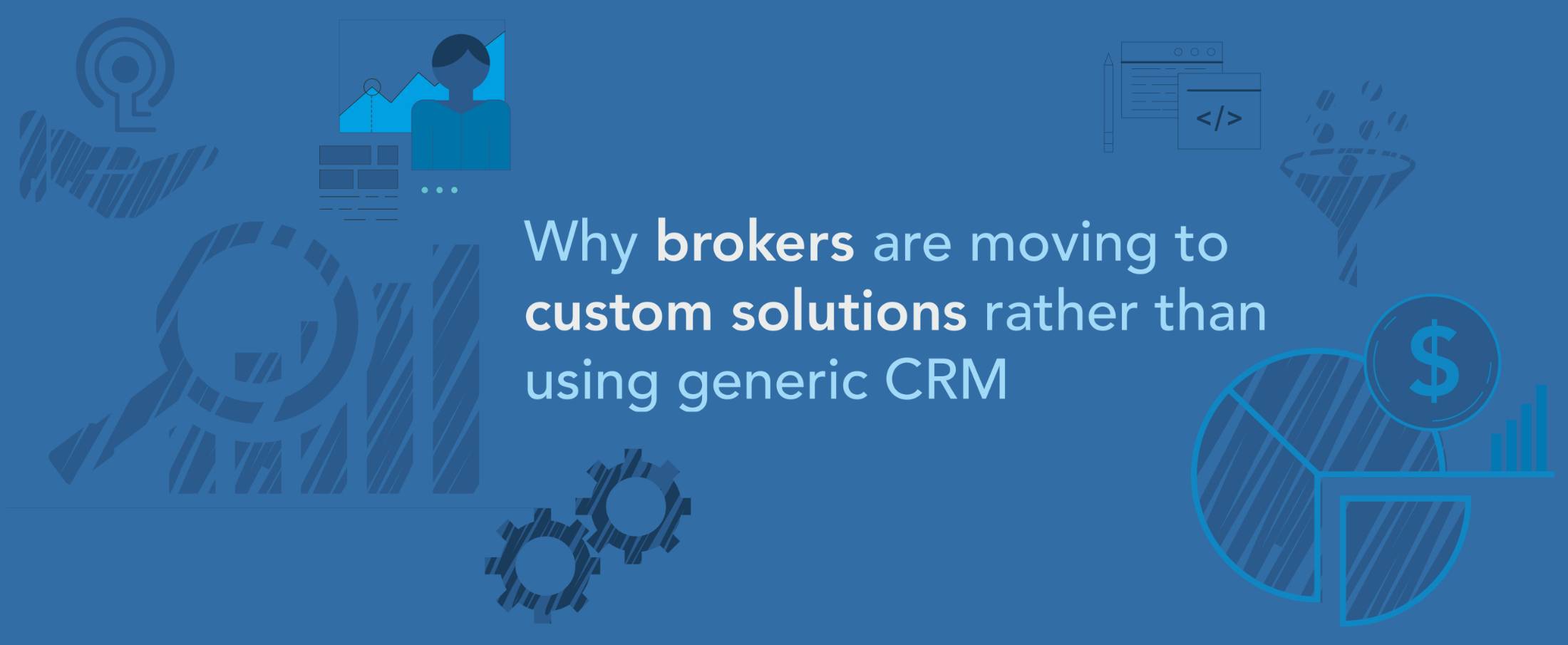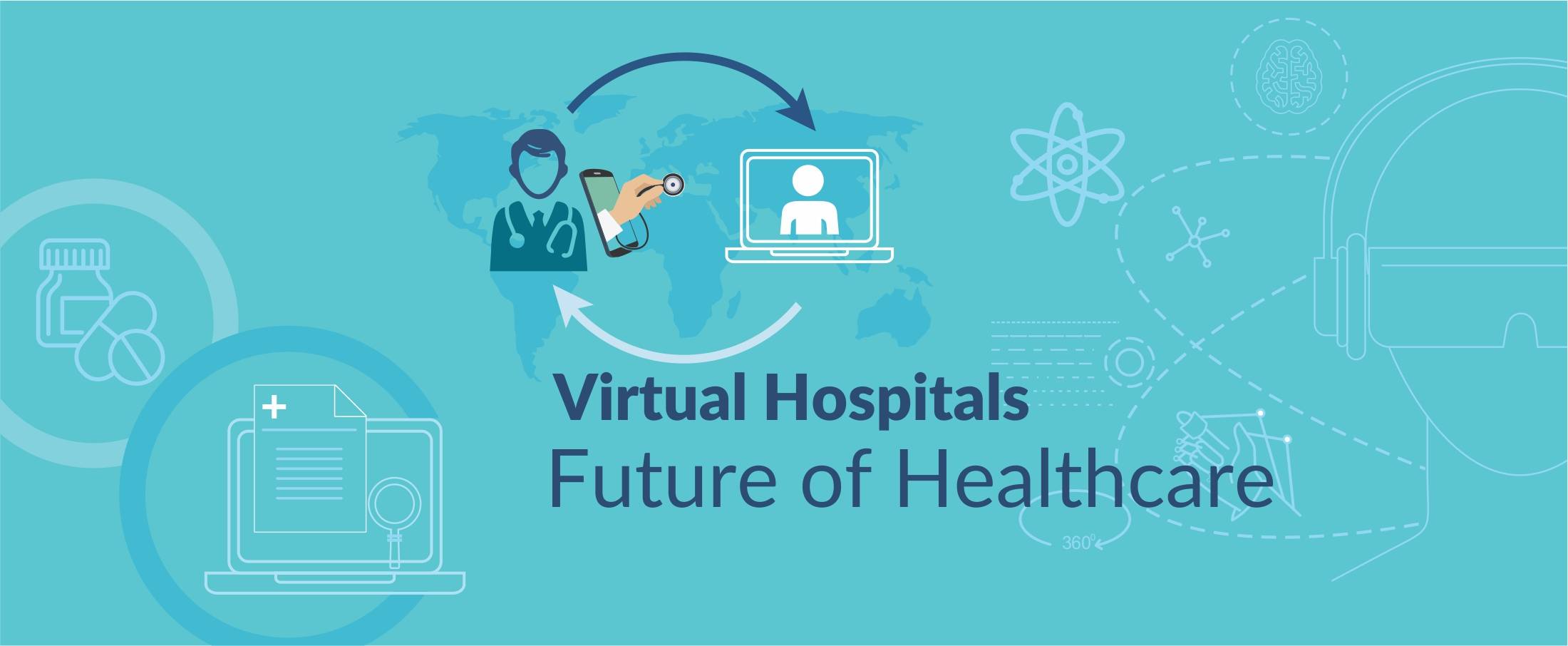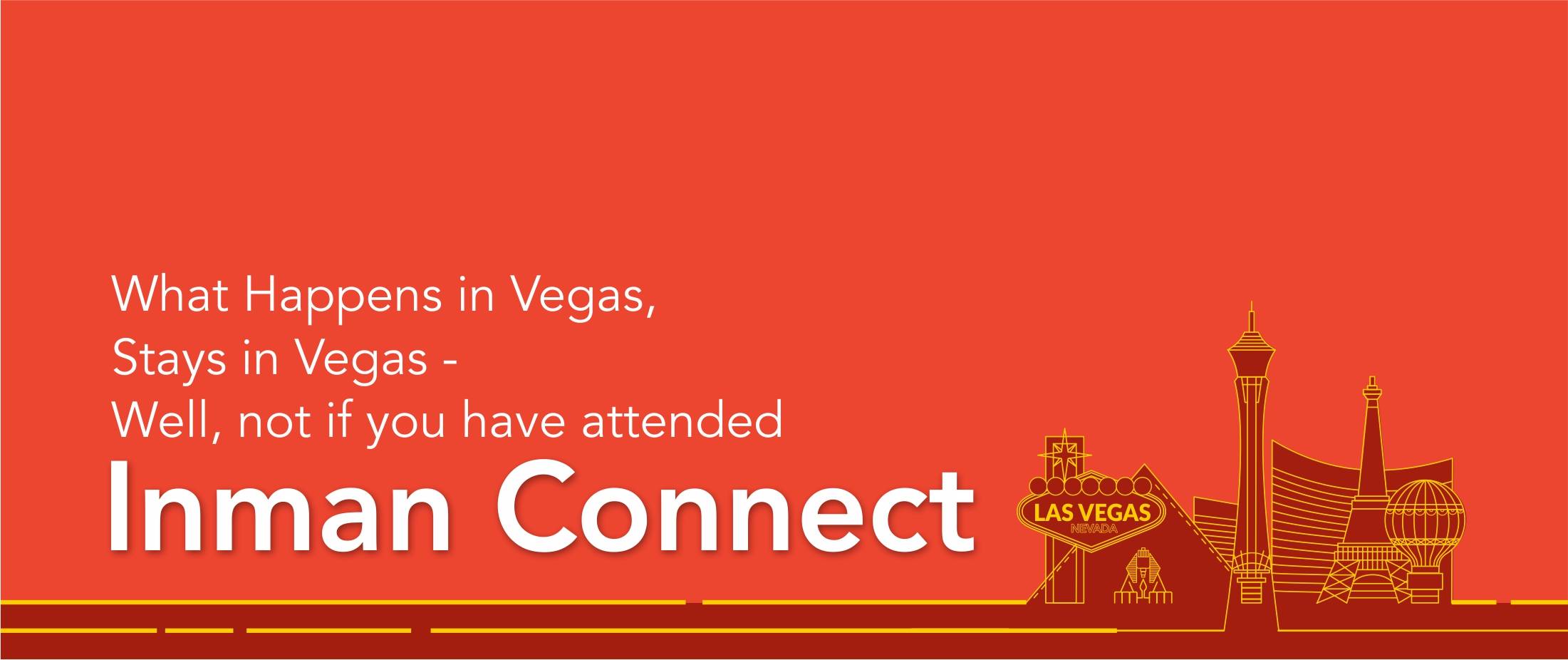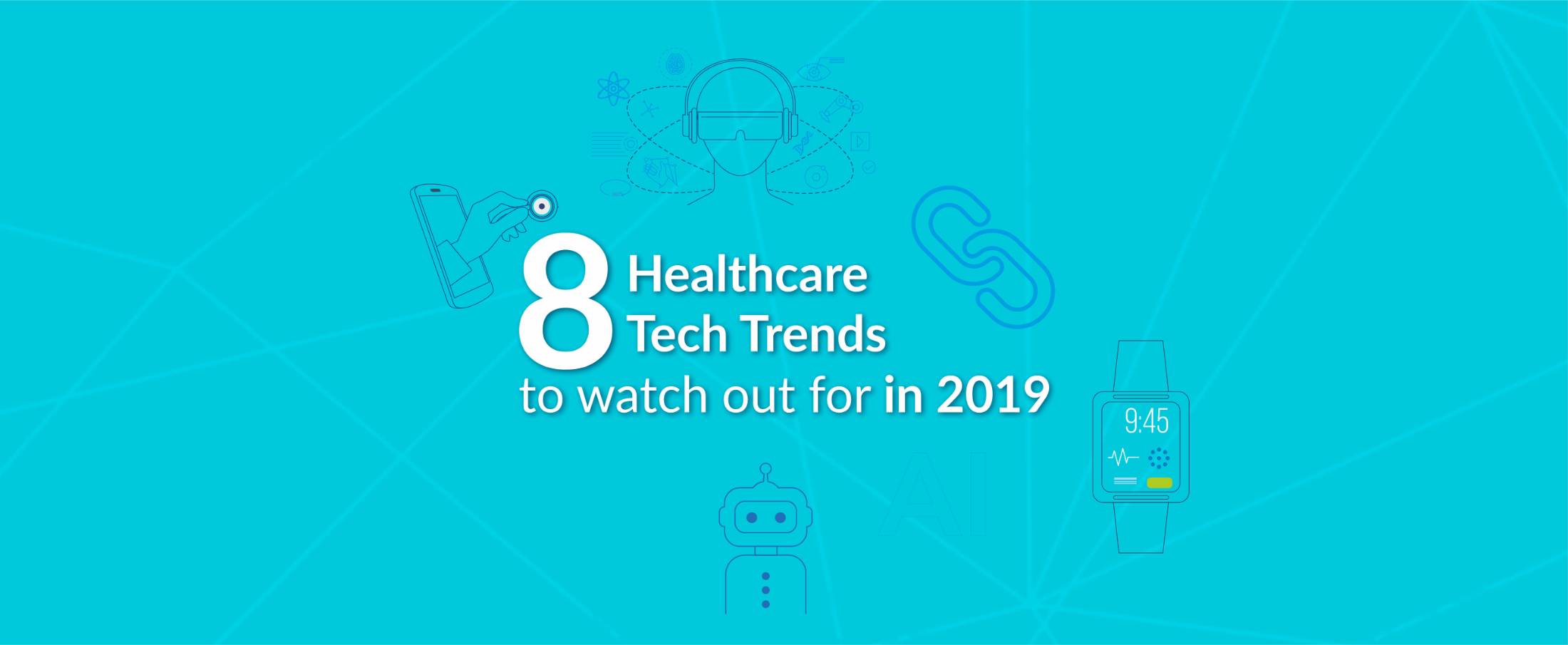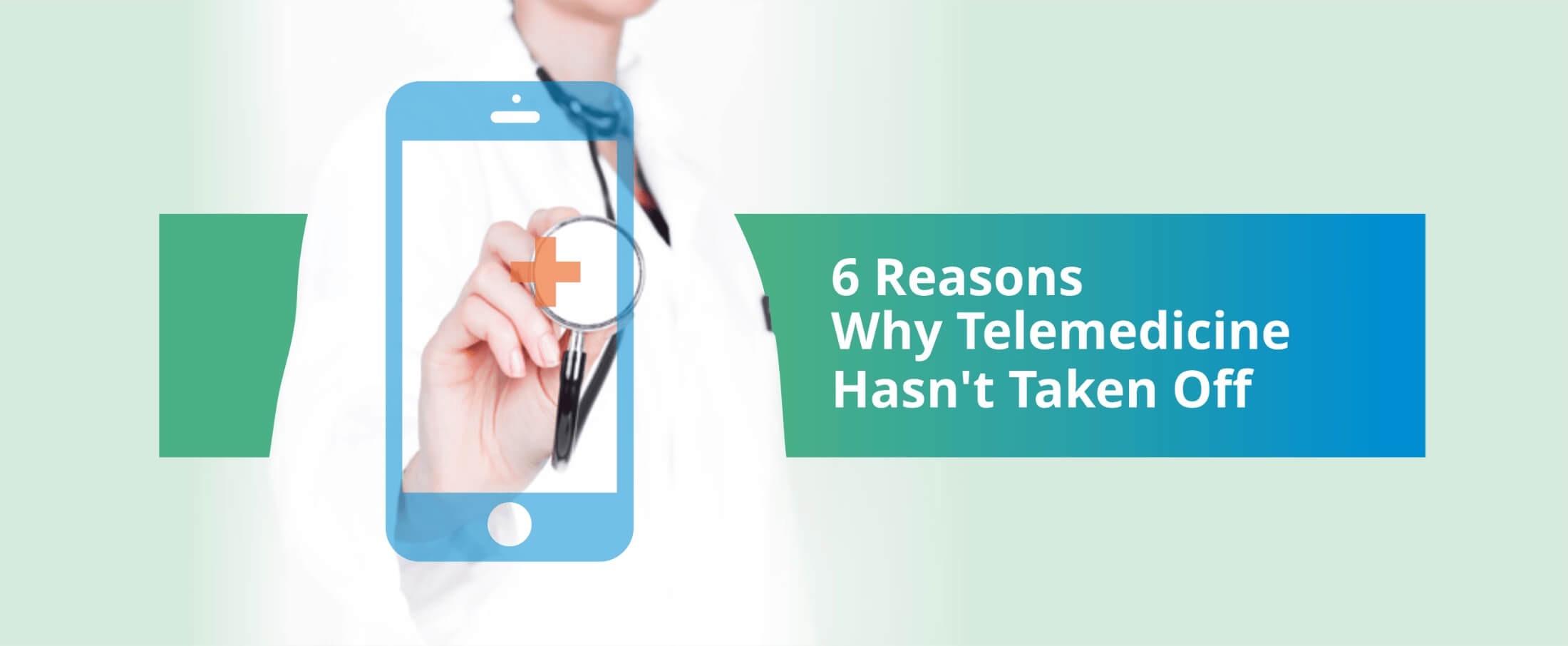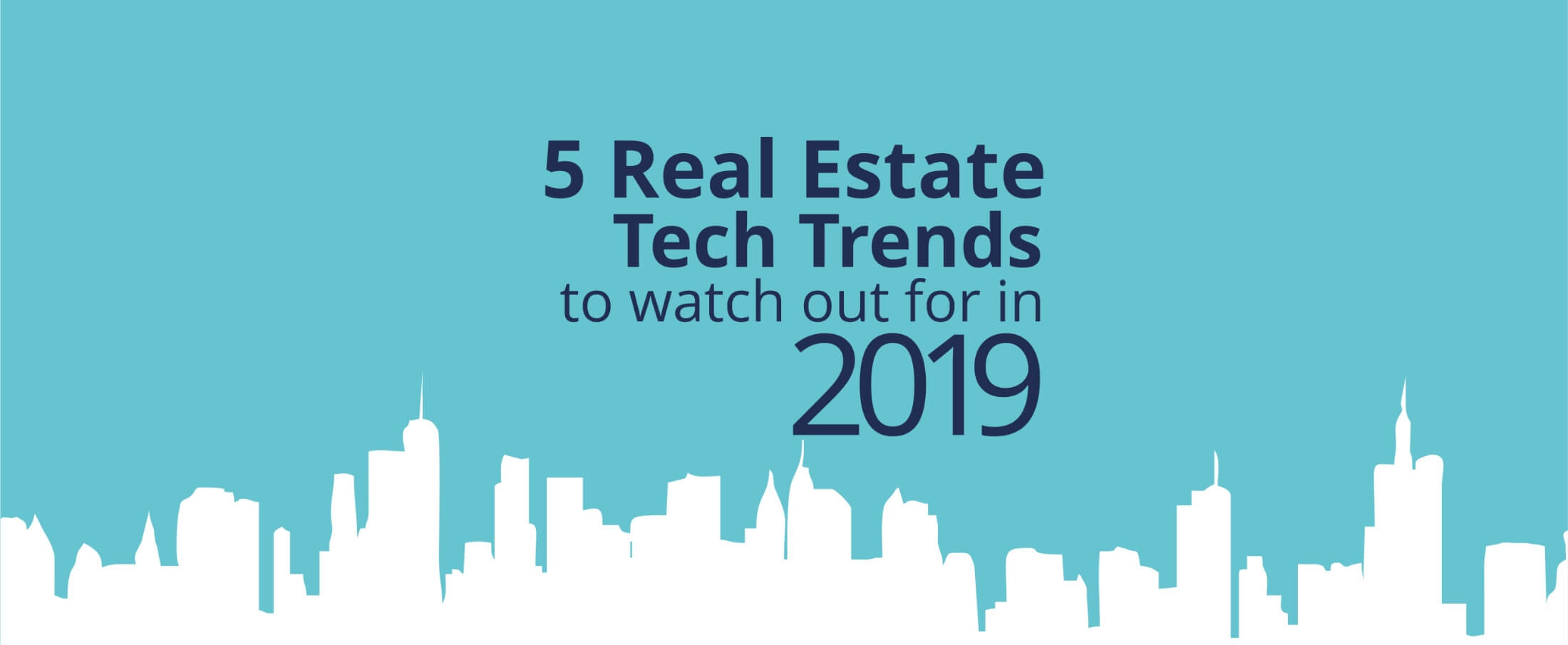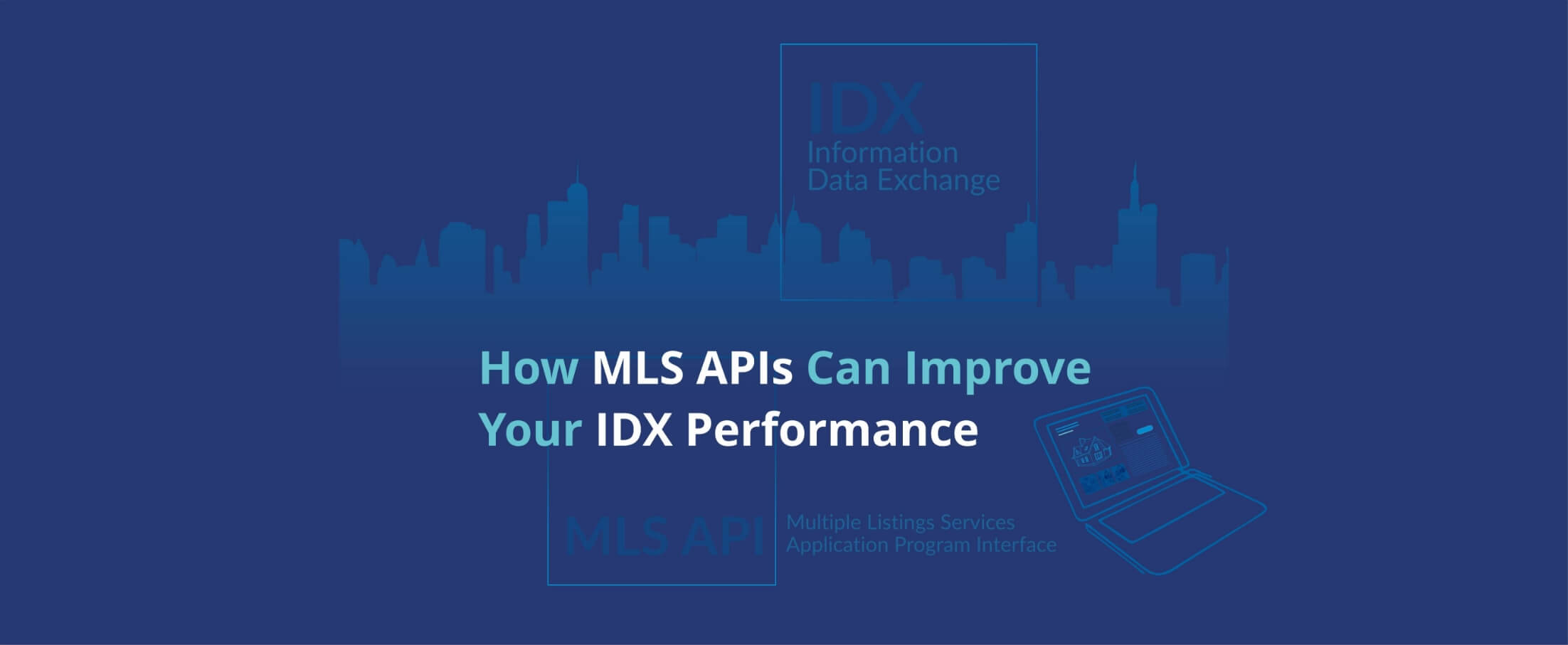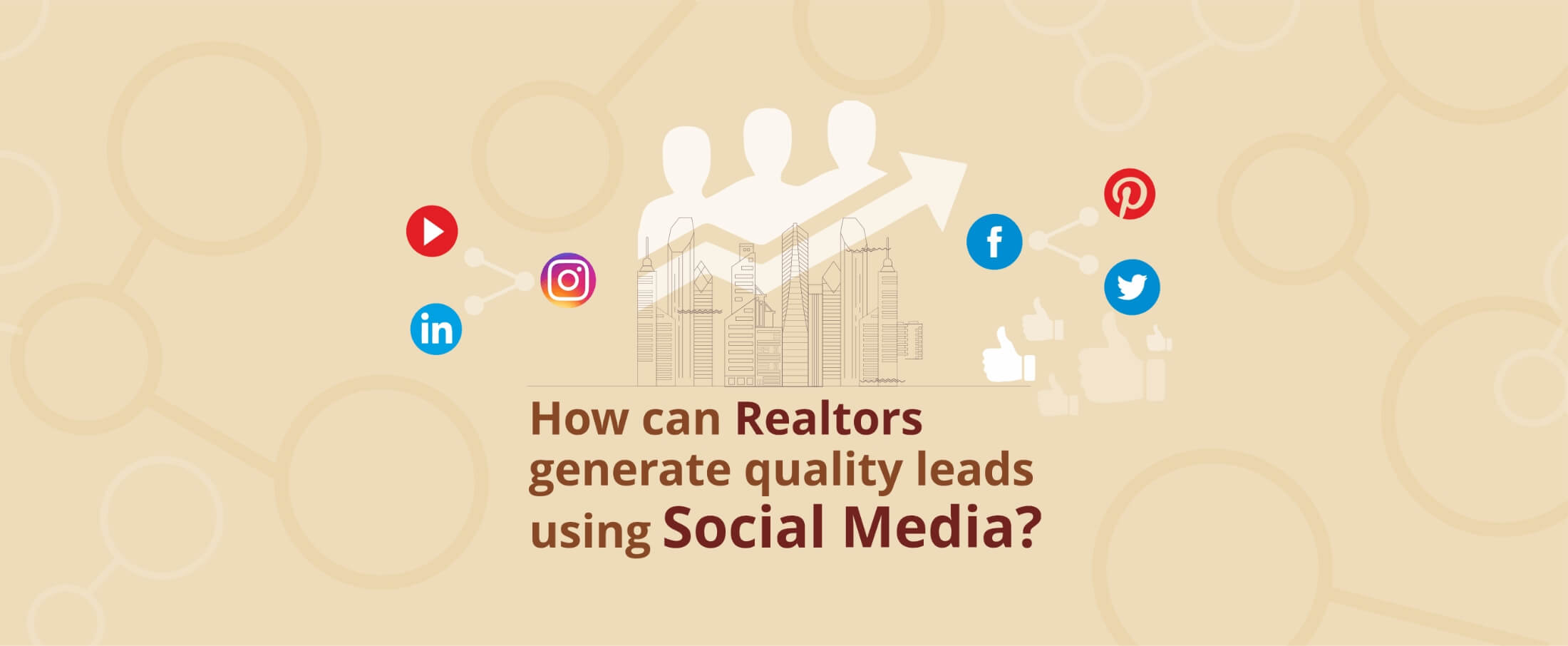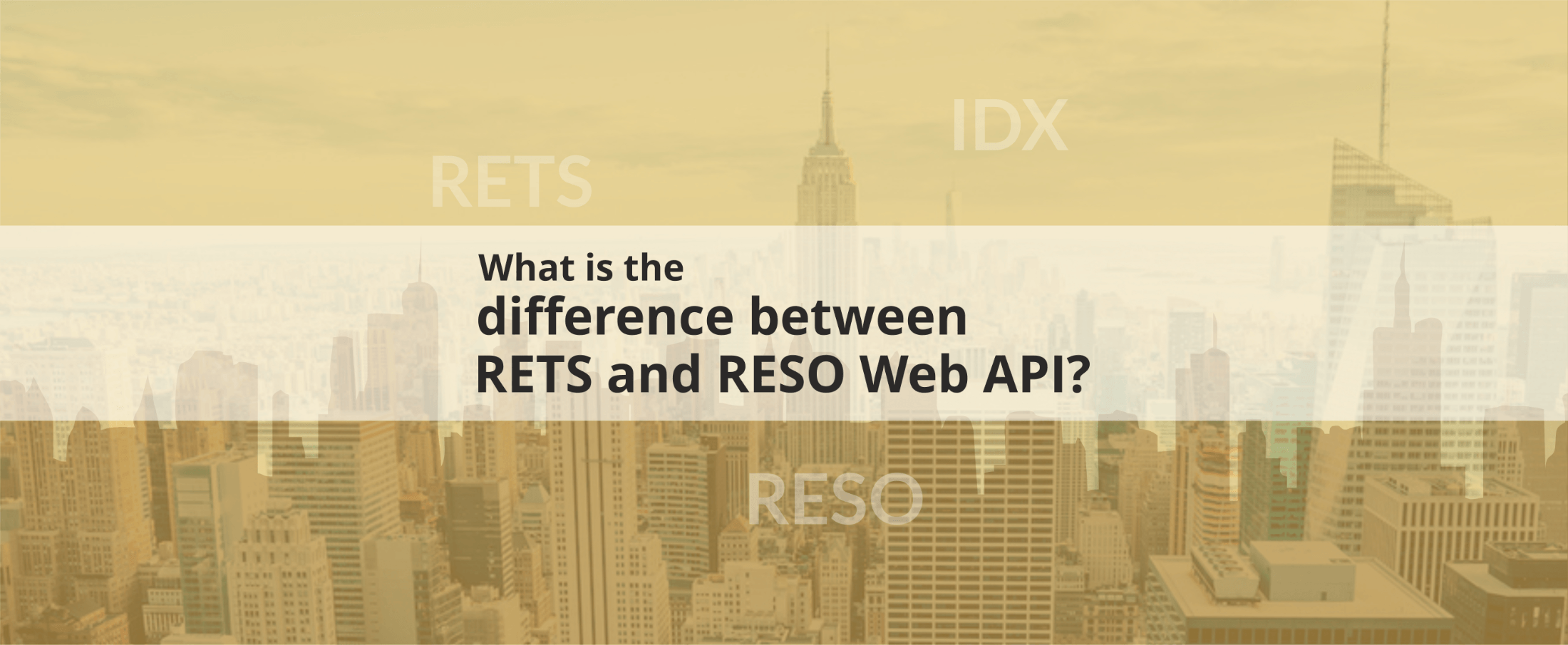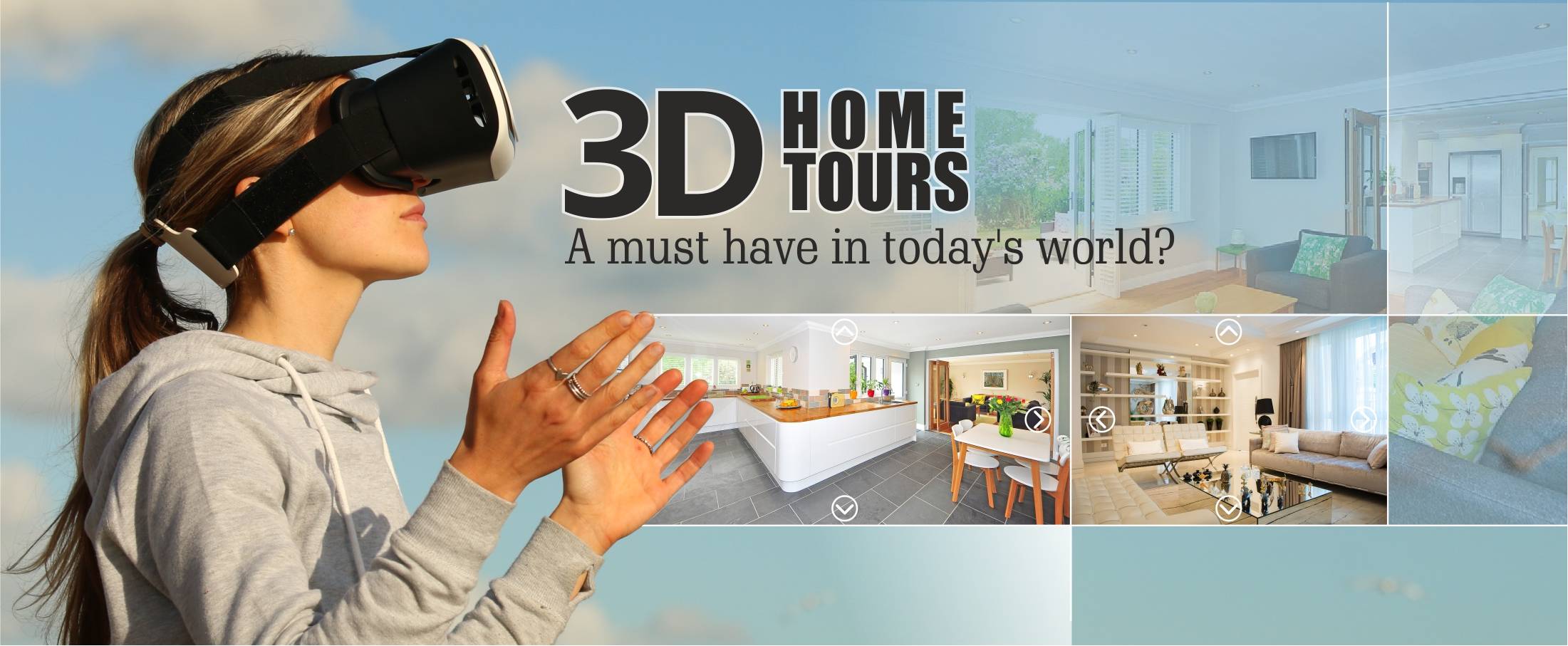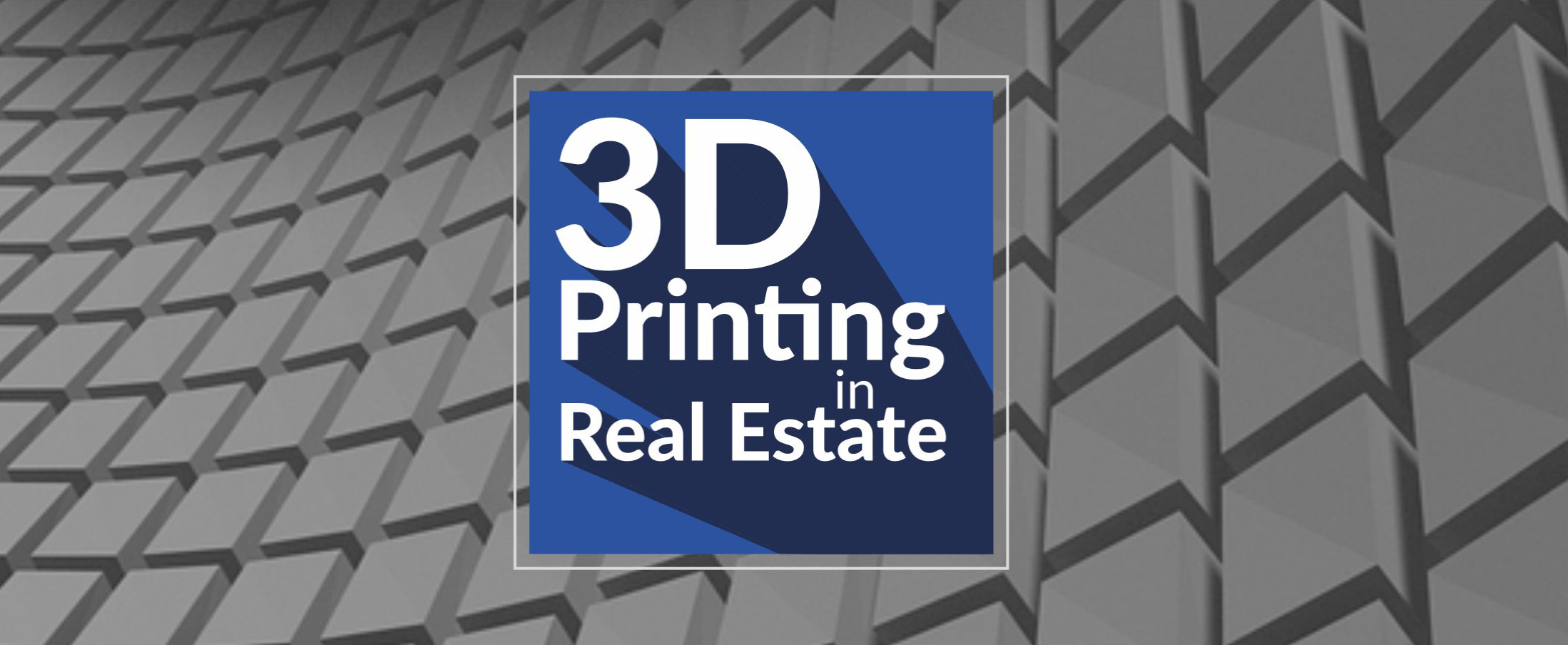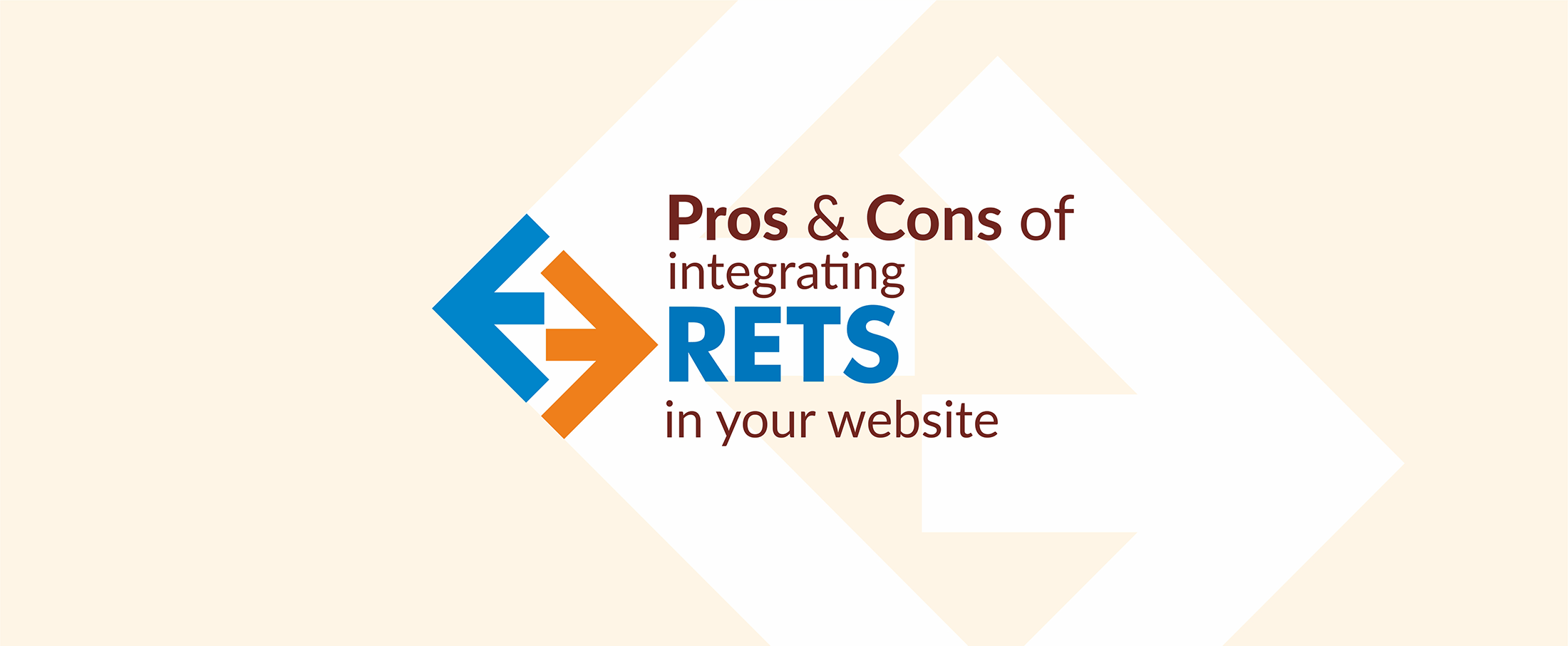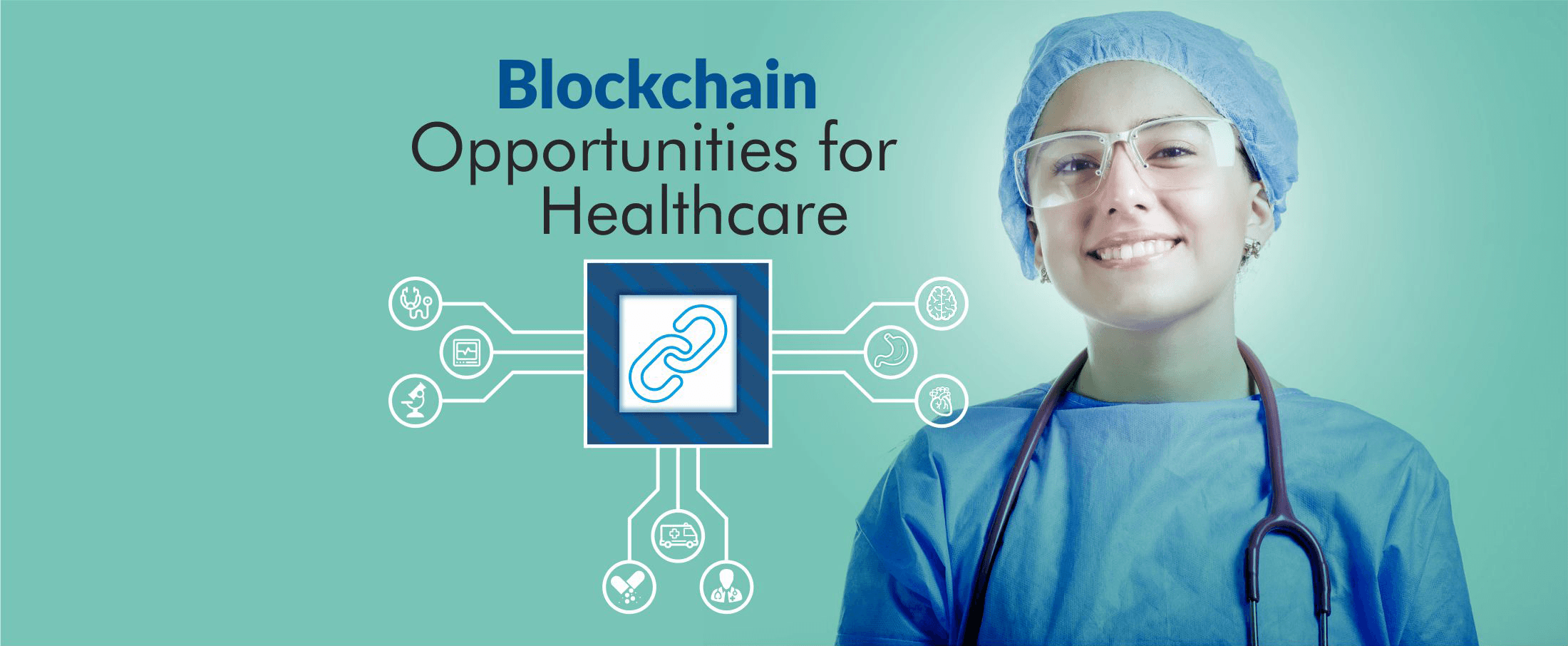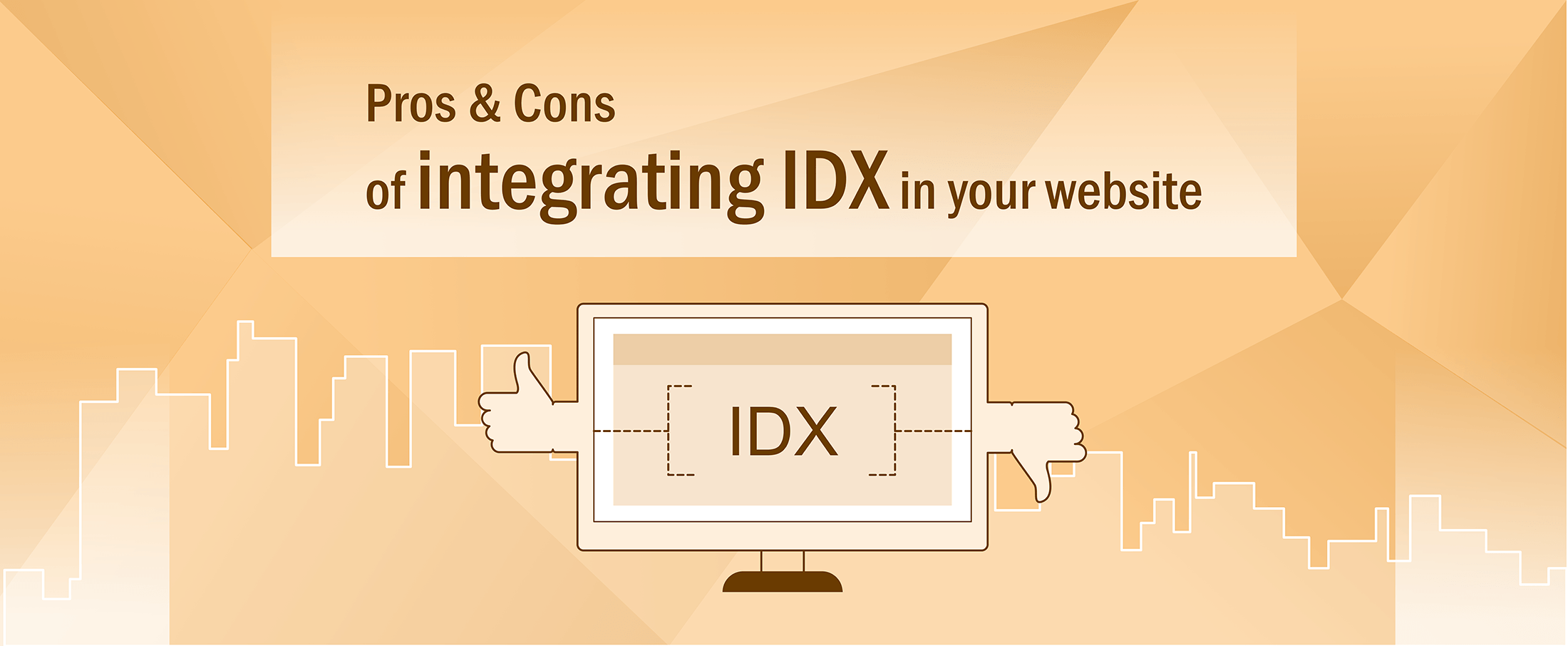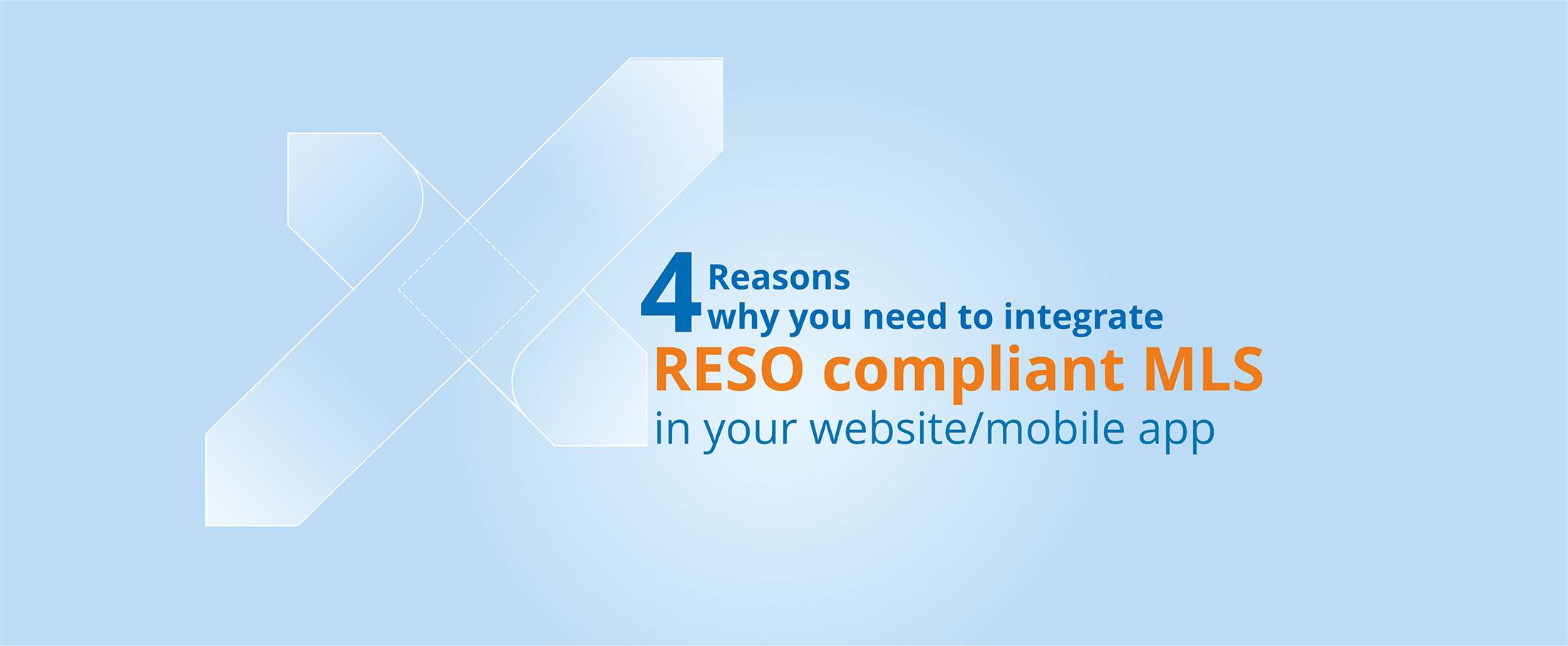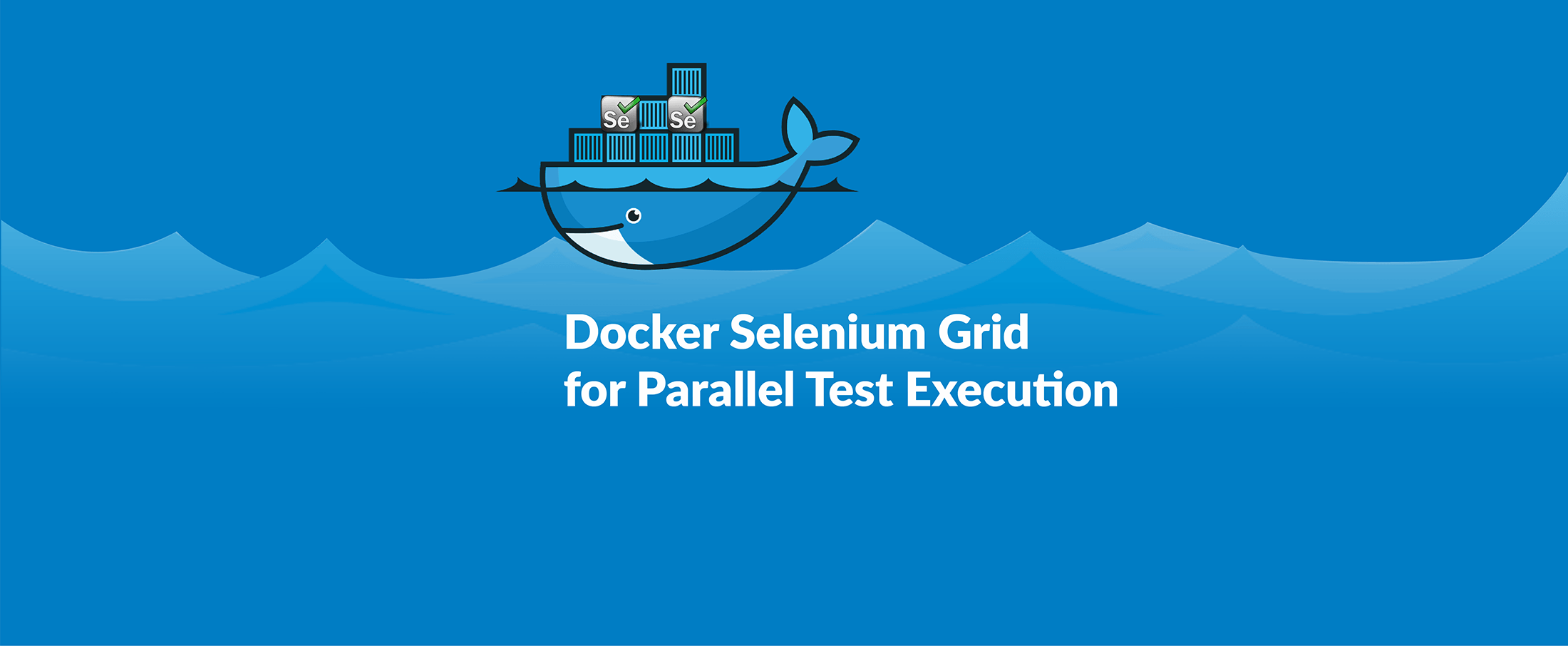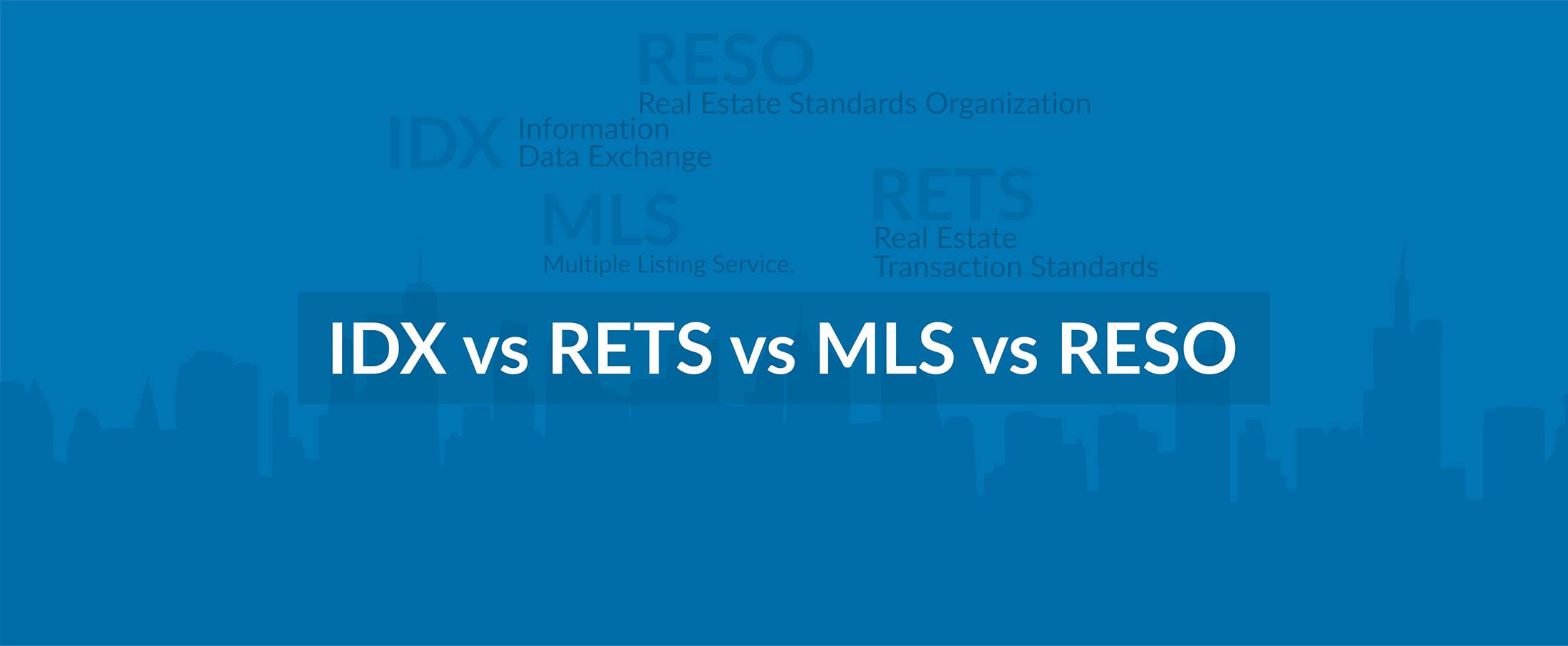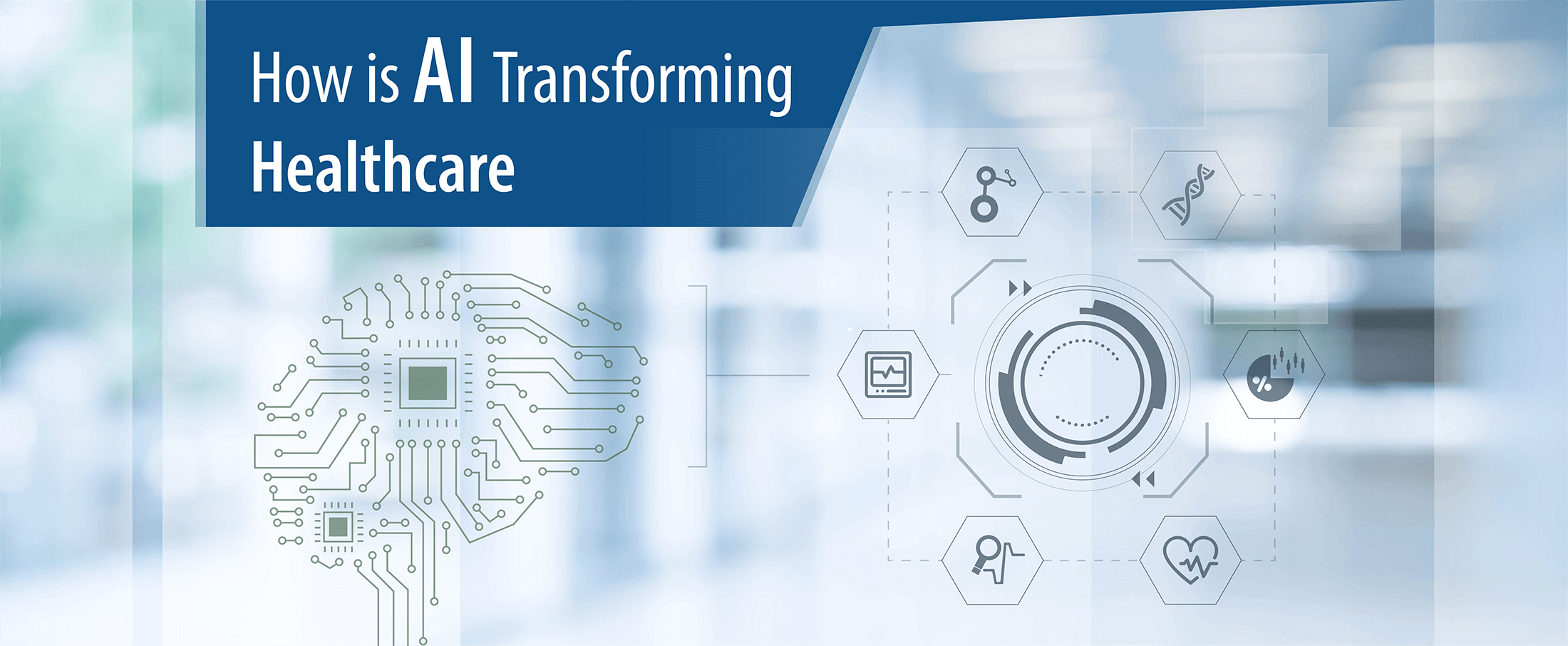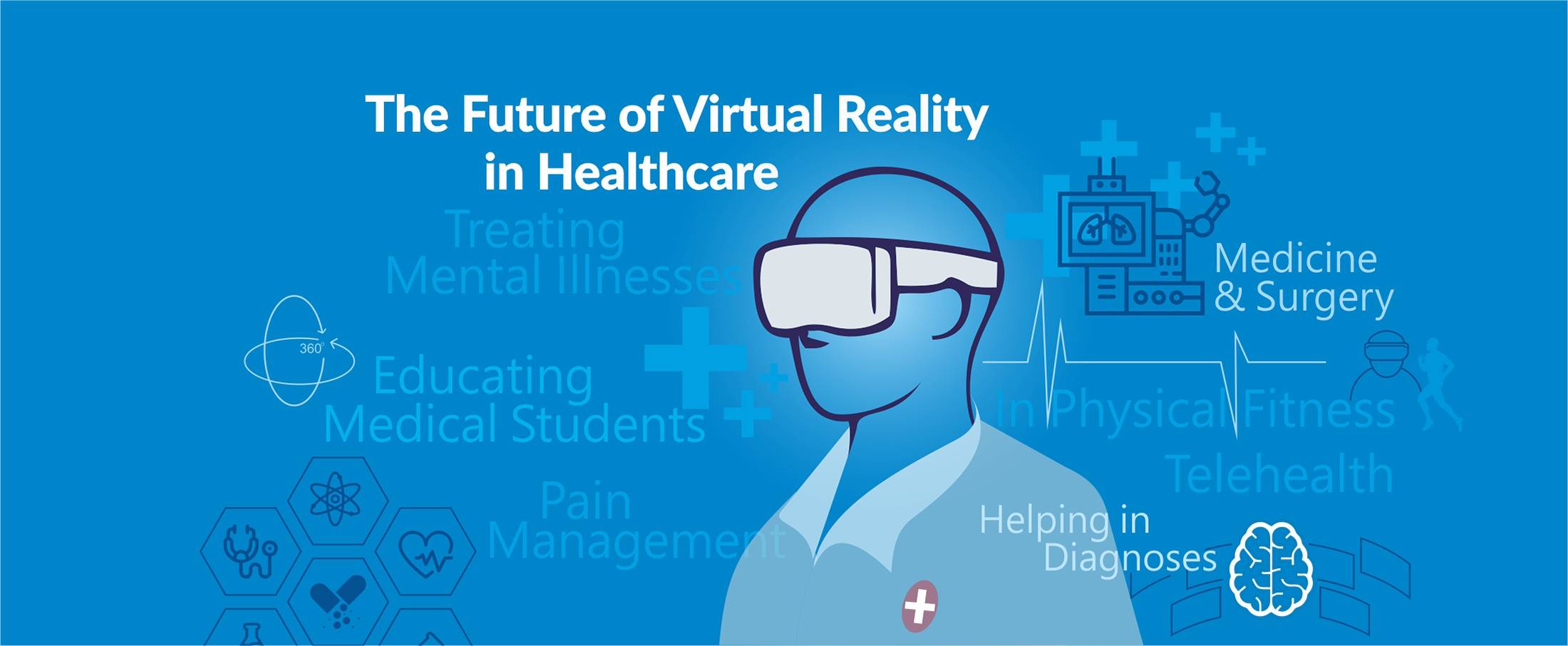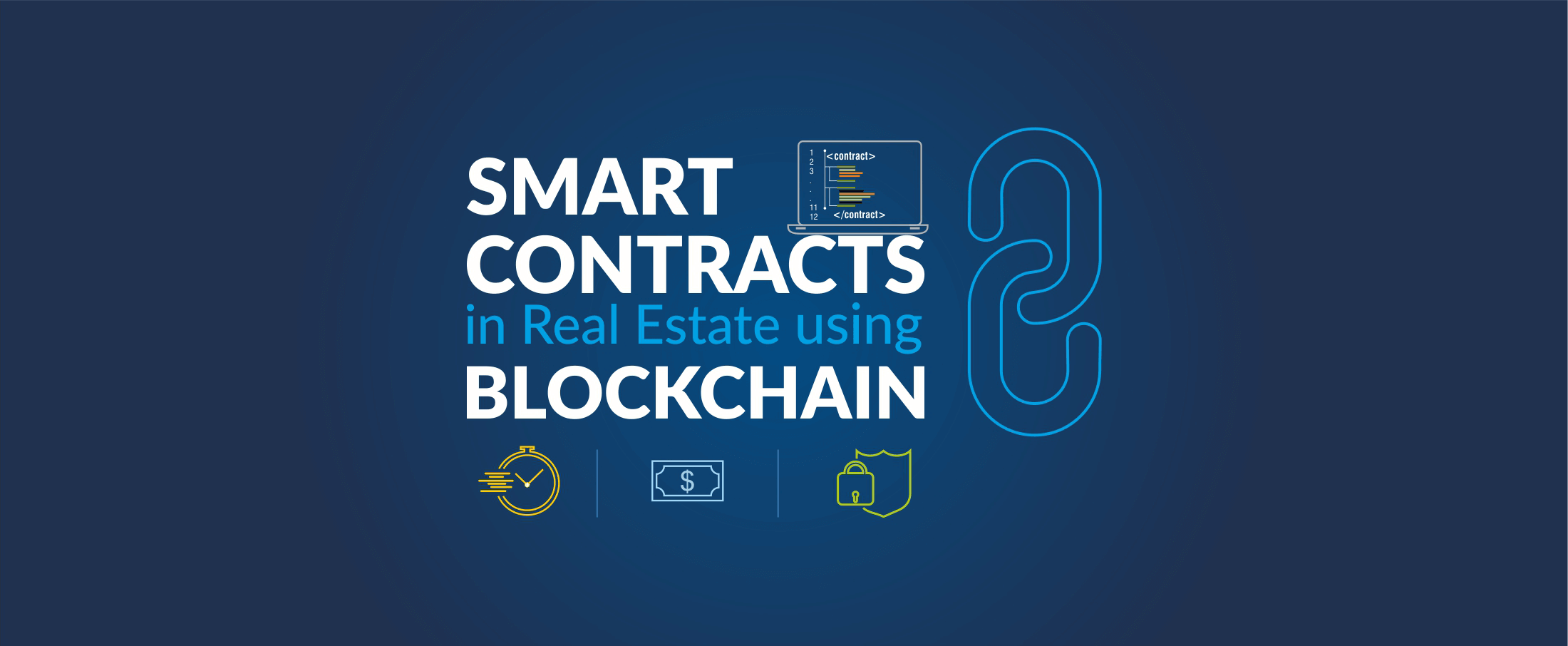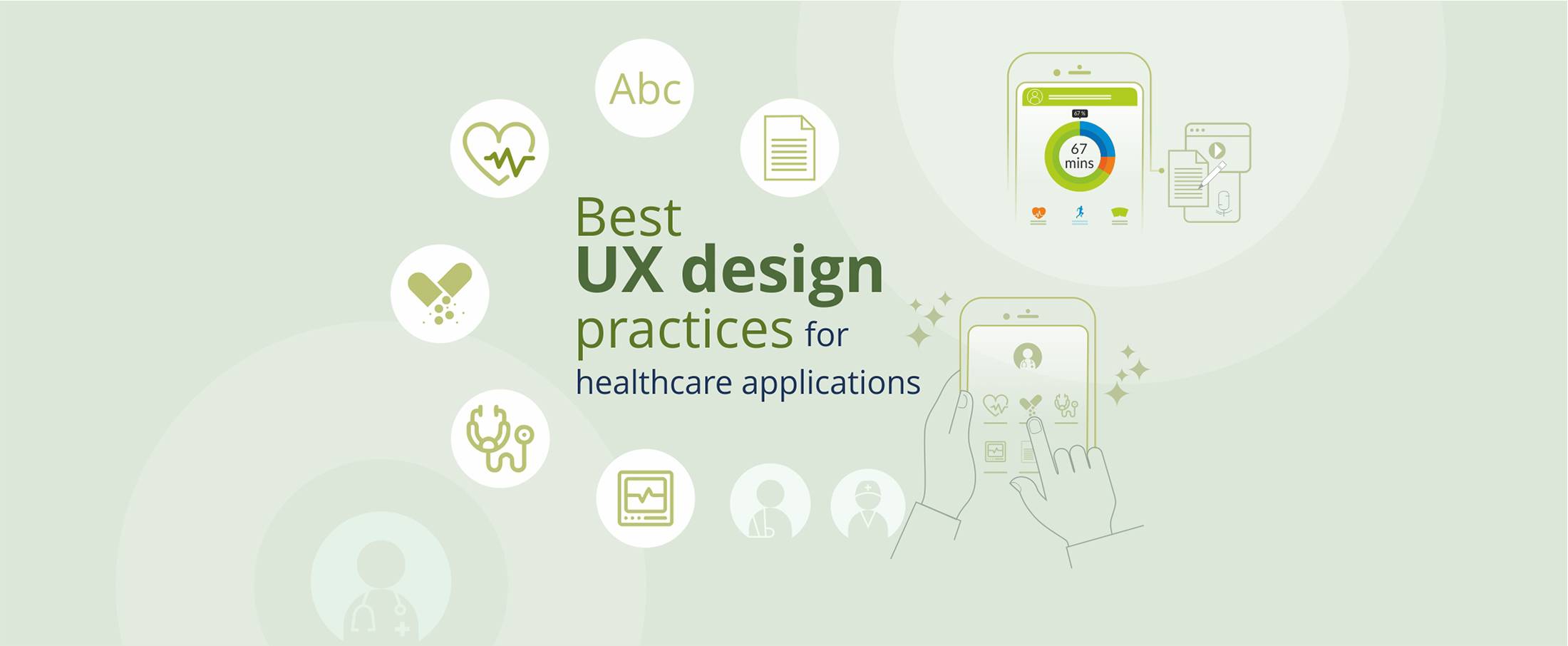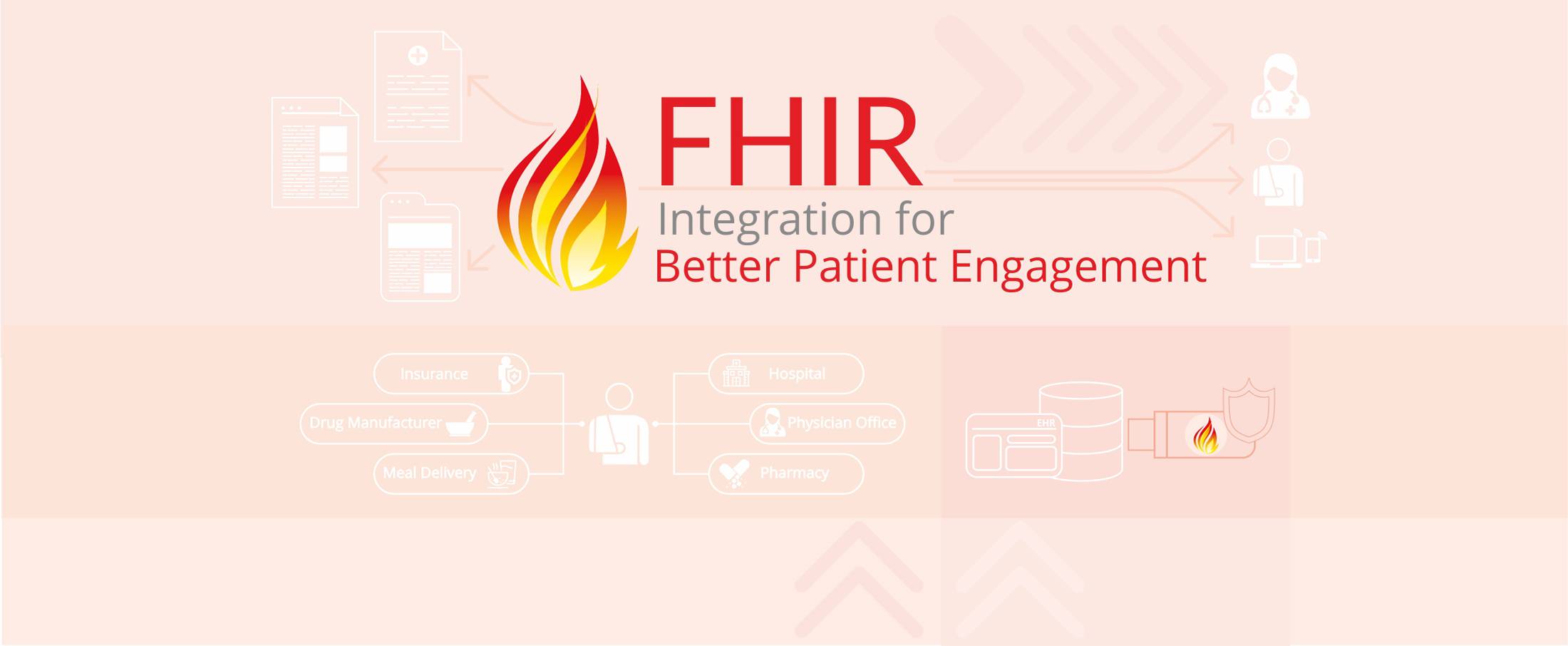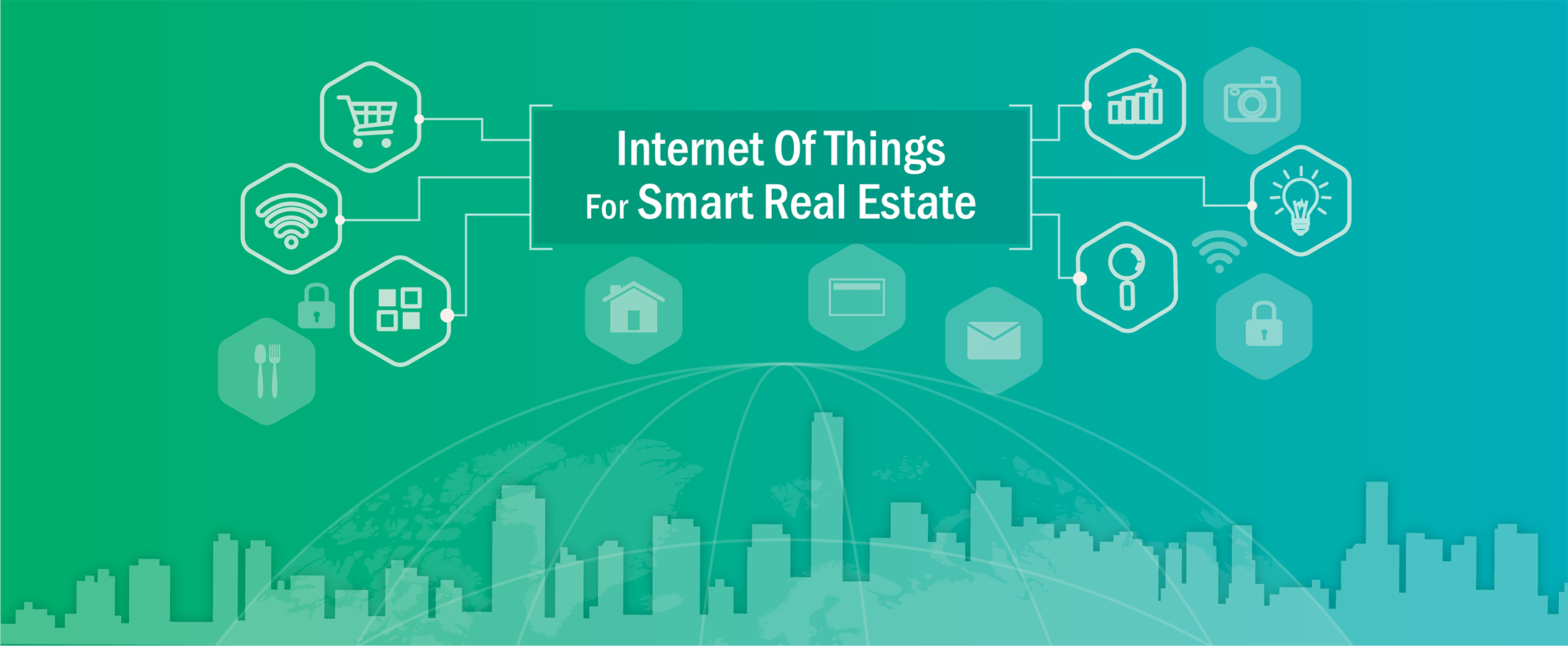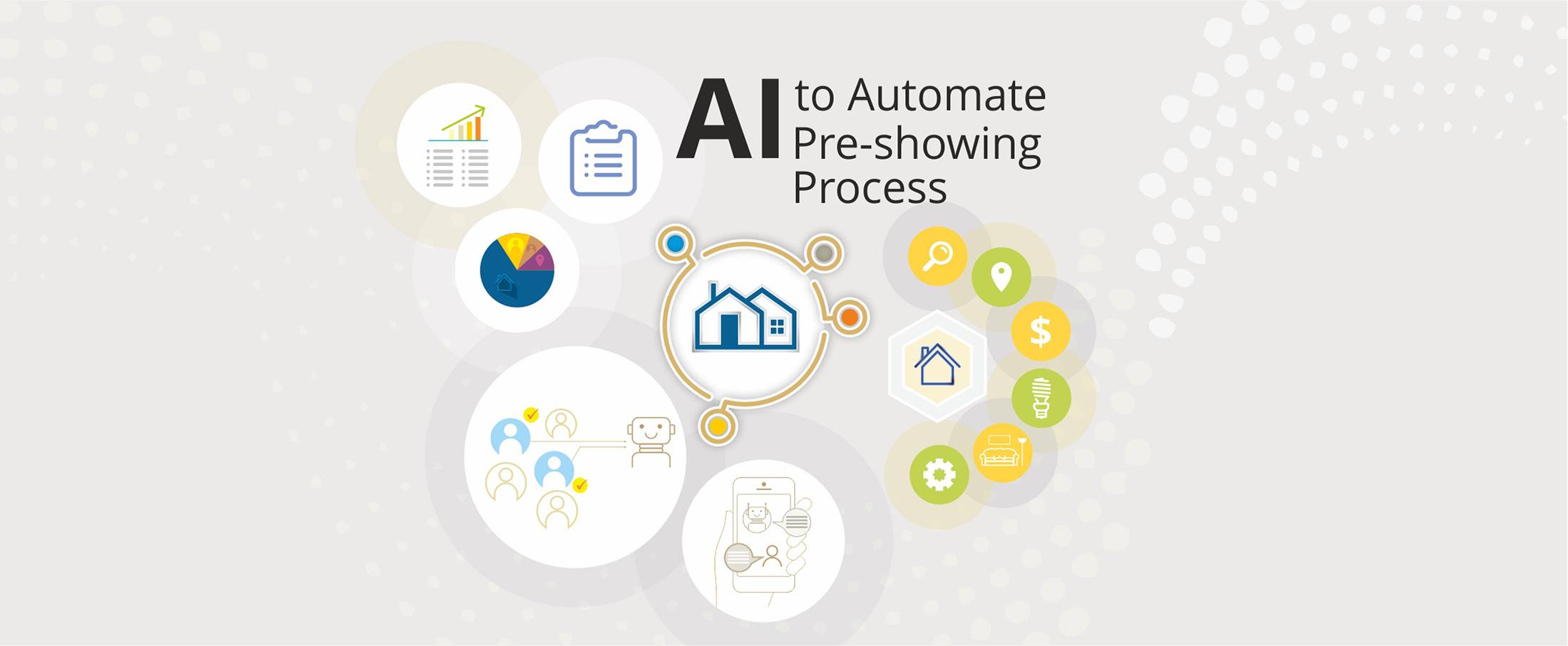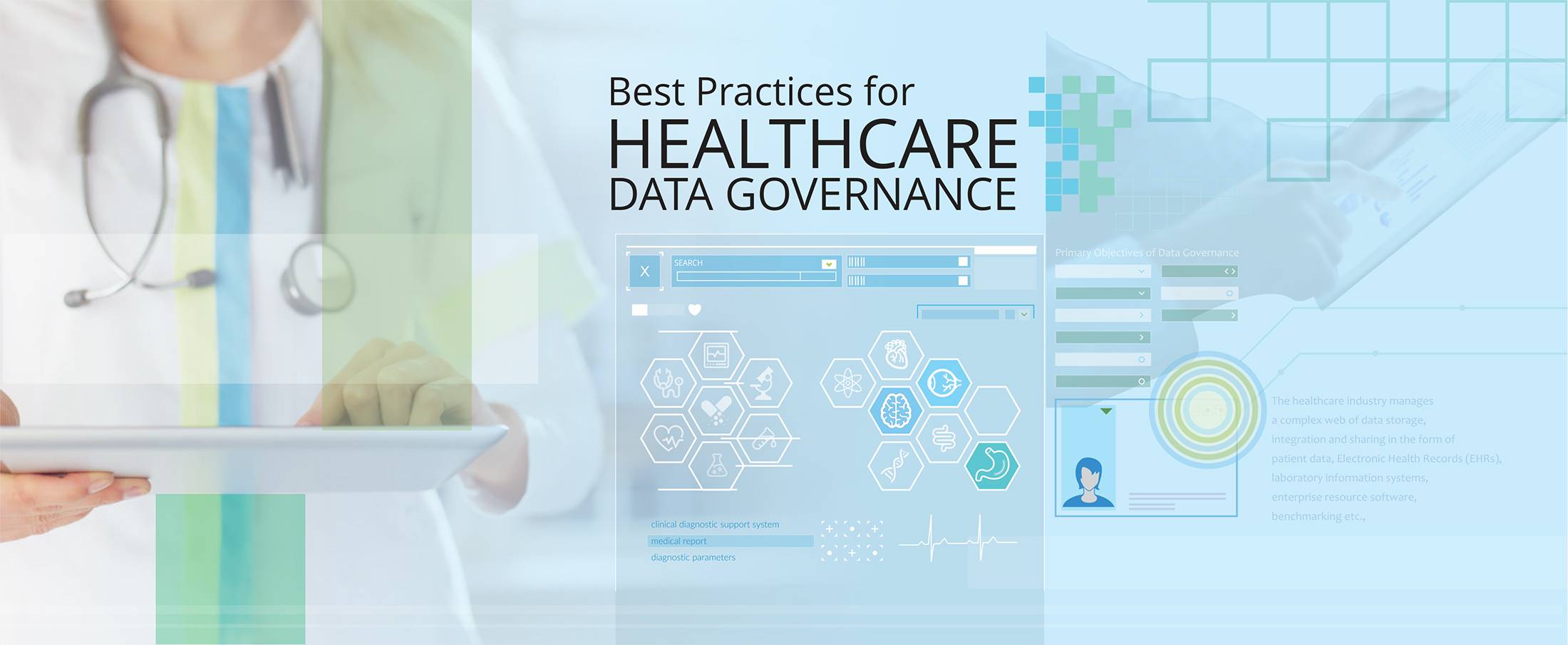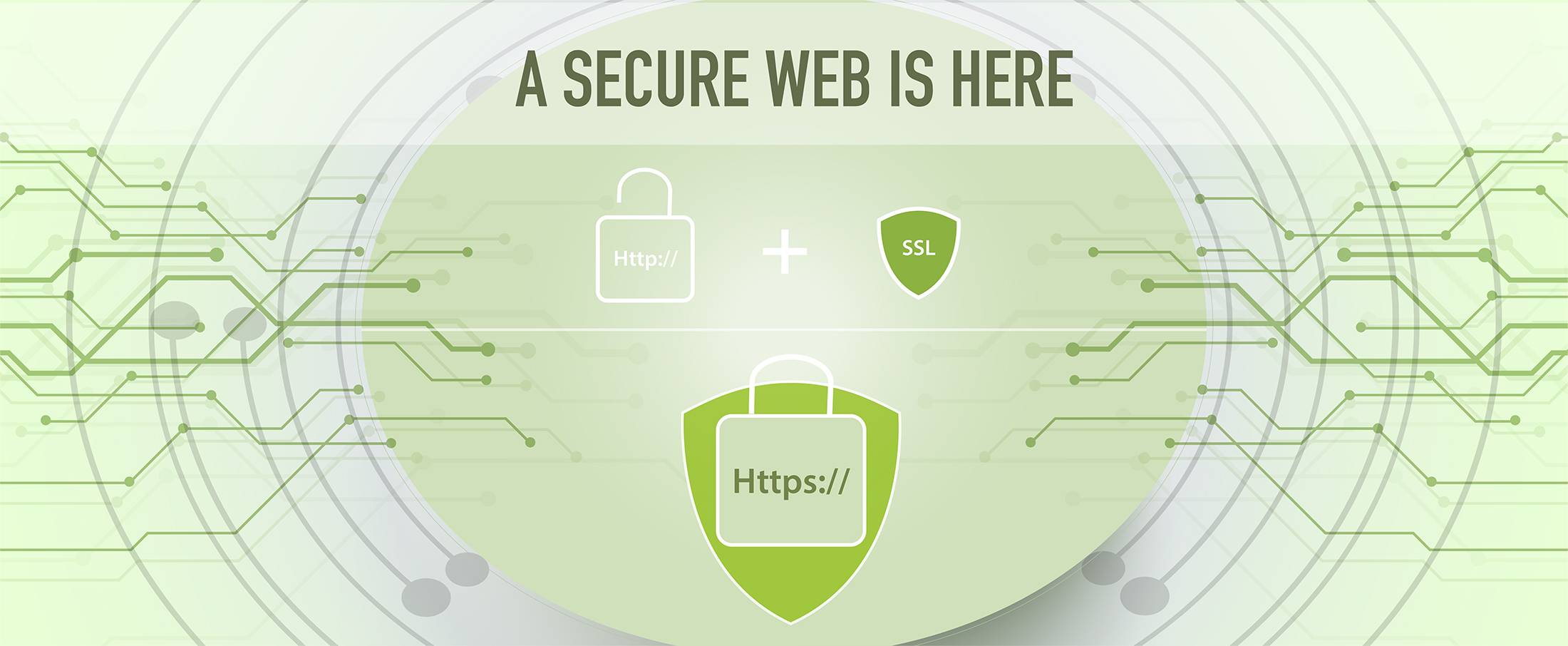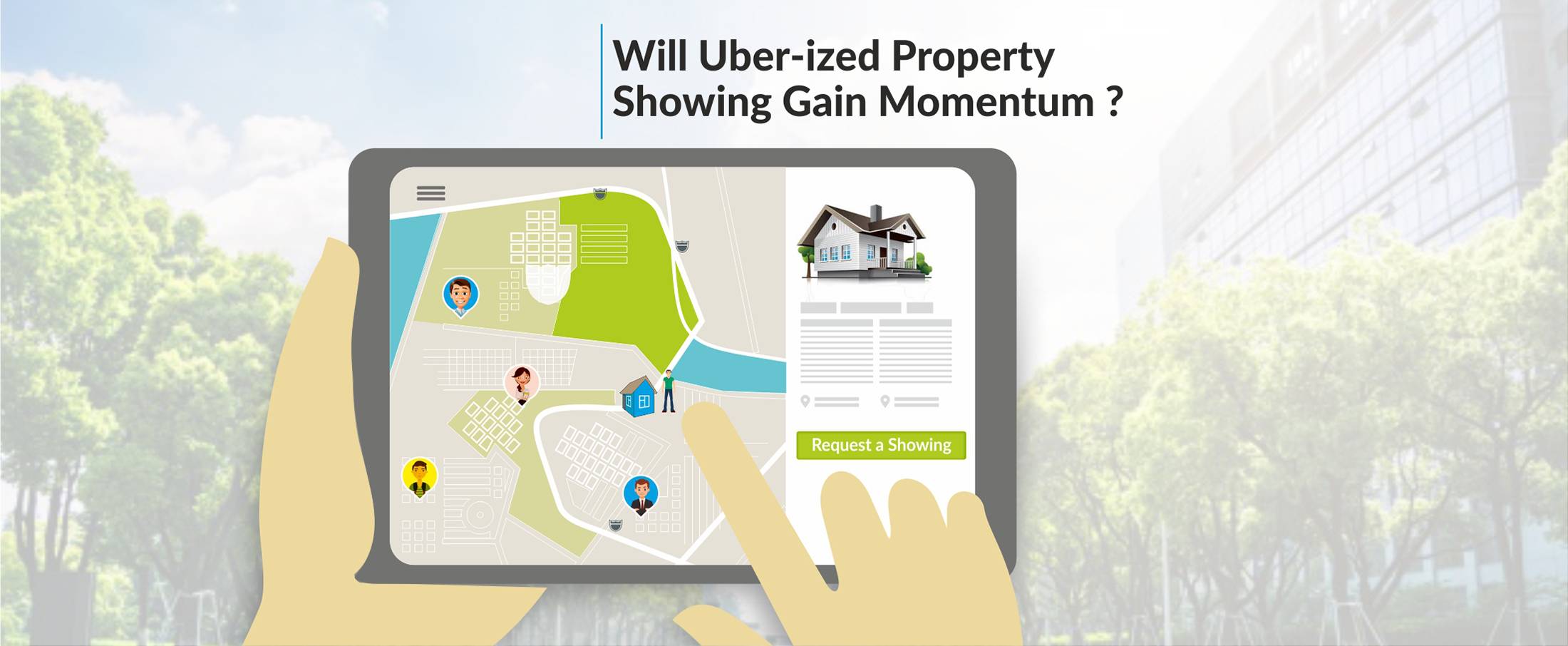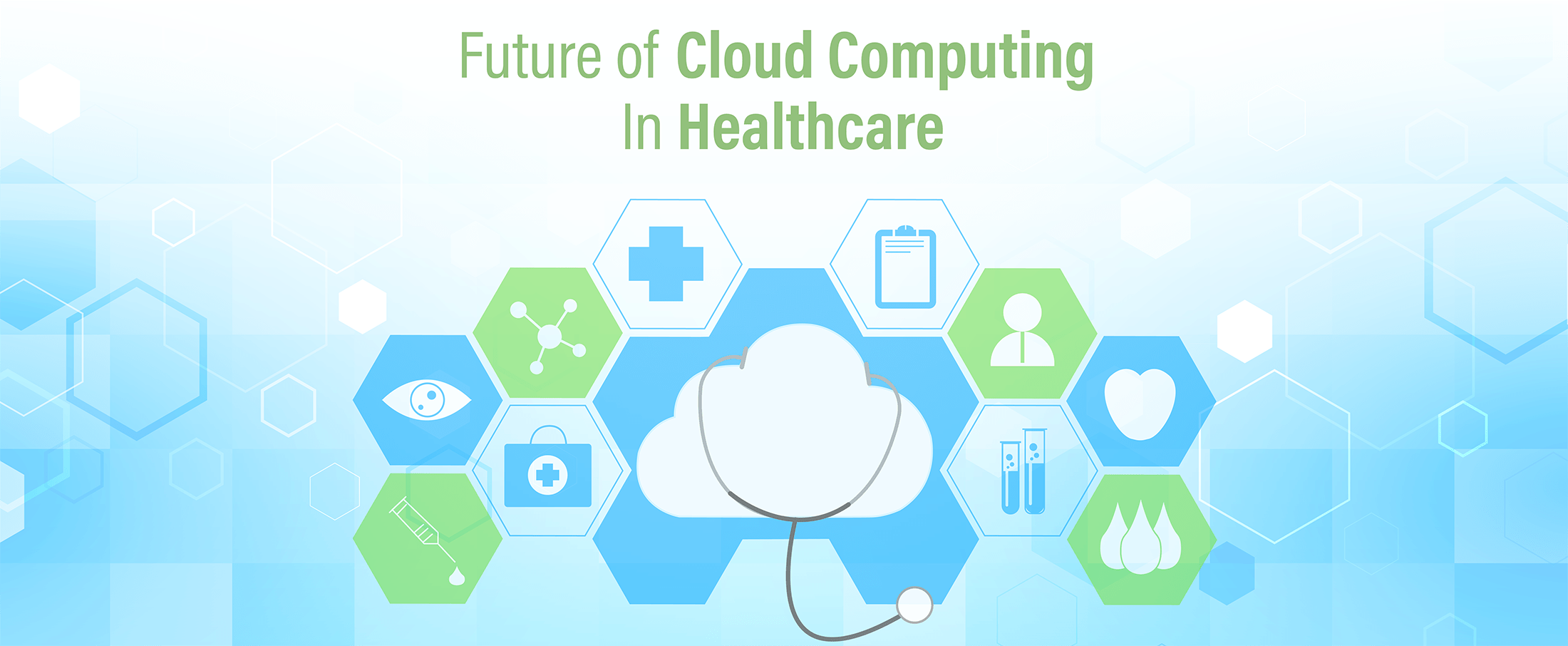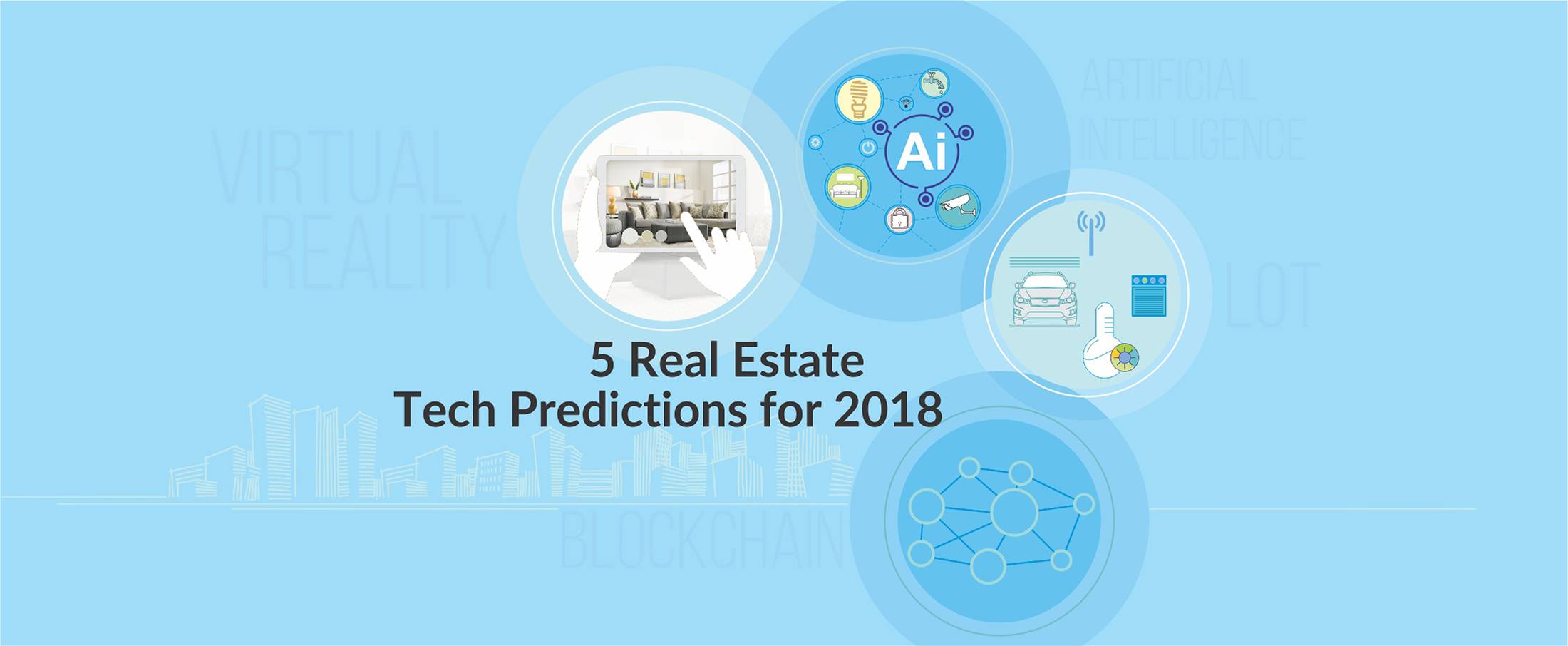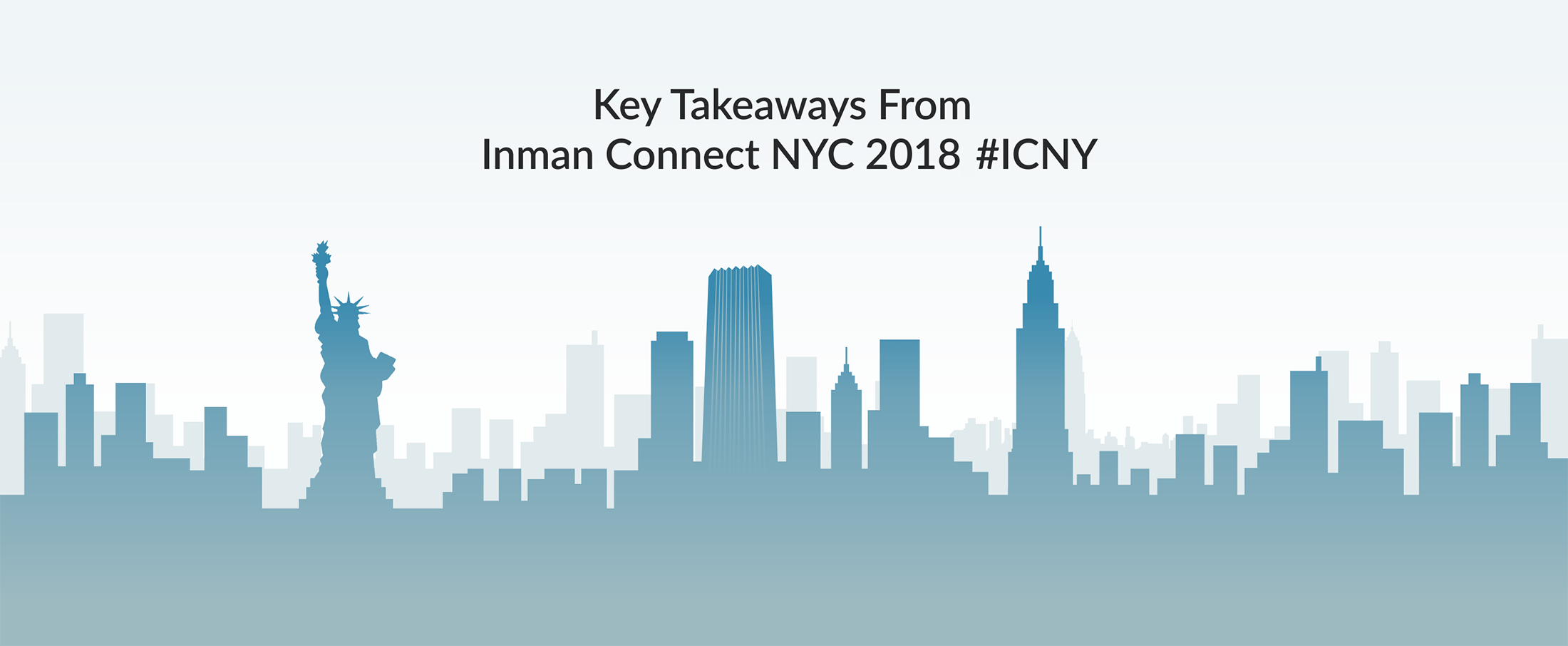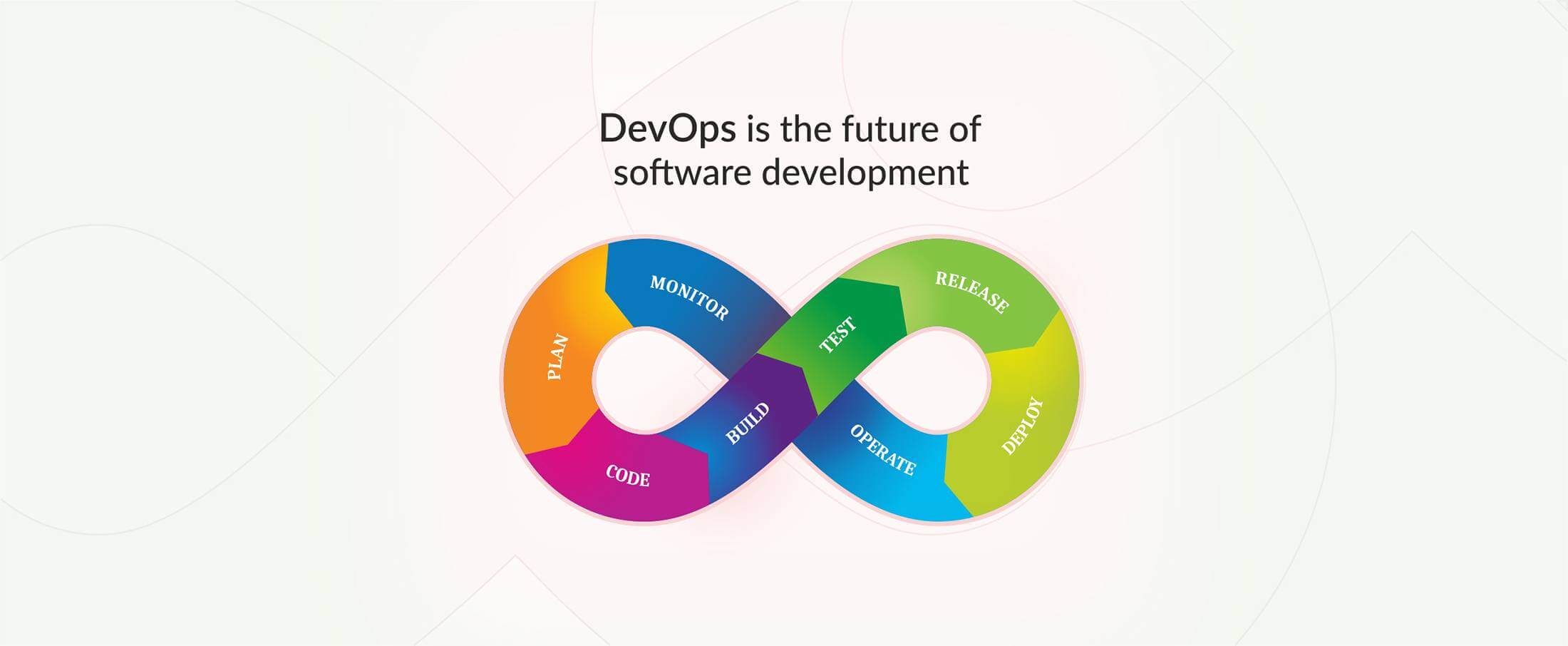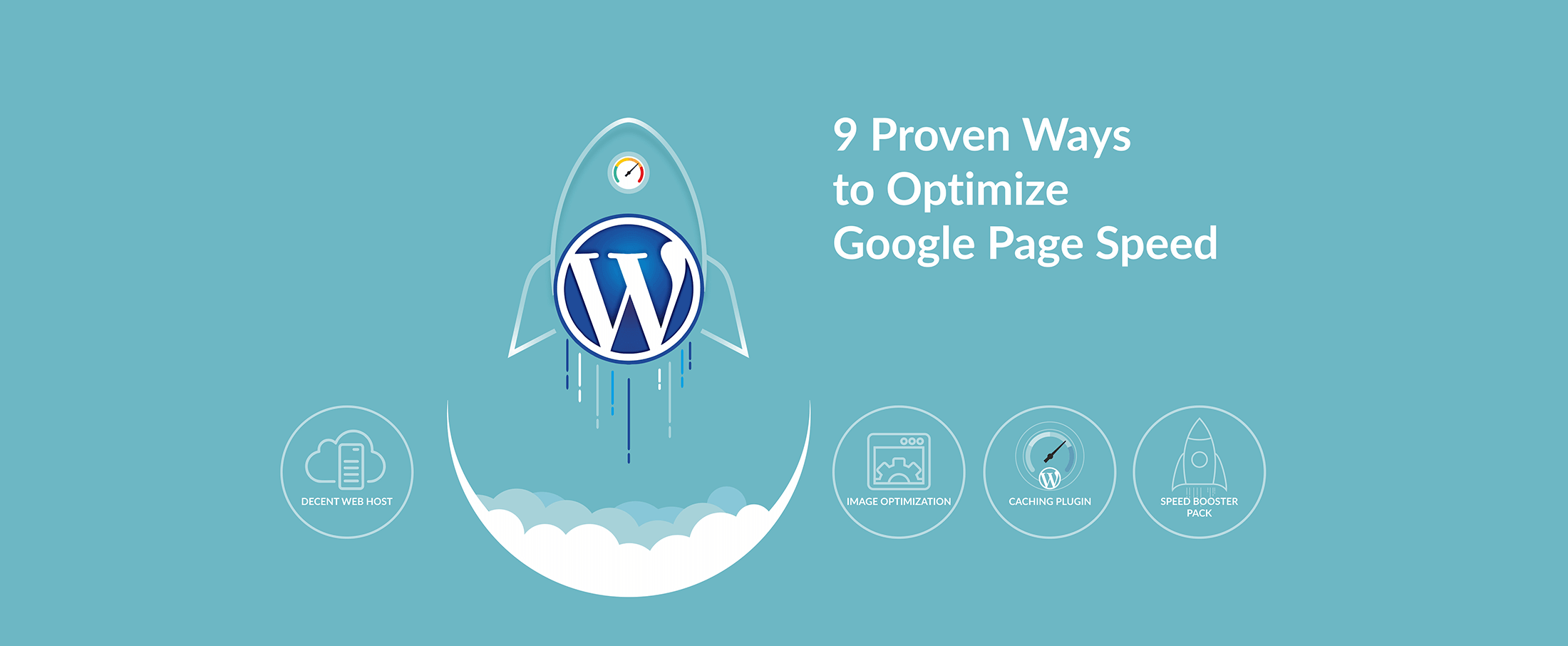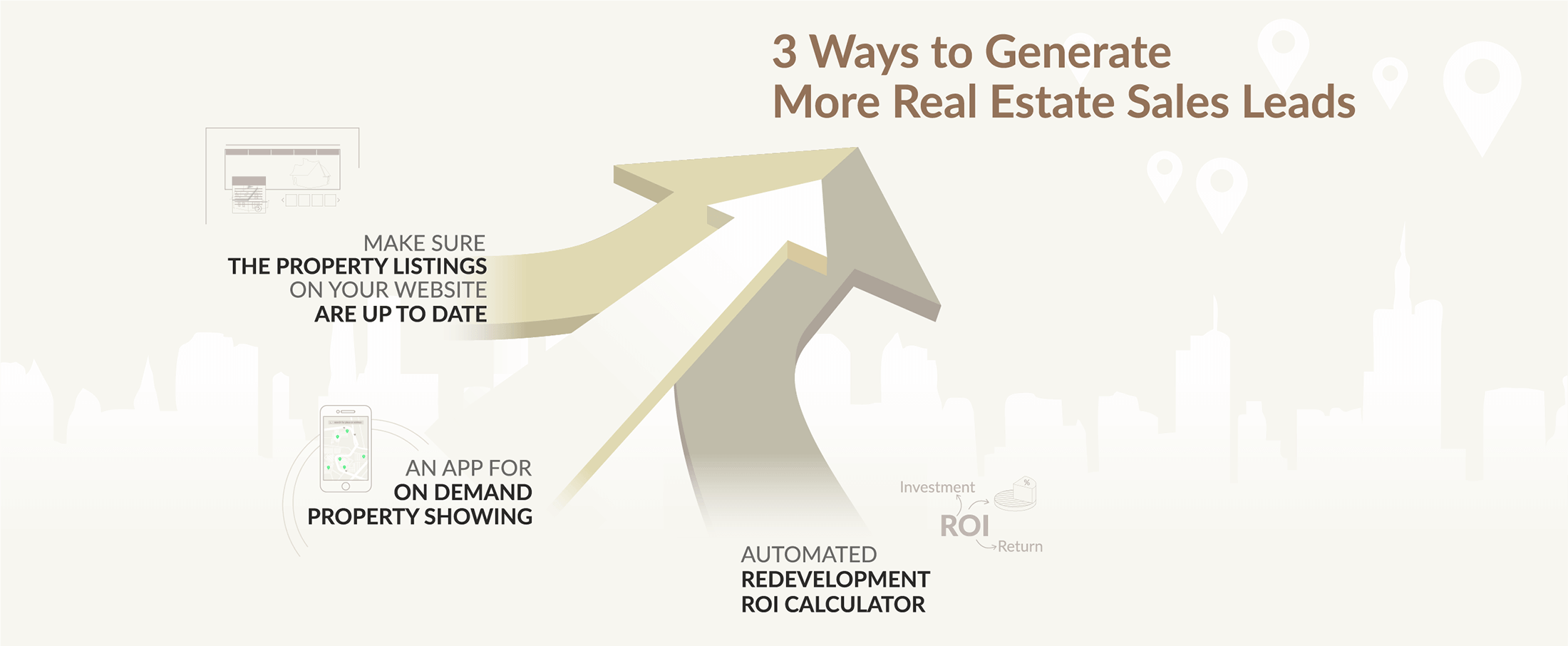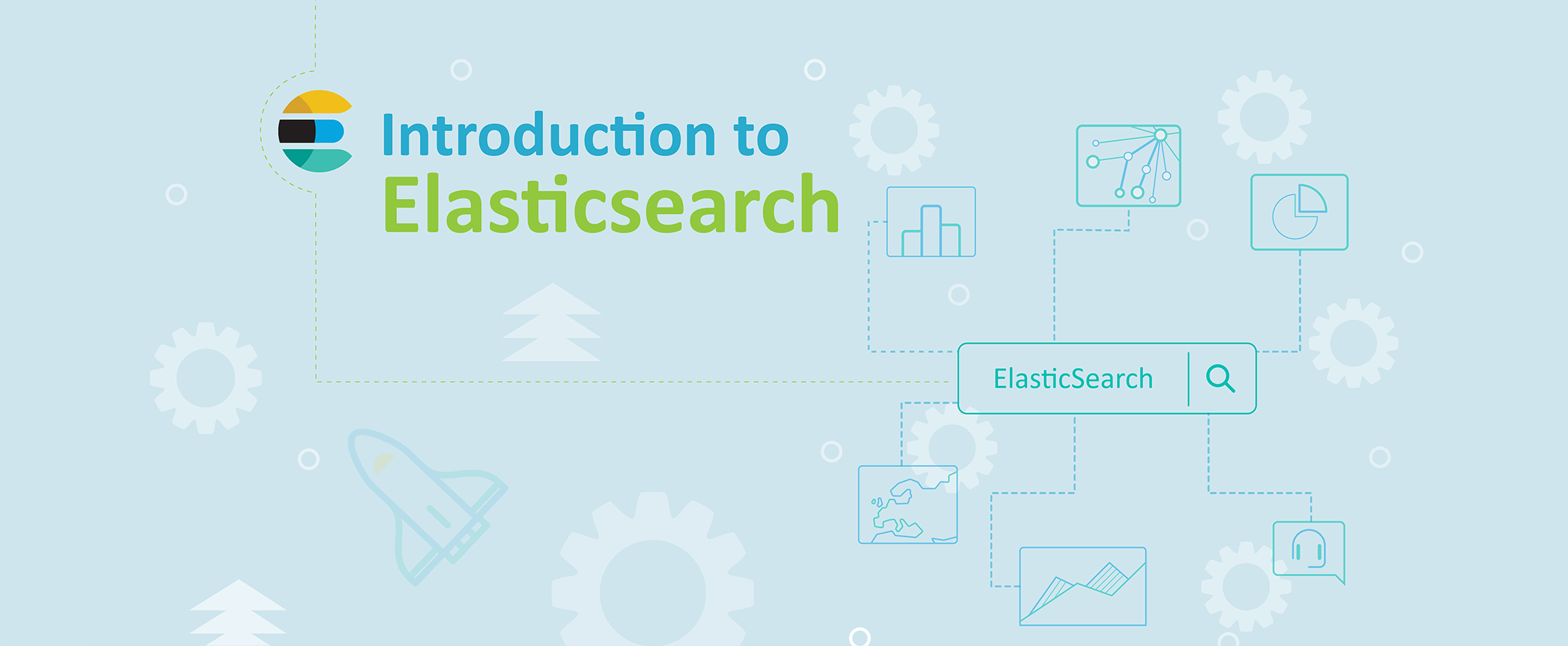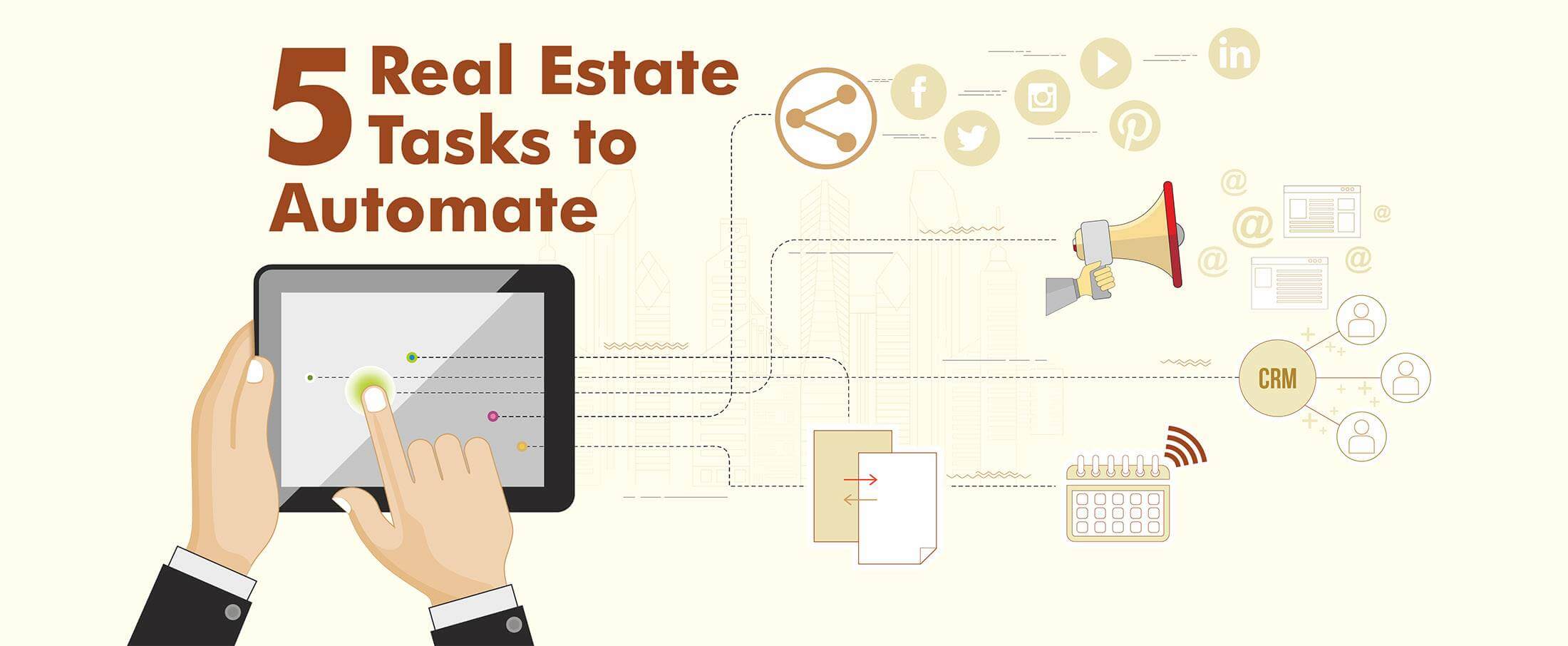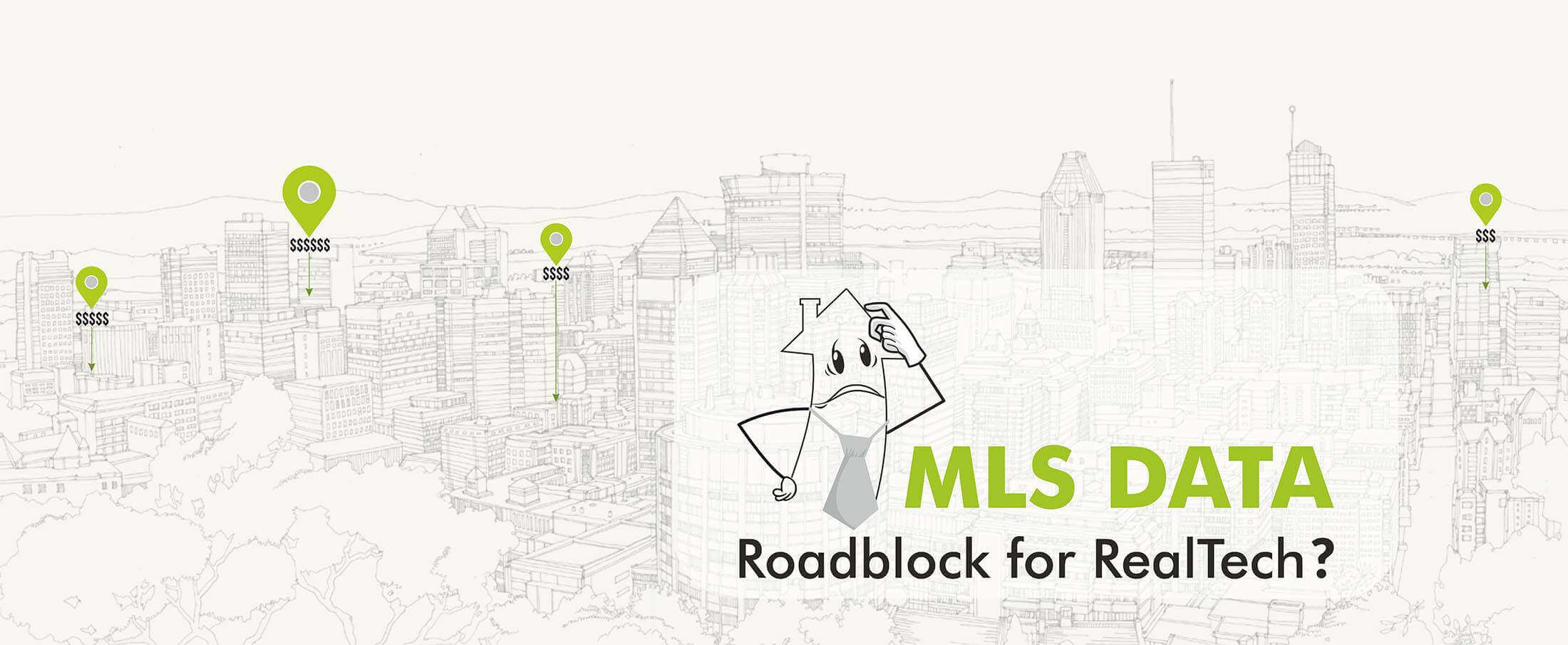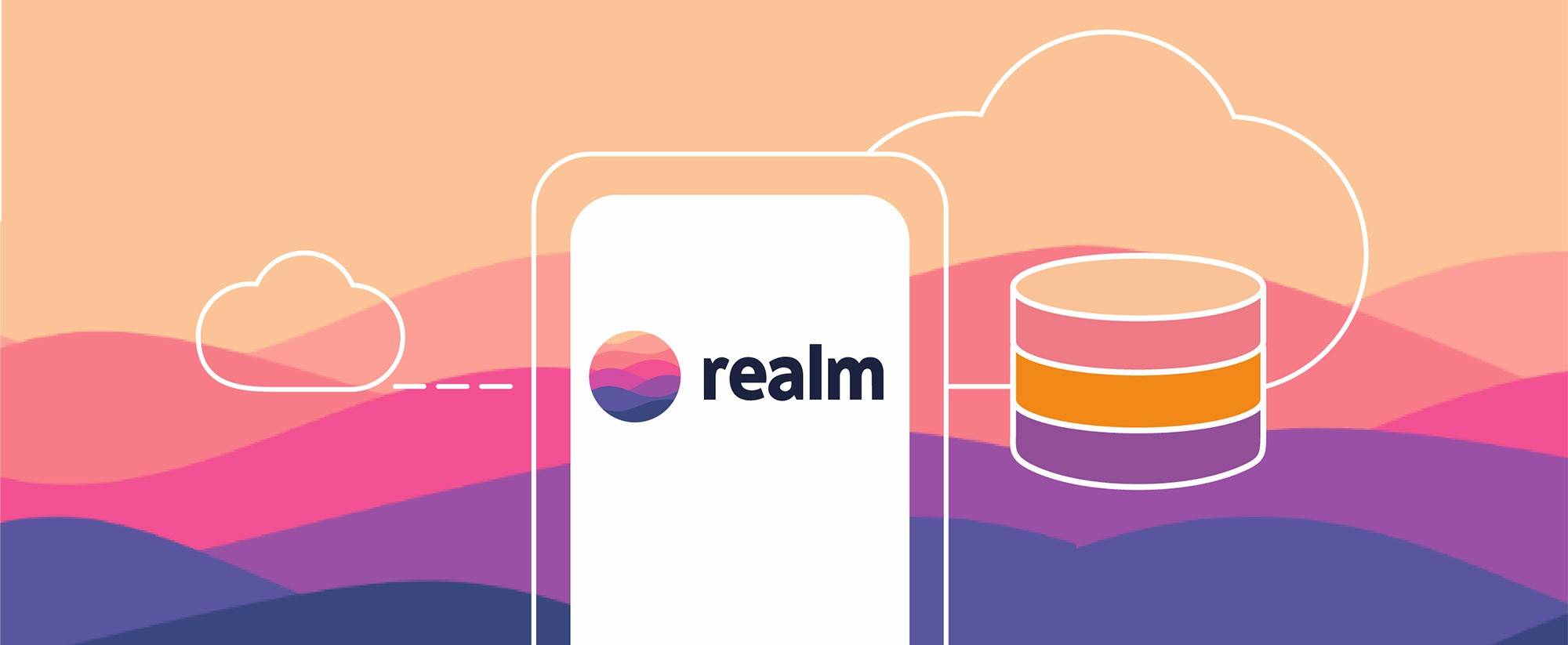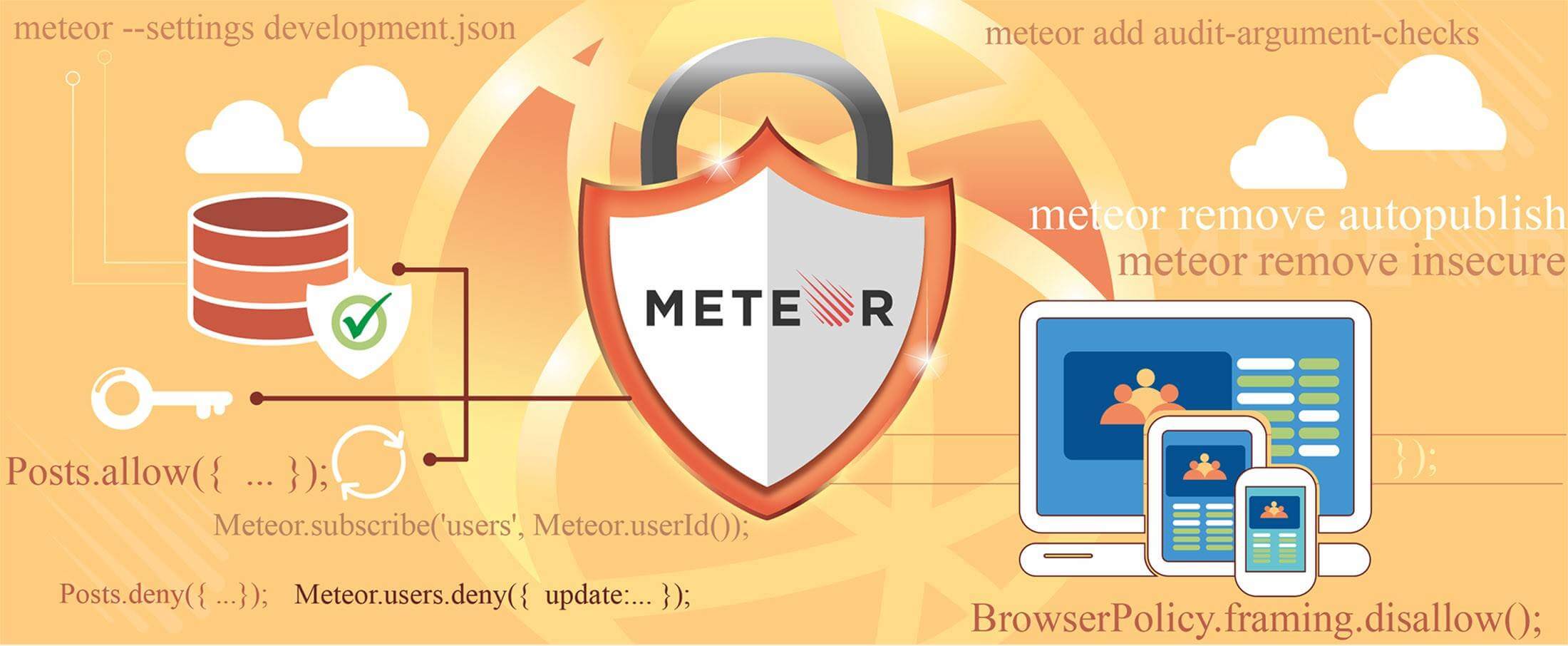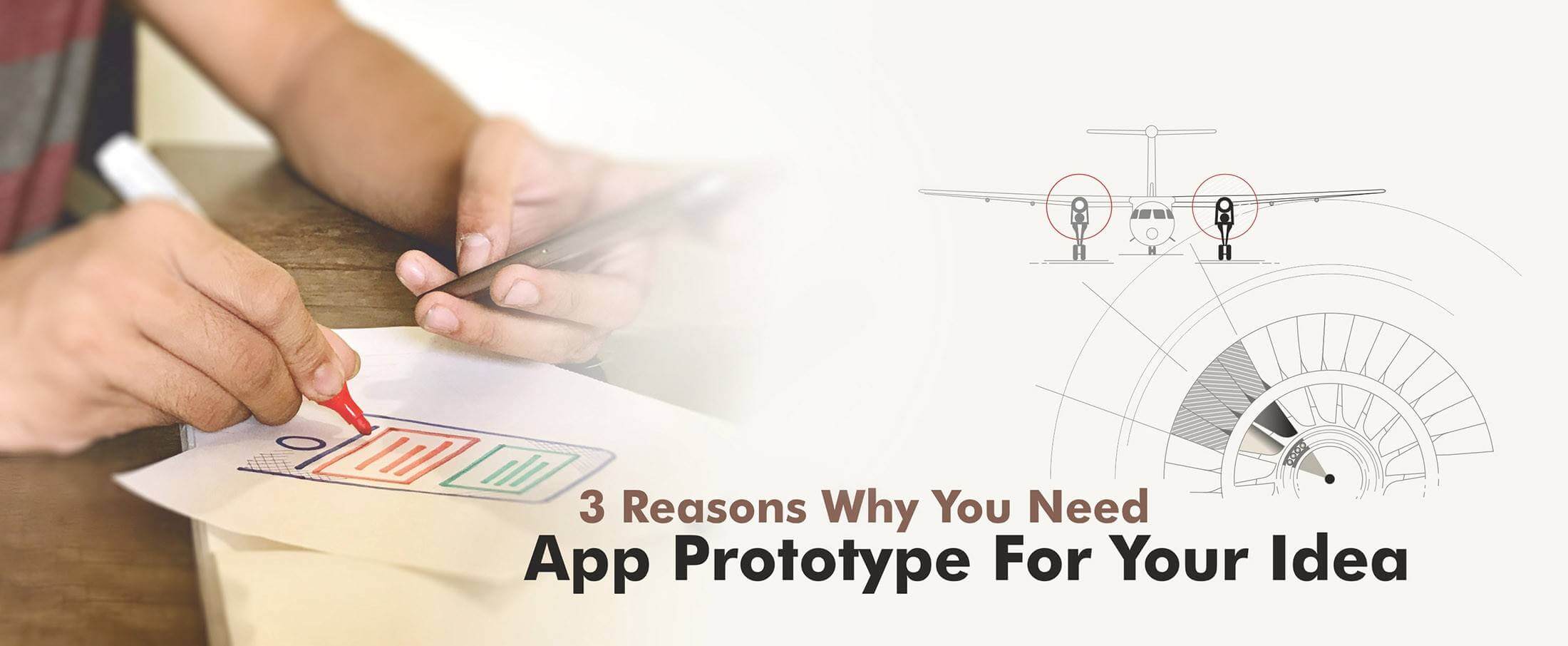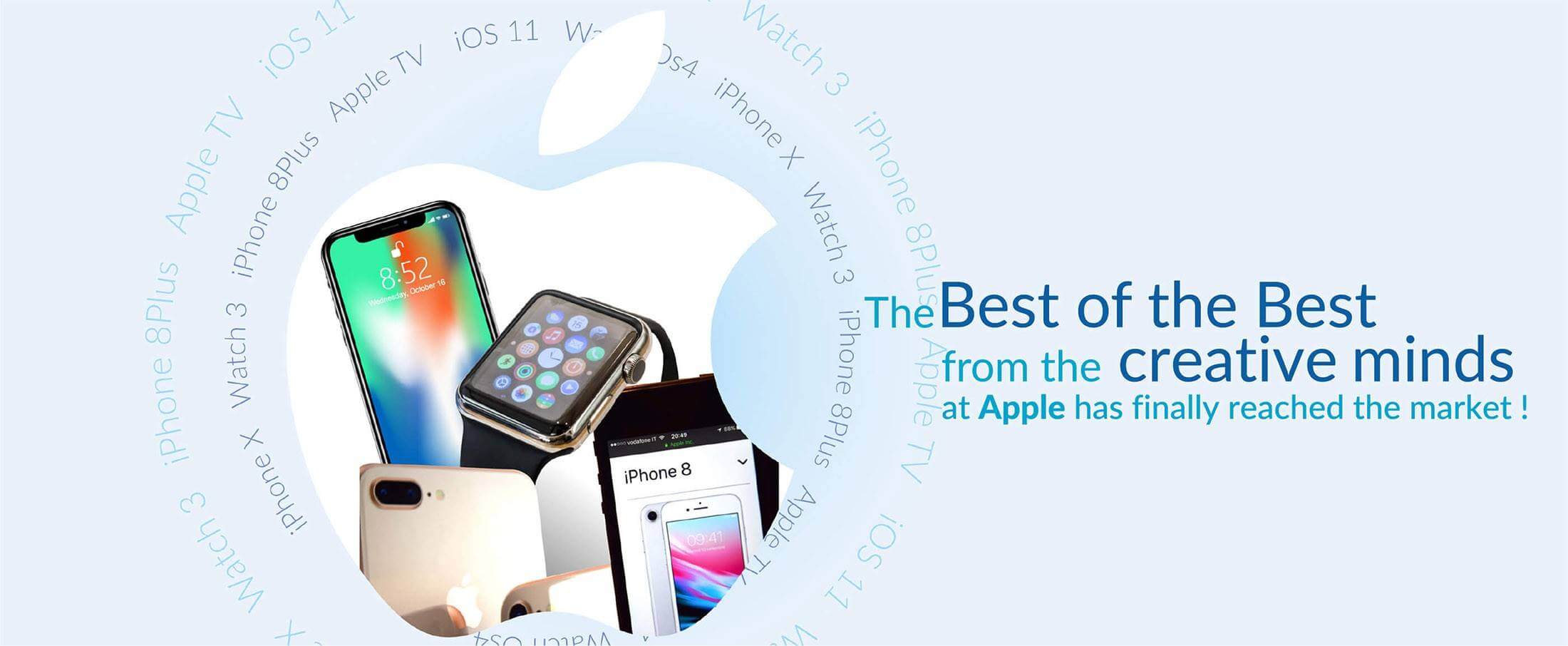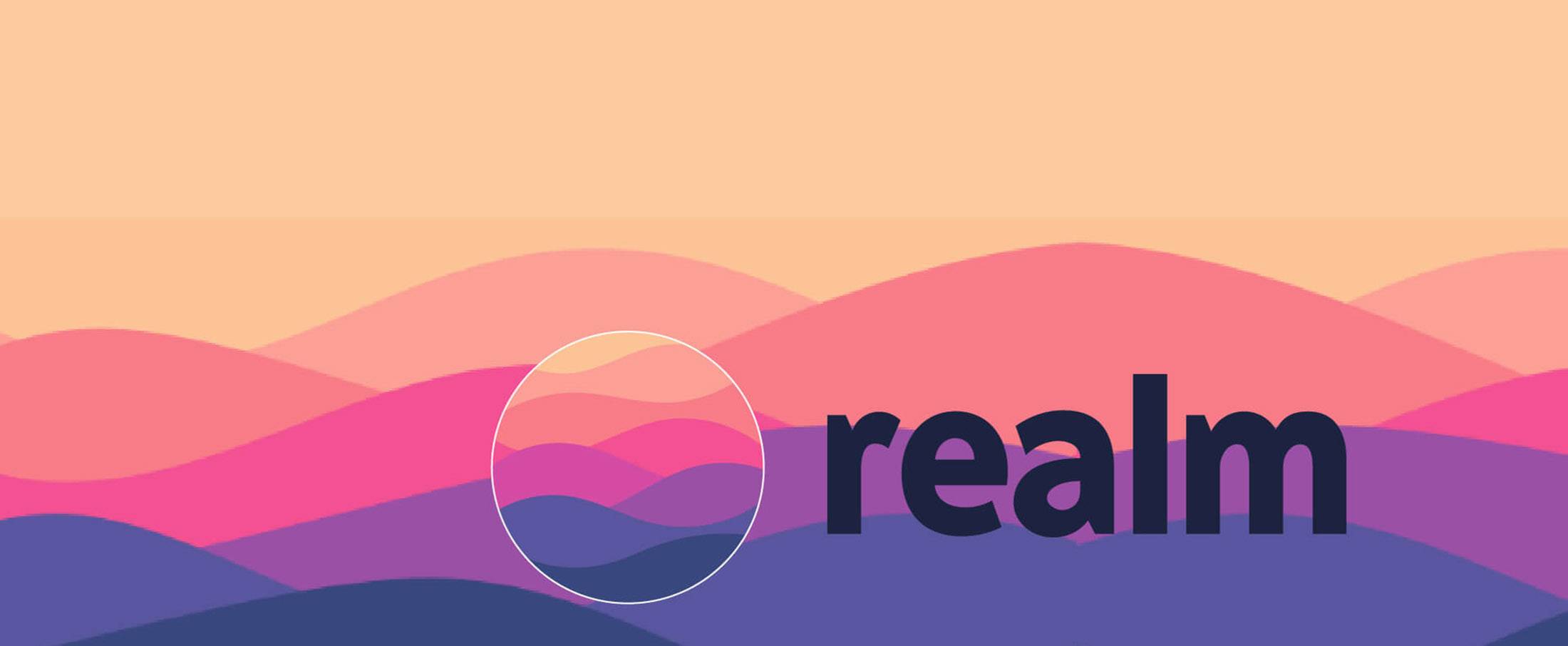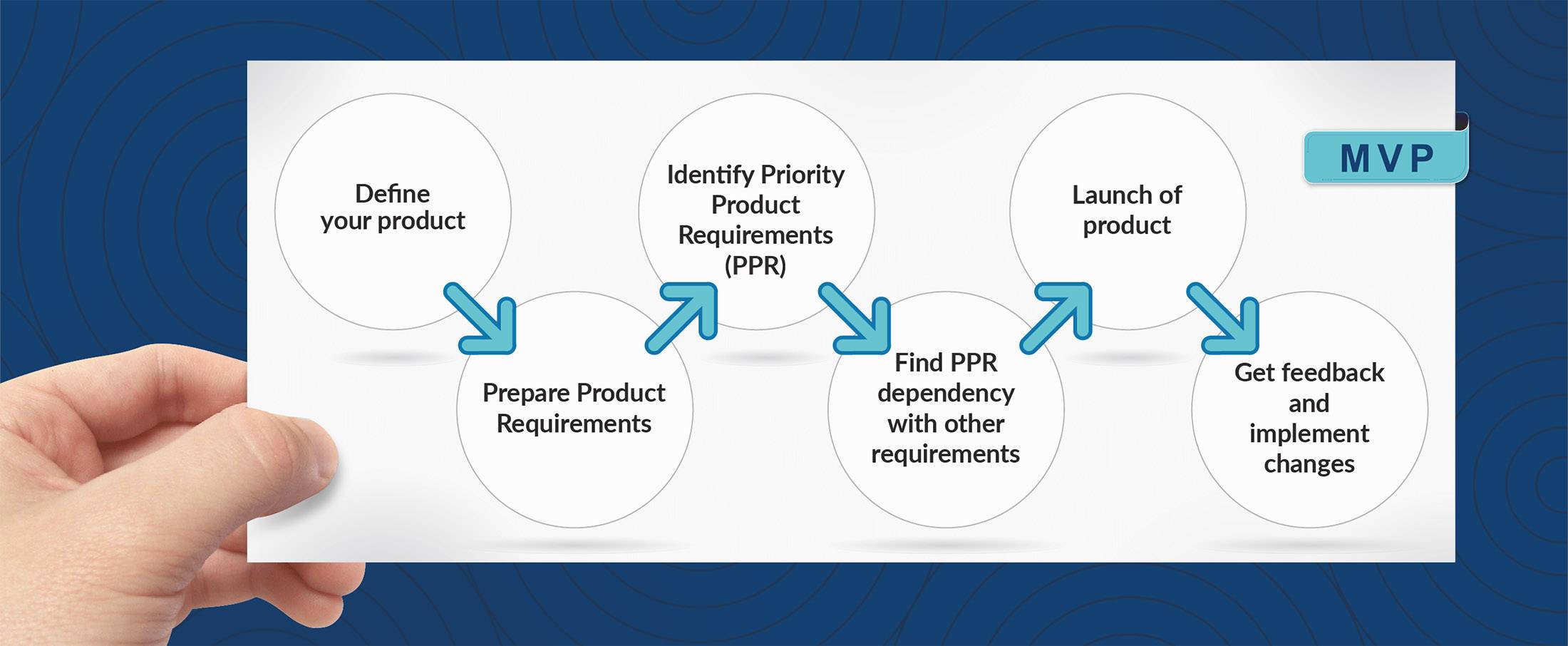IoT for Healthcare
IoT for Healthcare
Using smart sensors connected to the internet to track health metrics and overall well-being is not unheard of. The FitBit fitness tracker is a rather common example of keeping tabs on certain health variables like heart rate, pulse etc. on a daily basis – without medical intervention. People want to know how many steps they have taken, how many calories they have expended, what their heart rate level was during a workout, how many hours of quality sleep they got – and a device like the FitBit makes it so easy.
Physicians and healthcare organizations have their own versions of the FitBit – wearable health trackers that keep tabs on important levels such as blood sugar, blood pressure, etc. This is just one example of how IoT has disrupted the healthcare sector. And it’s a very small example.
Internet of Things and Healthcare

The commercial implications of IoT are huge. It is already a booming industry, soon set to enter the billion dollar league. With an ever-increasing population and expectant longevity of life, optimum management of patients and healthcare resources is a must. Today’s lifestyle has brought with a spate of diseases, both common and life-threatening, and blending technology with healthcare services has managed to take the burden off physicians and organizations, enabling them to manage their activities efficiently. Let’s take a look at some of the uses of IoT in healthcare.
Optimizing ER Wait Times
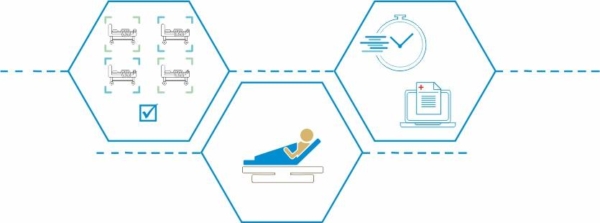
One of the most boring things about going to a hospital is the long wait for the emergency room. Mt. Sinai Medical Center collaborated with GE Healthcare to reduce patient wait time using AutoBed, an IoT driven software. AutoBed basically tracks bed availability with respect to incoming patients, making it easier for the hospital to allot beds as well as know which patient needs a bed more urgently. It also tracks 15 other important metrics to match the right patient with the right bed. A revolutionary application like this will help hospitals manage bed allotment efficiently, saving time and resources.
Real Time Health Systems

Commonly known as RTHS, this system combines Electronic Health Records (EHR) of patients with data connected from wearable devices. EHR is limited to data collected when the patient is at the clinic/hospital/facility. RTHS collects data from device sensors connected through IoHT (Internet of Health Things) and then integrates it with EHR systems to provide immediate feedback to patients and healthcare professionals.
Telehealth
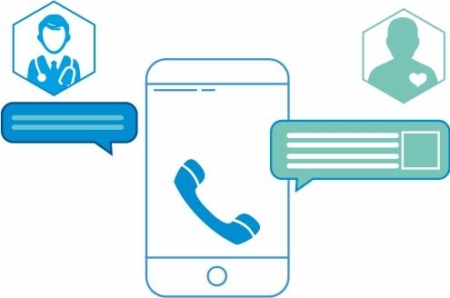
Telehealth is a very popular application of IoT in healthcare. It enables physicians and caregivers to cater to patients remotely. This also helps patients receive timely help in the comfort of their homes. Patients can talk to their physicians or caregivers through video conferencing or calling, and immediately receive the assistance they need. This has been a tremendous contribution to healthcare because it reduces inconvenience to patients who find it difficult to get around, reduces clinic wait time for other patients, and helps the primary caregiver offer immediate and timely assistance.
Motion Trackers
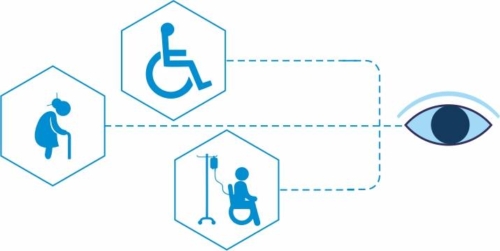
Motion trackers are a part of a revolutionary piece of technology called ‘smart homes’. So what does that have to do with healthcare you ask? Primarily, it allows caregivers keep a track of physically challenged or disabled patients. It alerts the caregiver via a mobile app if the patient falls or hurts themselves by reading motion and movement. Although not primarily medical, this is a significant assistive technology.
Smart Pills
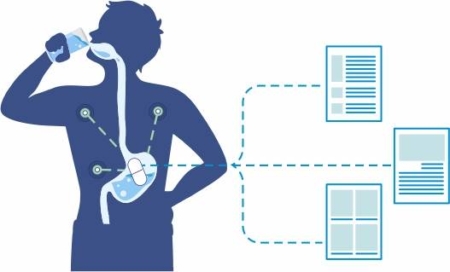
It may seem straight out of a sci-fi movie, but there are actually smart pills in the market today which contain a smart sensor that’s as small as a grain of wheat embedded in them. When patients take this pill, the sensor enters their system and monitors key health variable and metrics. This is truly a revolutionary step in healthcare technology. We can’t wait to see what’s next.
Tracking Hardware Performance
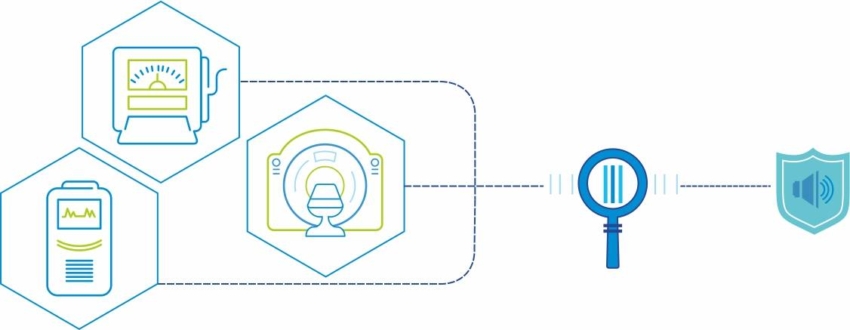
A greater part of the healthcare industry makes use of complicated and often costly machinery and hardware. They are susceptible to plenty of risk such as power outages, short circuits, malfunctions, etc. Owing to the cost, availability and need of these machines, they need to be protected from such risks. There are apps to take care of this. For example, Philipps has come up eAlert, an IoT driven app that alerts hospitals of potential damage to any equipment. Quite handy, eh?
As much as technology has served to make the healthcare industry more automated and efficient, it does face some significant challenges at the moment. What are the negative implications of IoT on healthcare?
Challenges that IoT Faces in Healthcare
Security Threats
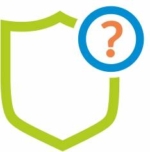
The biggest threat to data shared via and stored in electronic devices is its security. And this is a pertinent threat to healthcare data and a concern for regulatory and governing bodies. Organizations typically store data in encrypted form; however, security issue rises at points of data exchange.
Too Many Devices
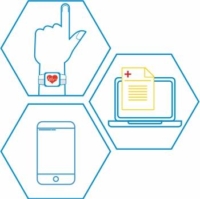
In today’s scenario, there are varied and scattered applications and devices that collect different data. For example, one app may be tracking heart rate while another device might be tracking blood sugar. The problem here is that there is no homogeneity in these devices, and manufacturers do not have a set of norms or standards for integrating data. This has led to problems in accessing, collating and grouping the data for analysis and storage.
Too Much Data
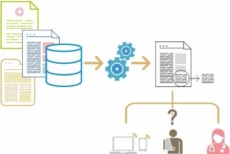
The quantum of healthcare data today is monumental, and sifting through it is another major challenge to the industry. Besides collecting and sorting the data actually analysing it to find actionable results is the real challenge. And without many analytical tools or programs available, being able to pinpoint relevant data for providing the right treatment is the real challenge here.
Conclusion
Healthcare has come a long way with infusion of technology. IoT is paving new paths for further innovation and increased efficiency. Although there are some significant challenges along the way, the current pace of innovation will definitely find actionable solutions. One thing is for certain – Internet of Things is not done with the healthcare industry. We can be rest assured of many more ‘miracles’ to come.
- EHR
- EMR
- Healthcare
- IoHT
- IoT
- RTHS
- Smart Pills
- Telehealth
Mobifilia
30 November 2018
